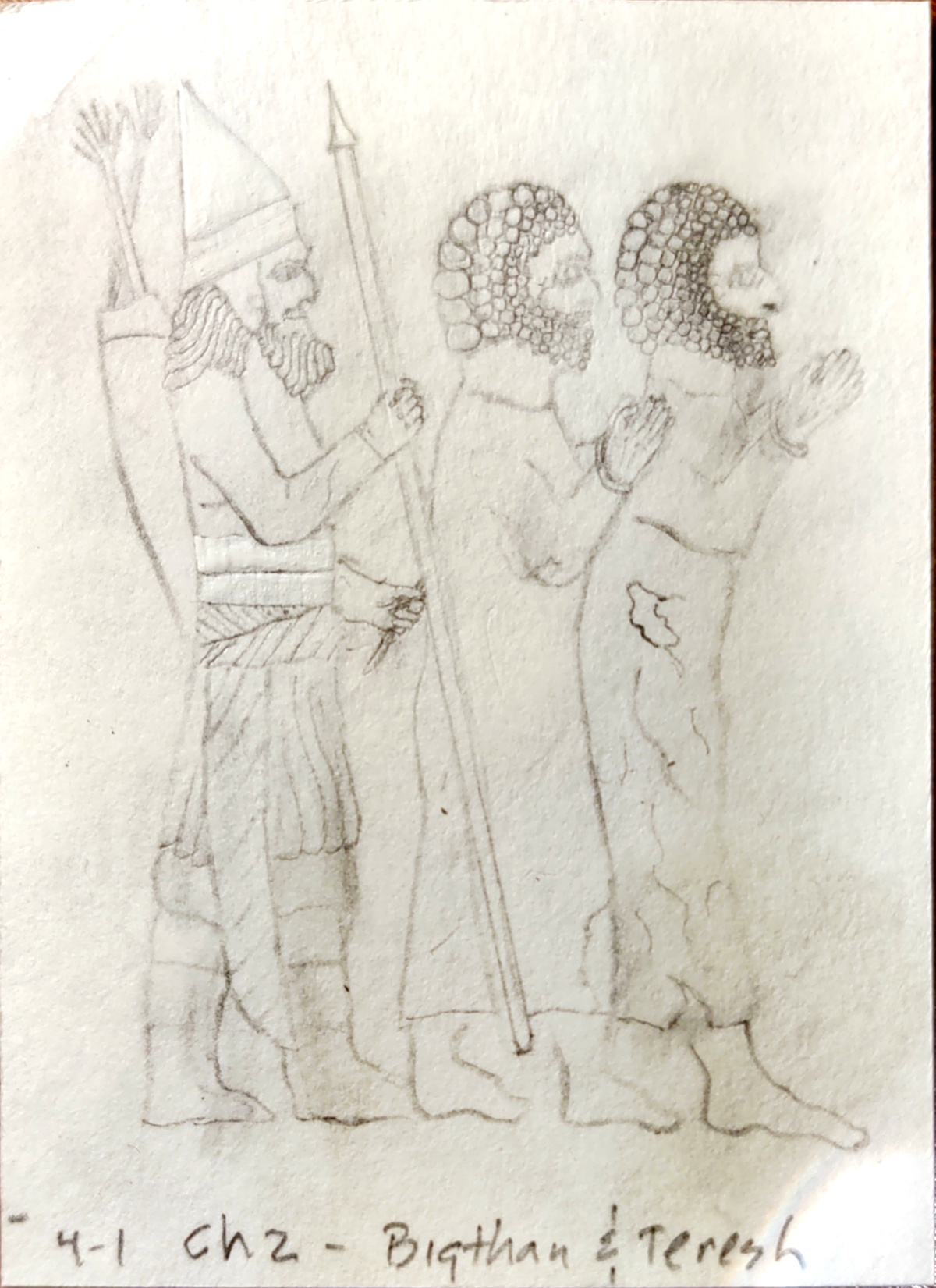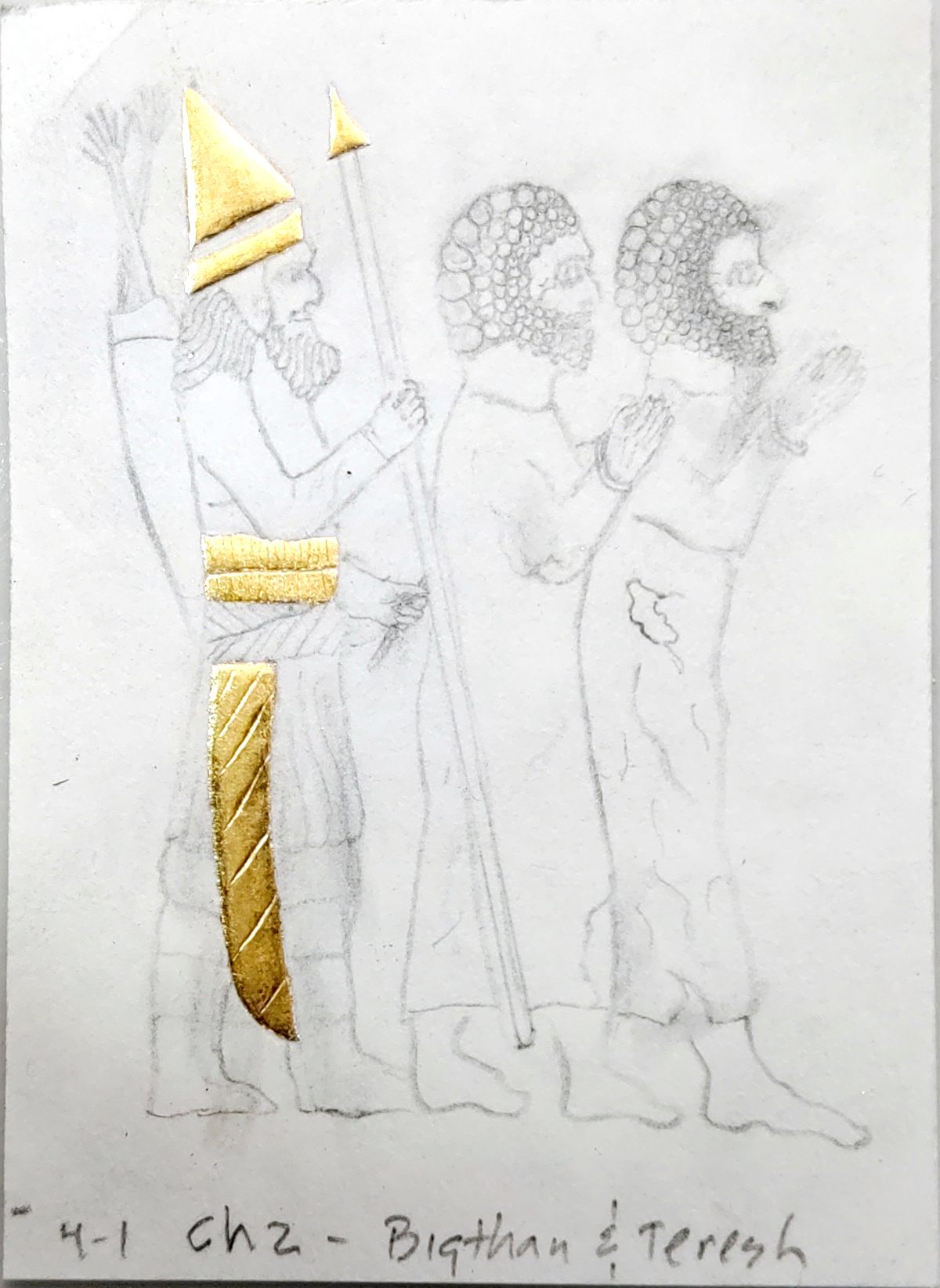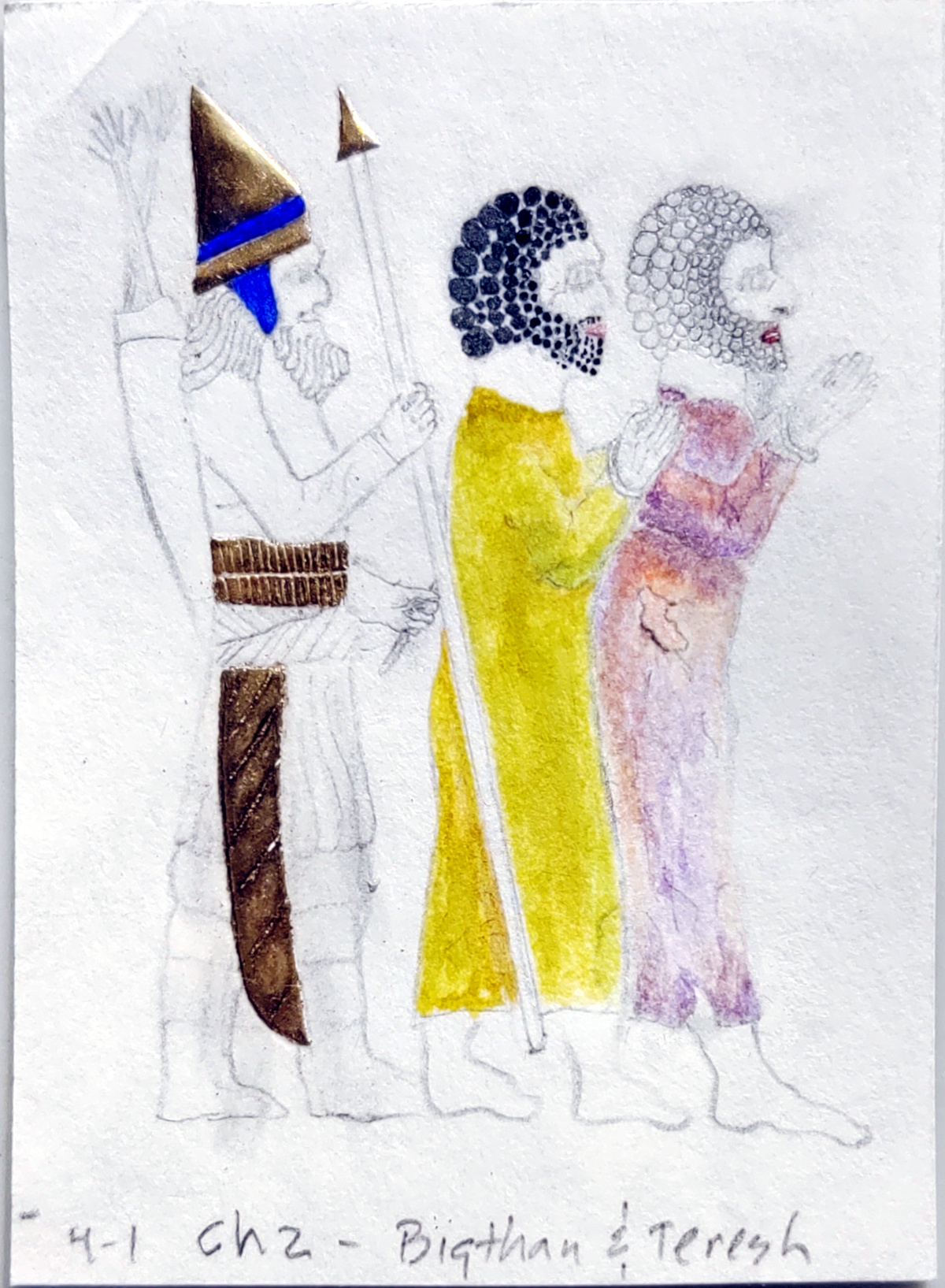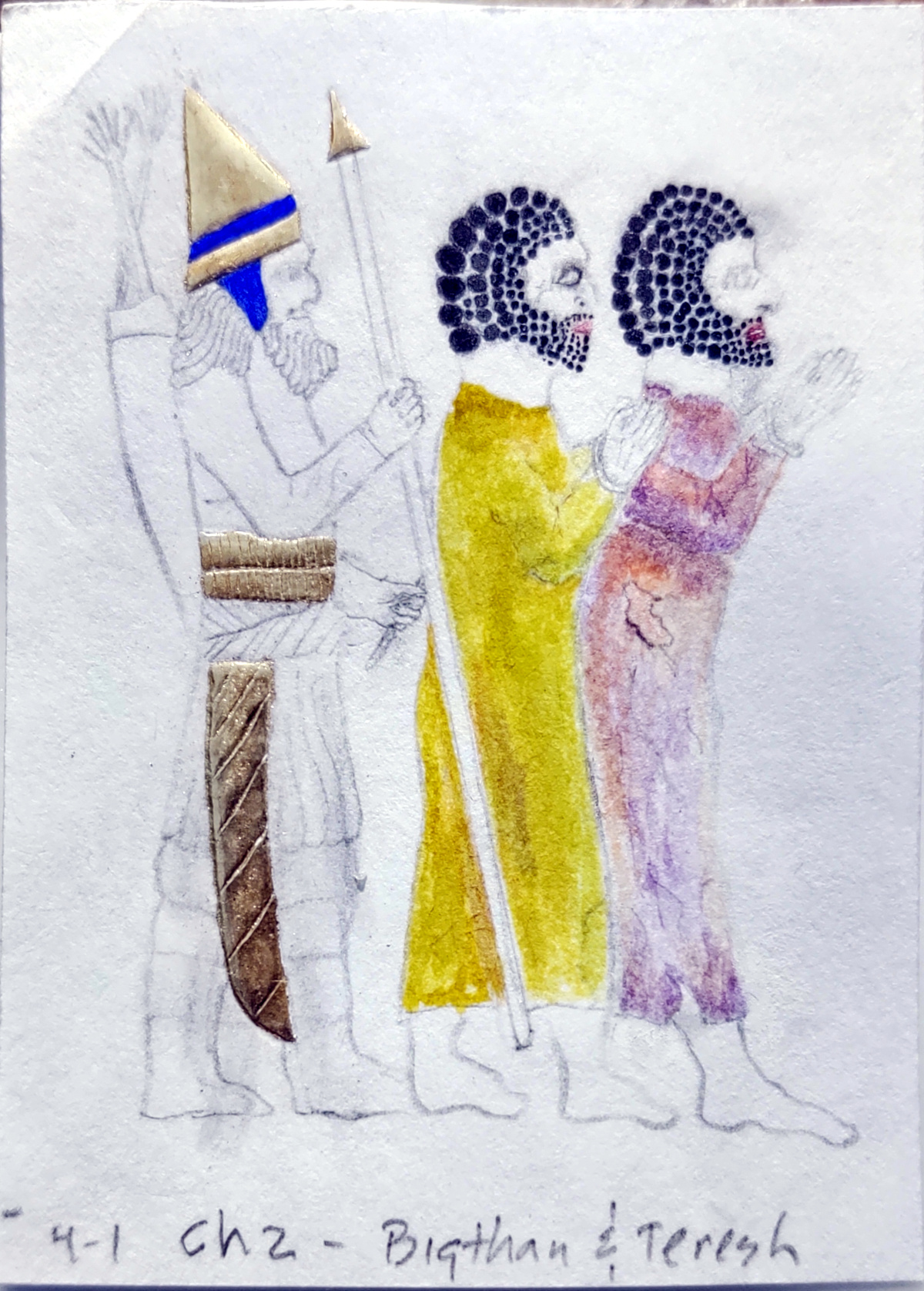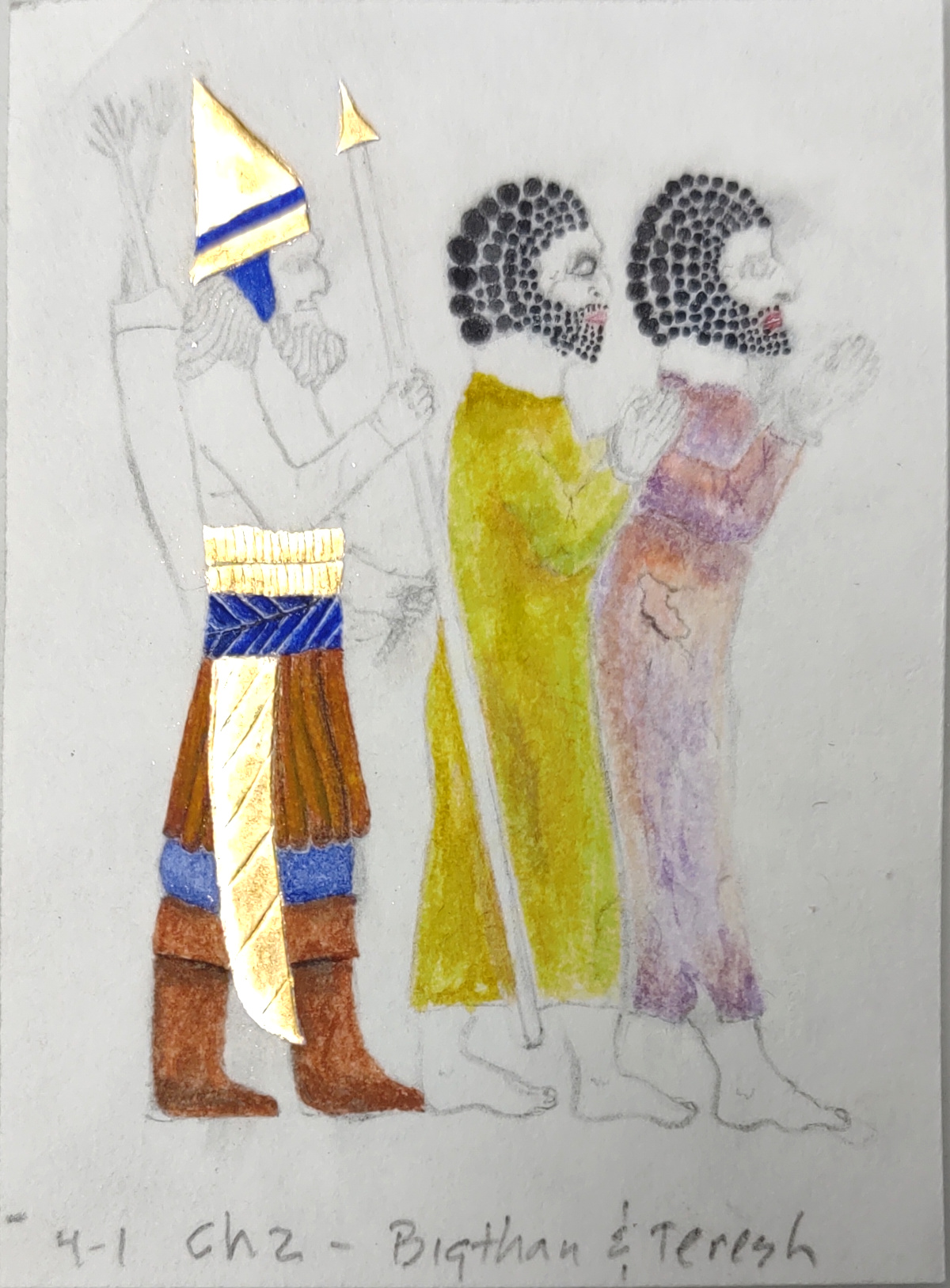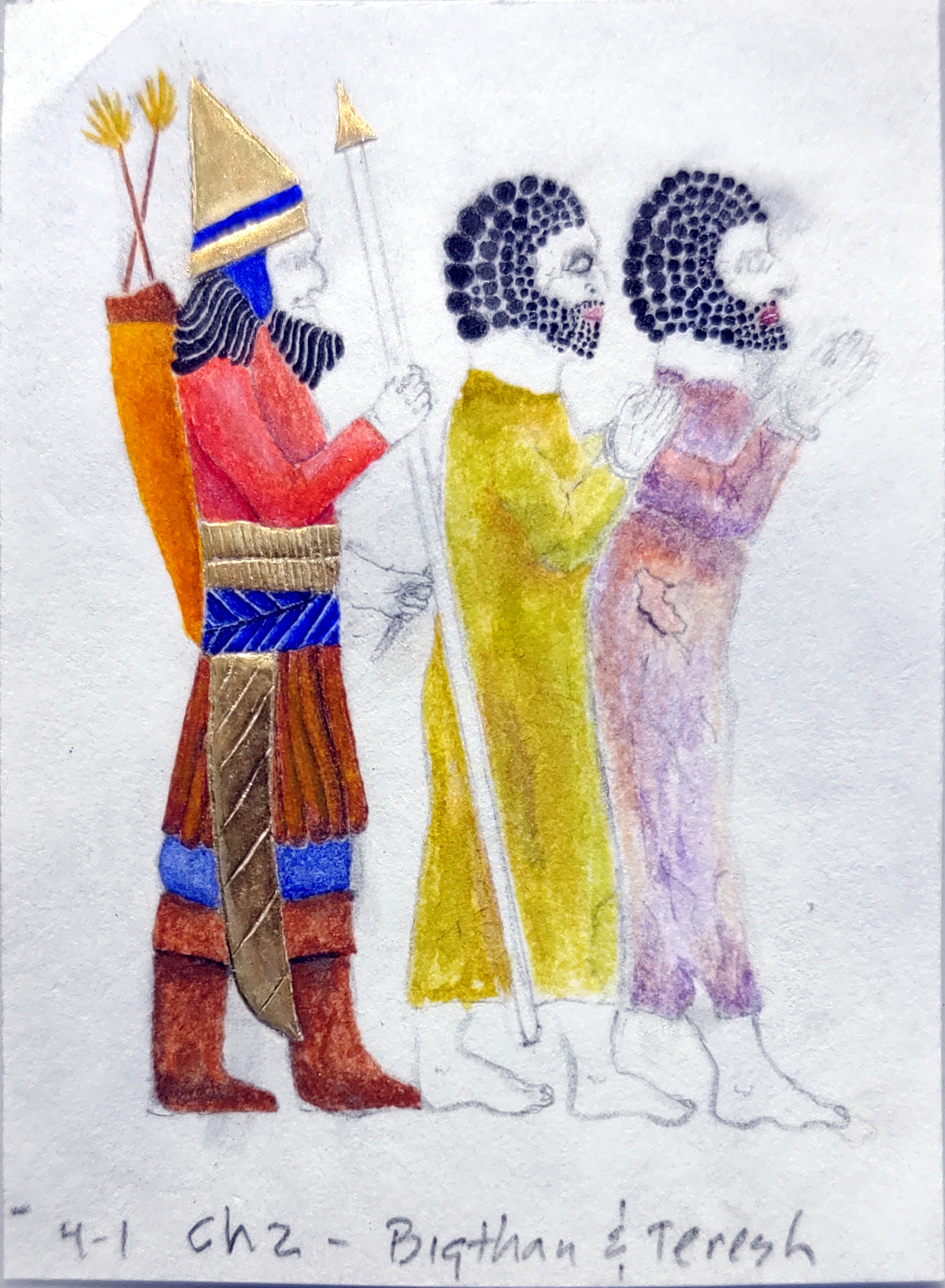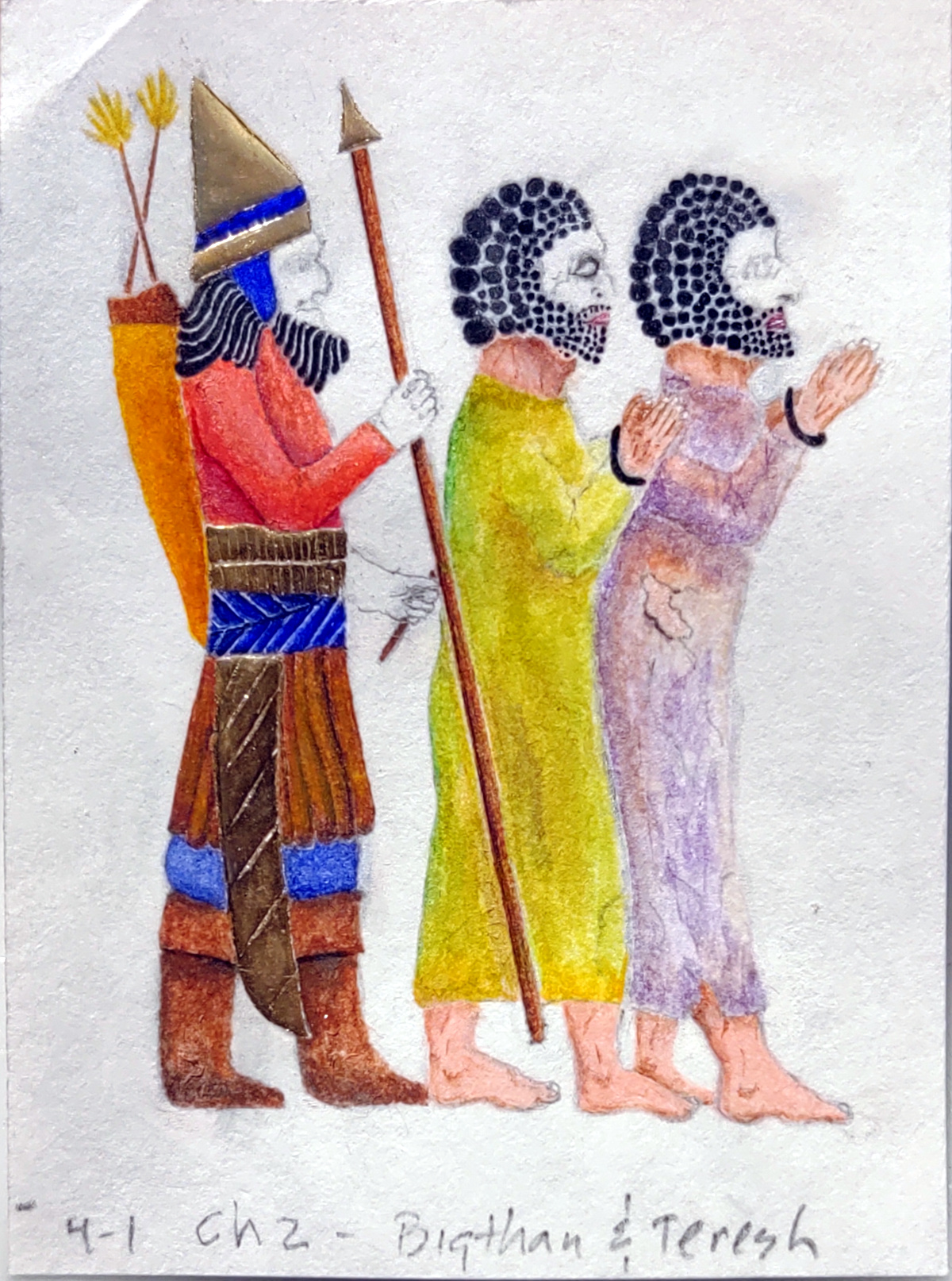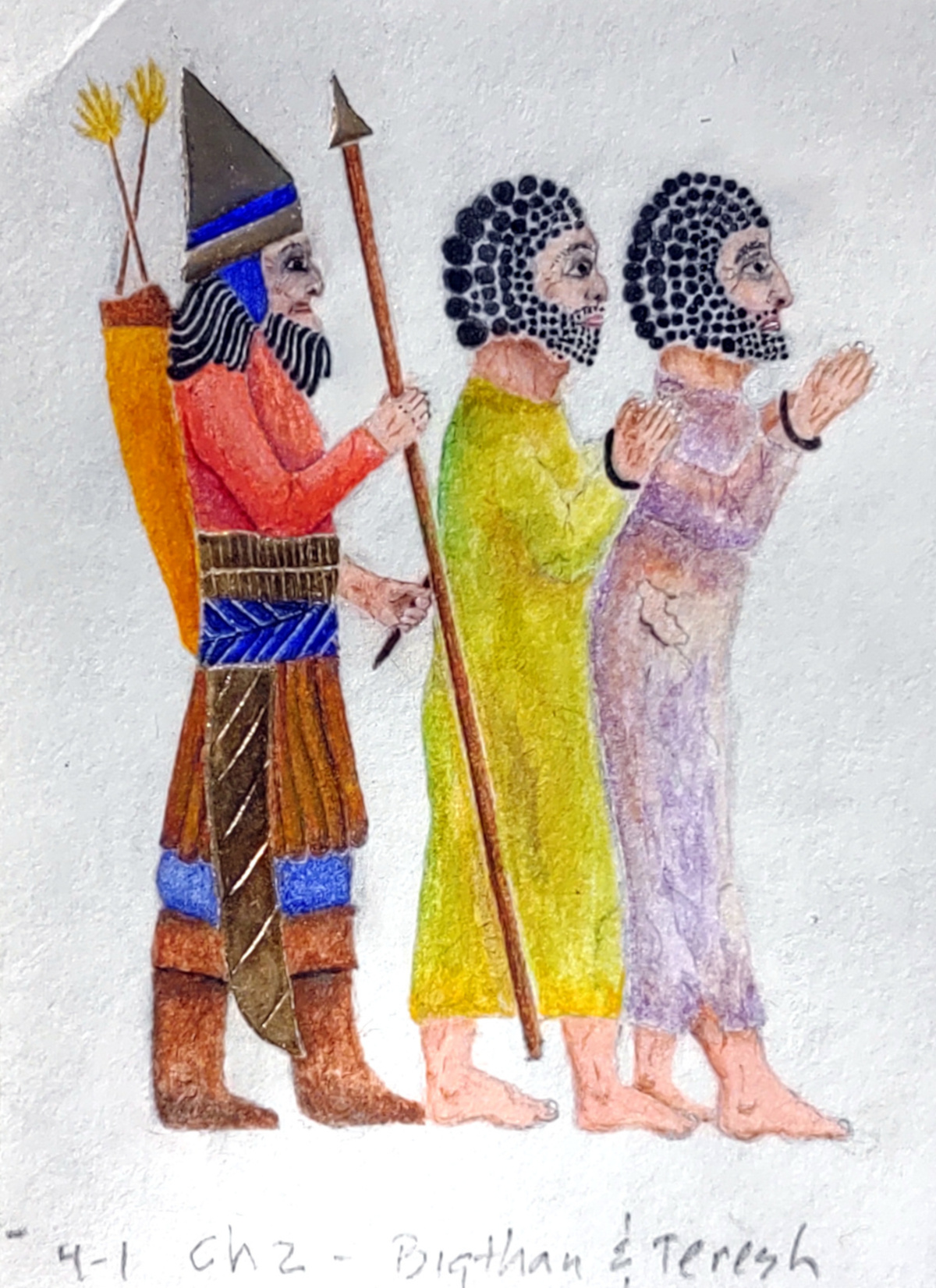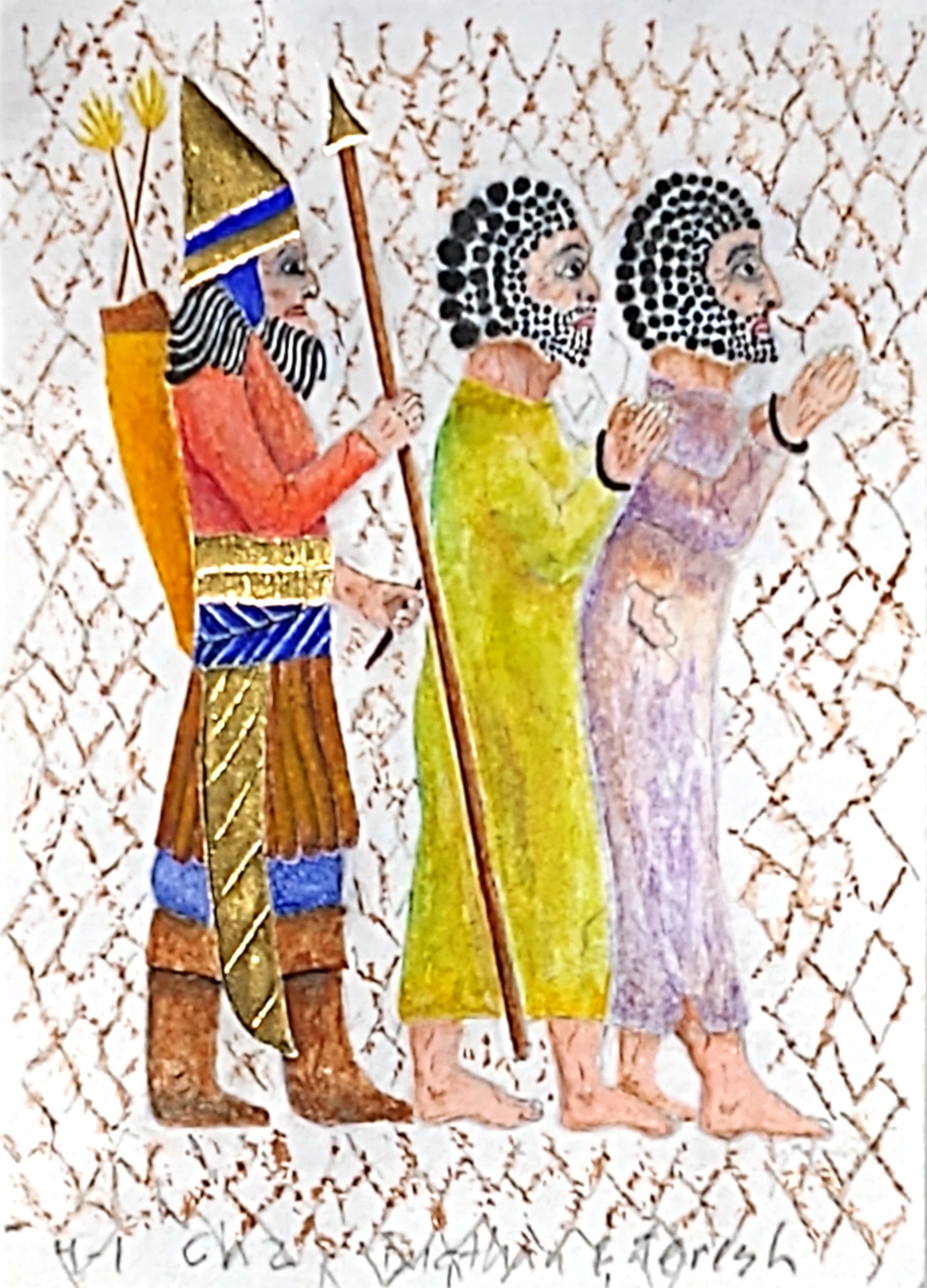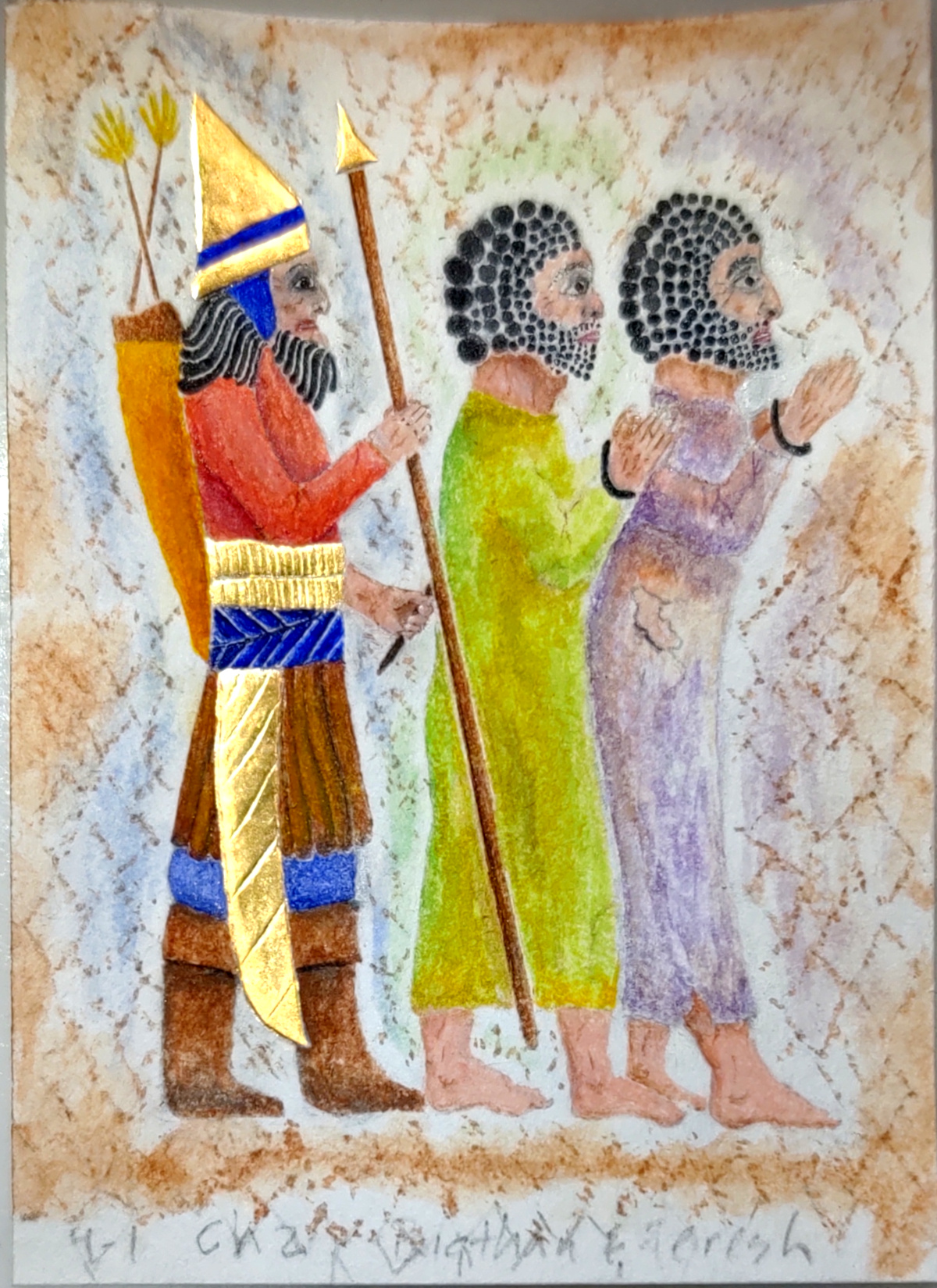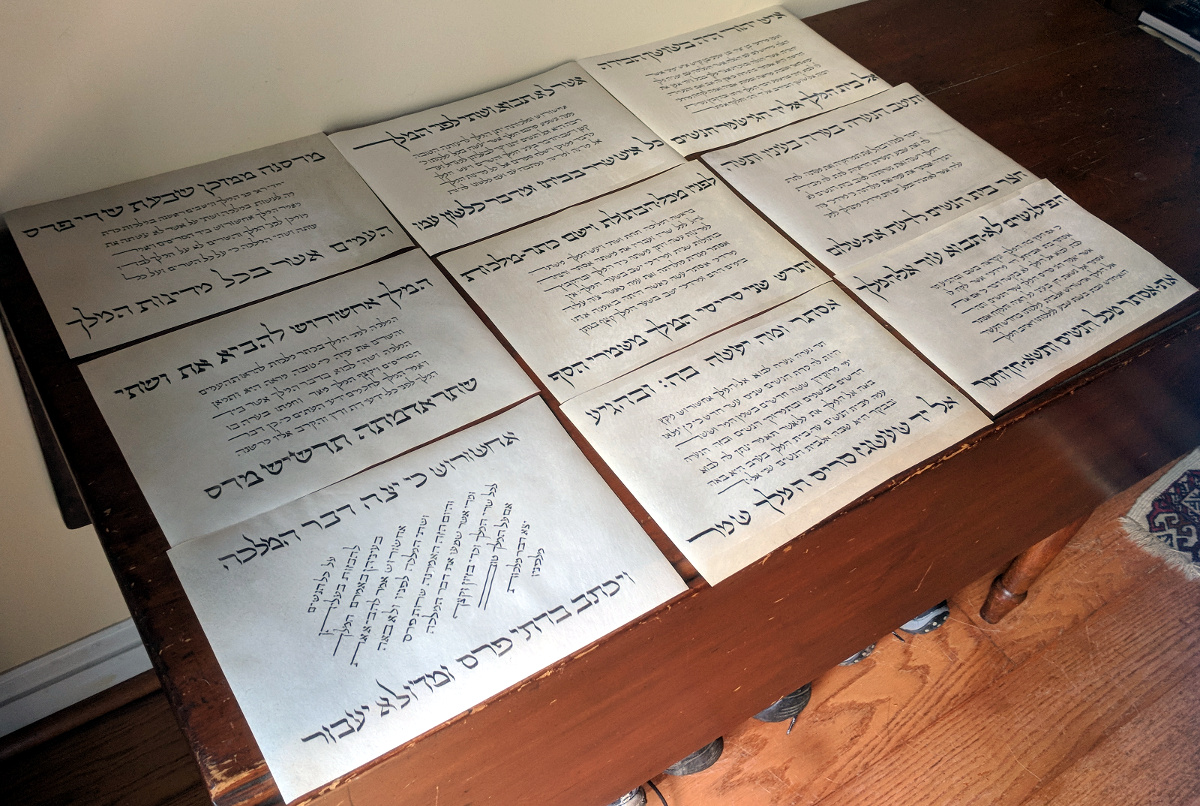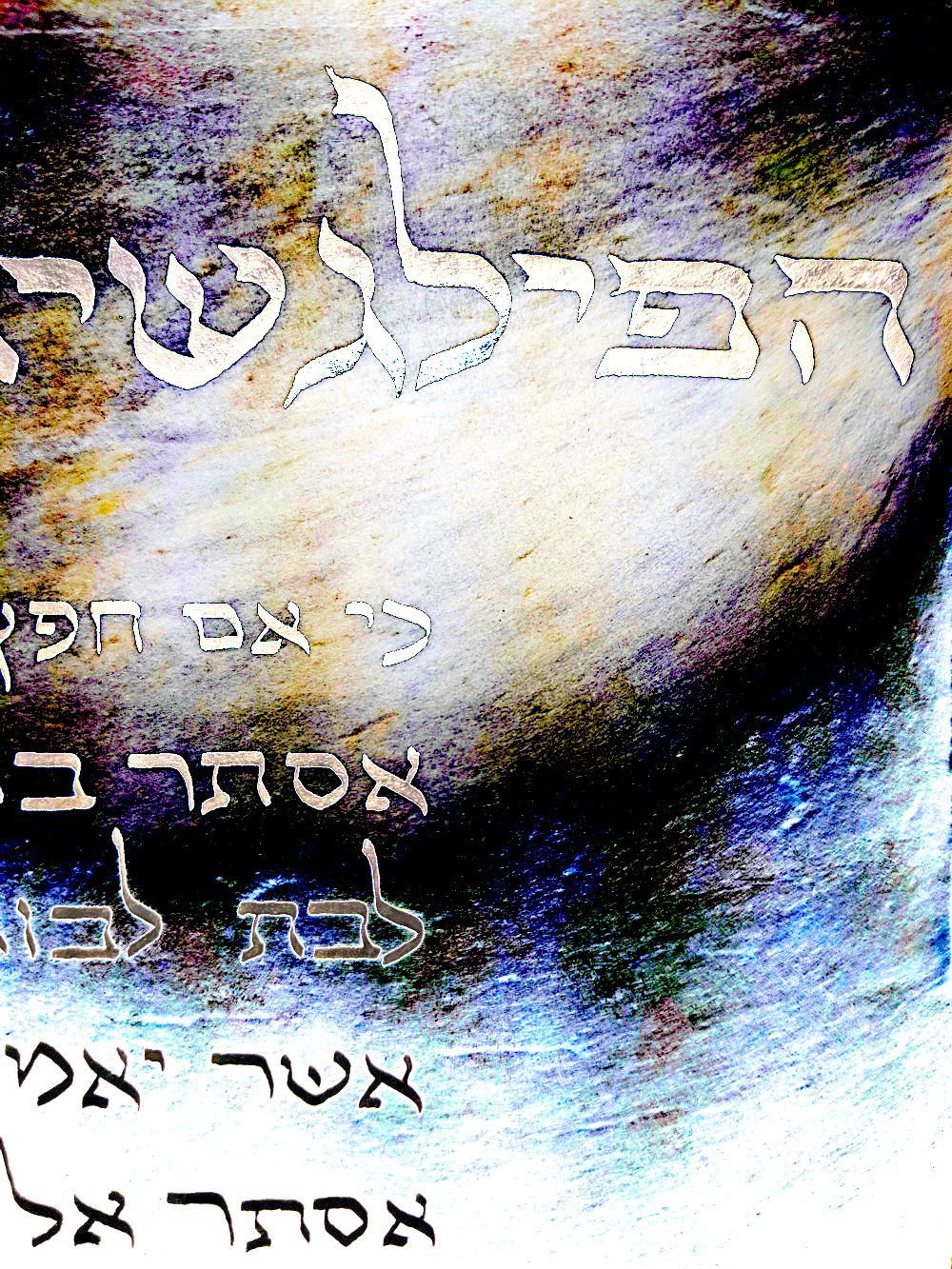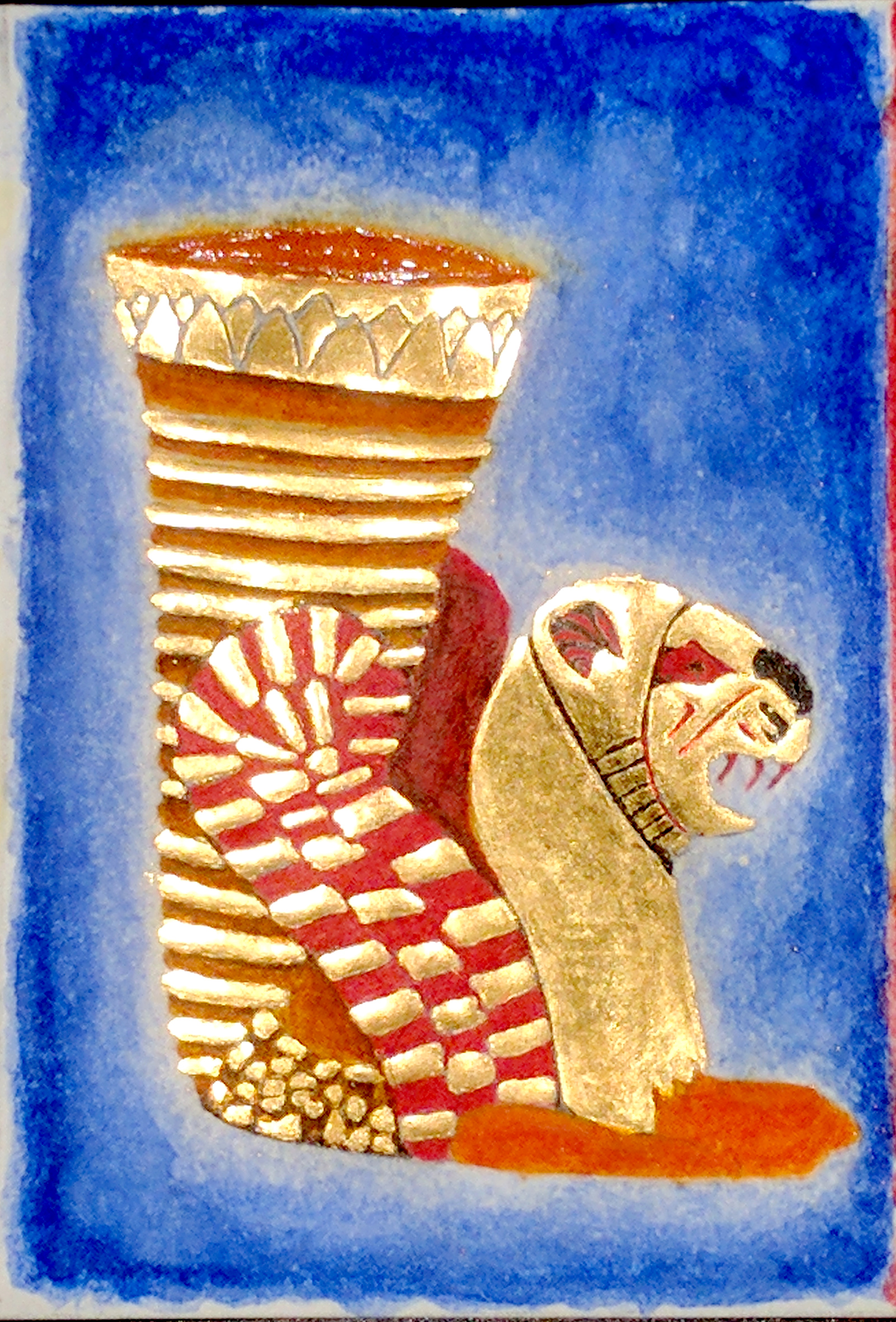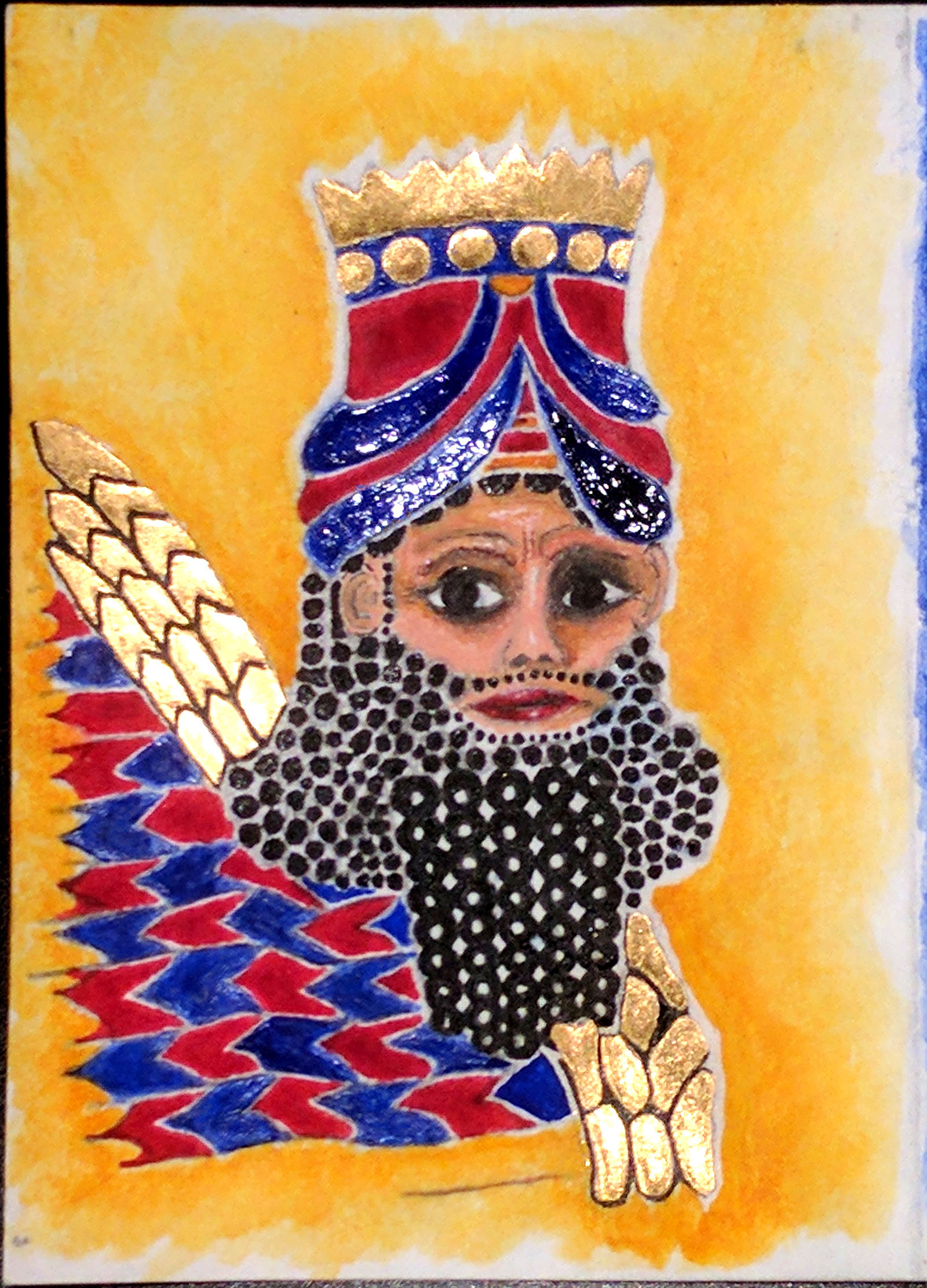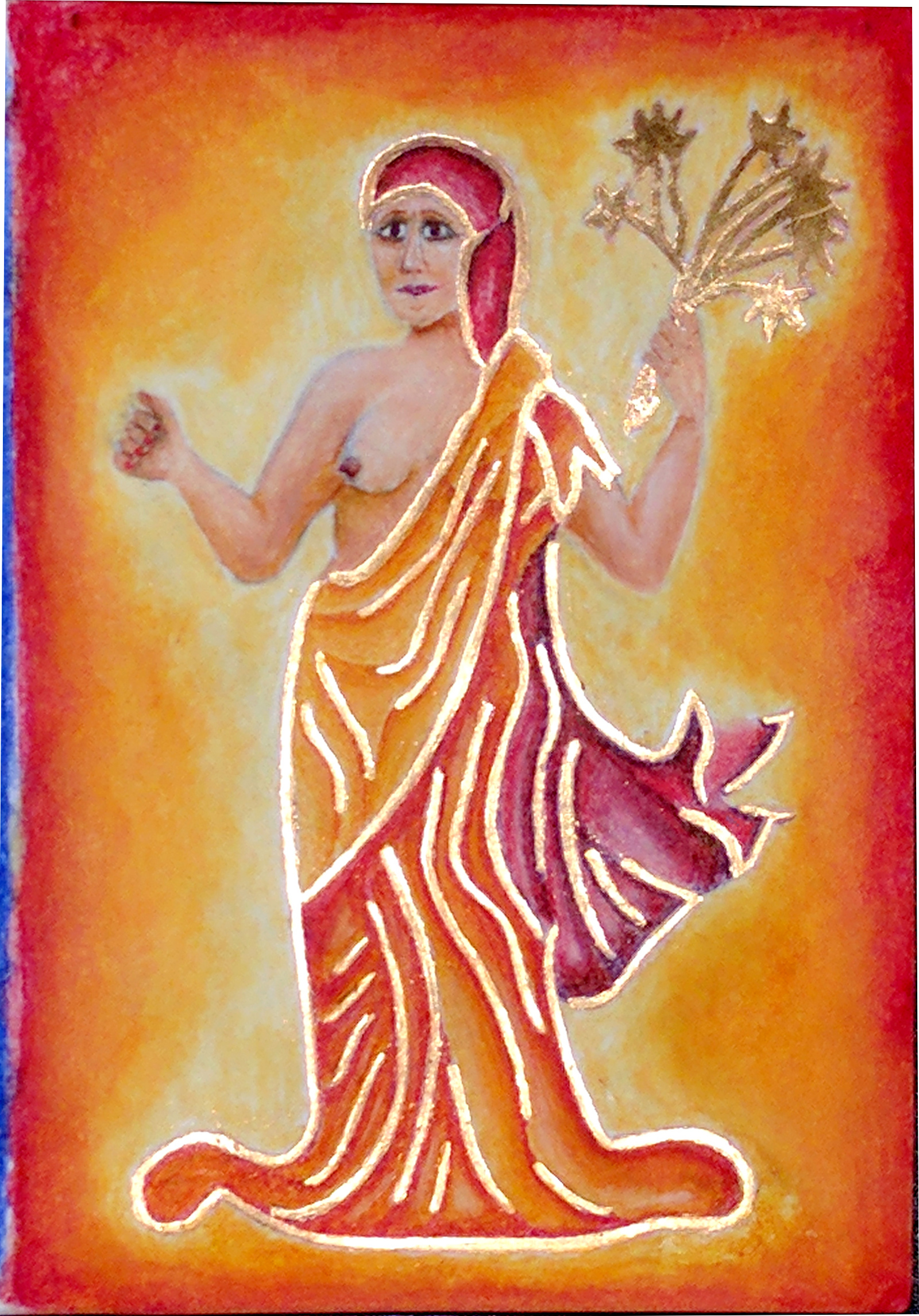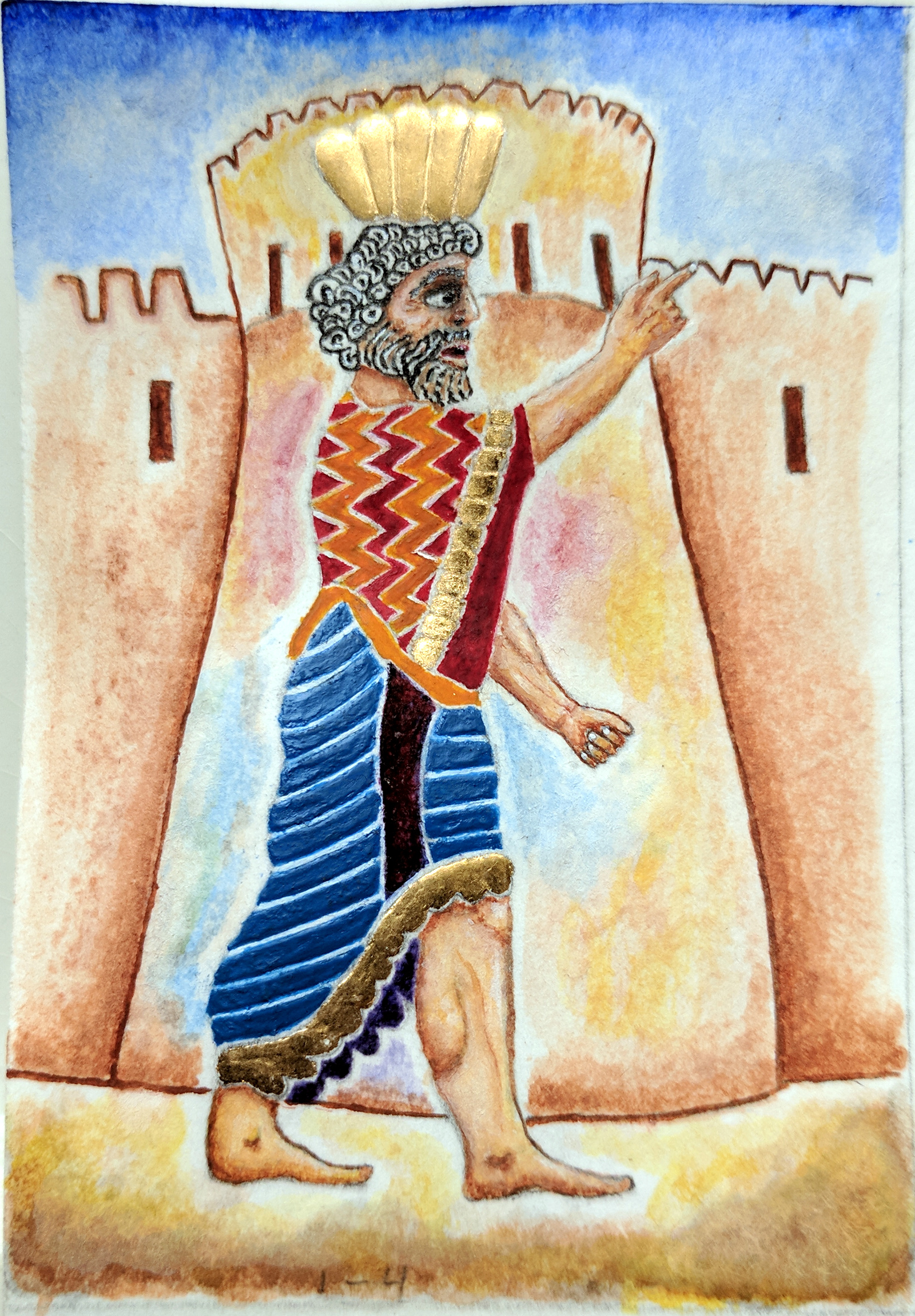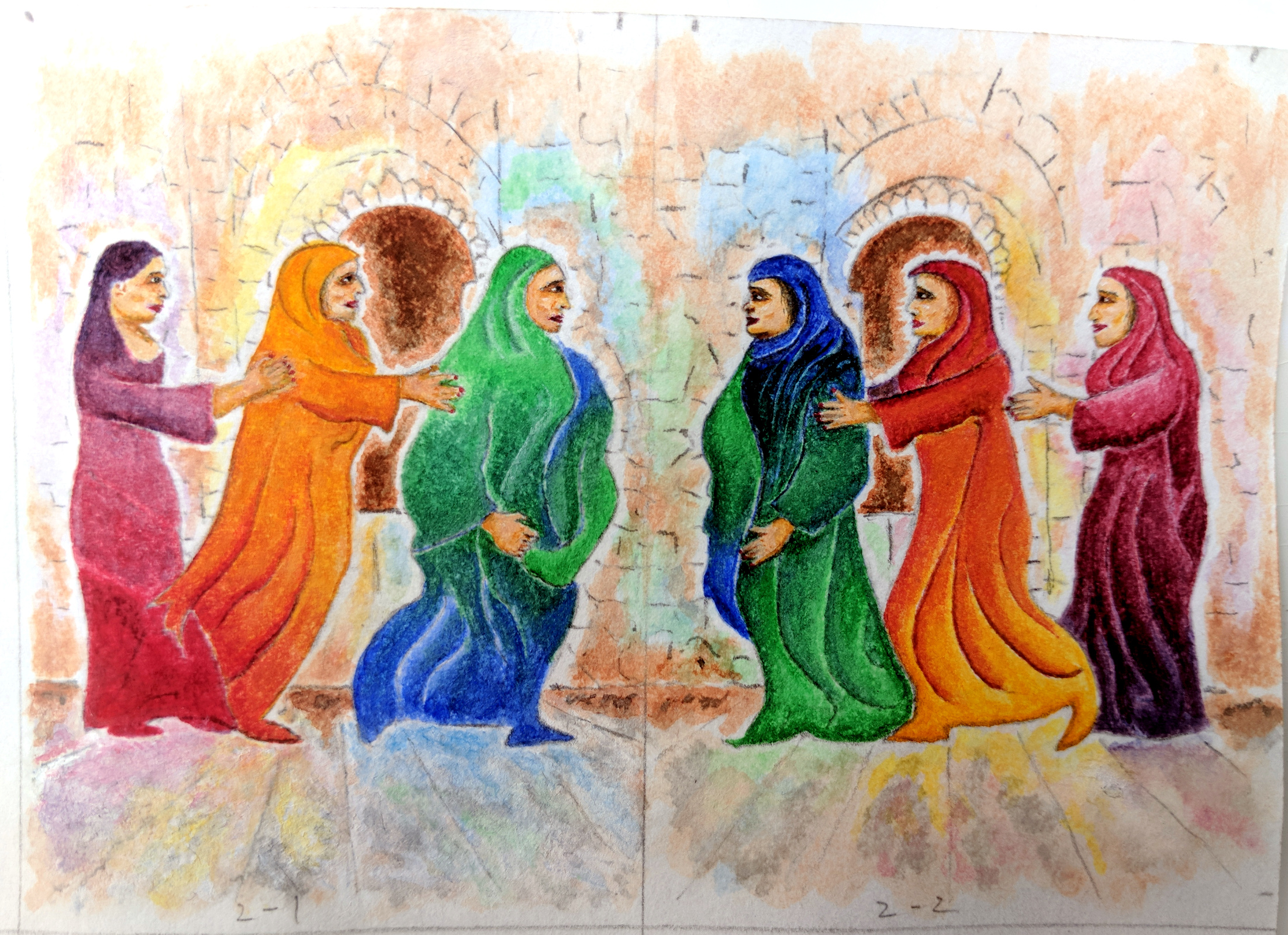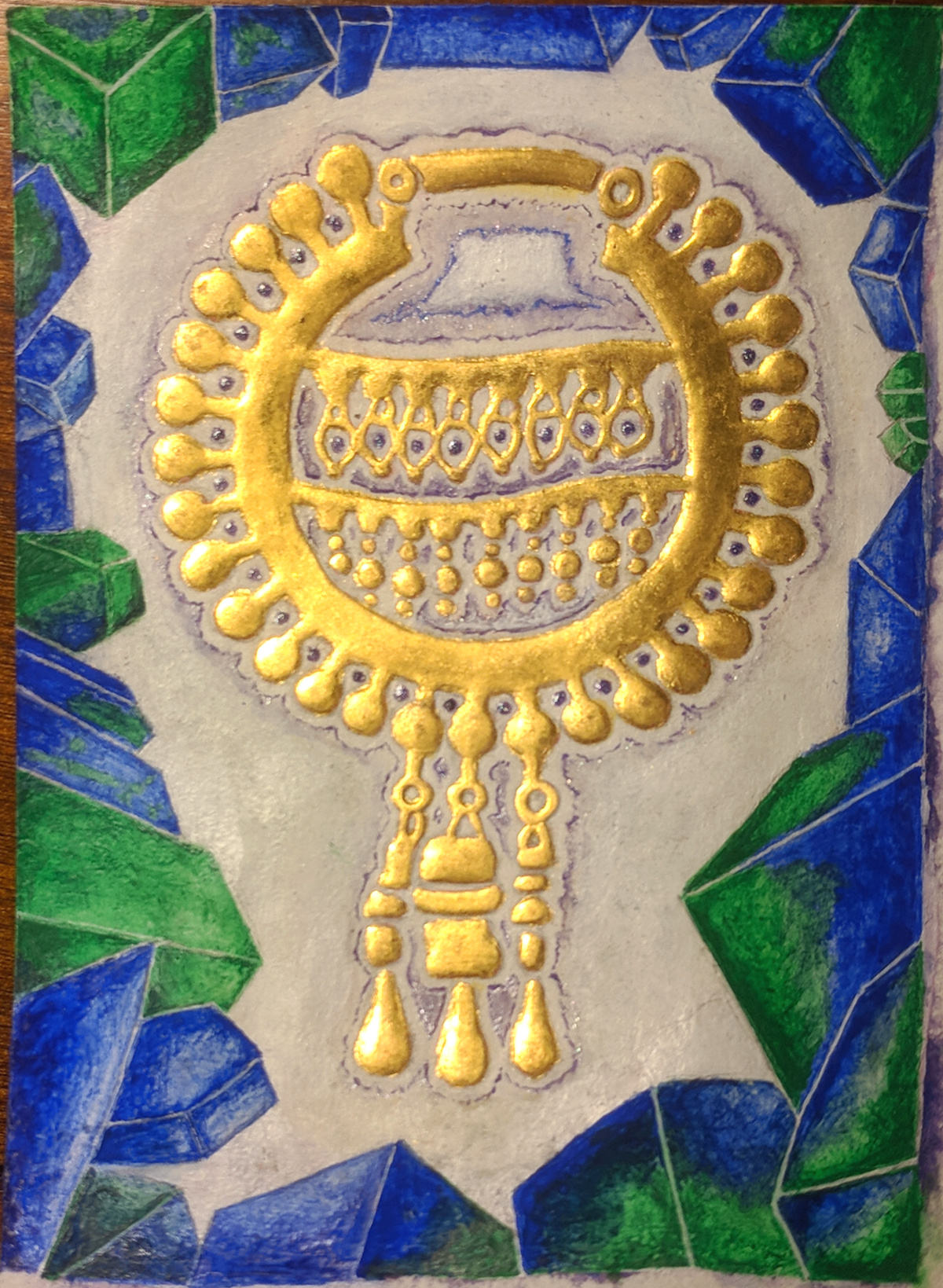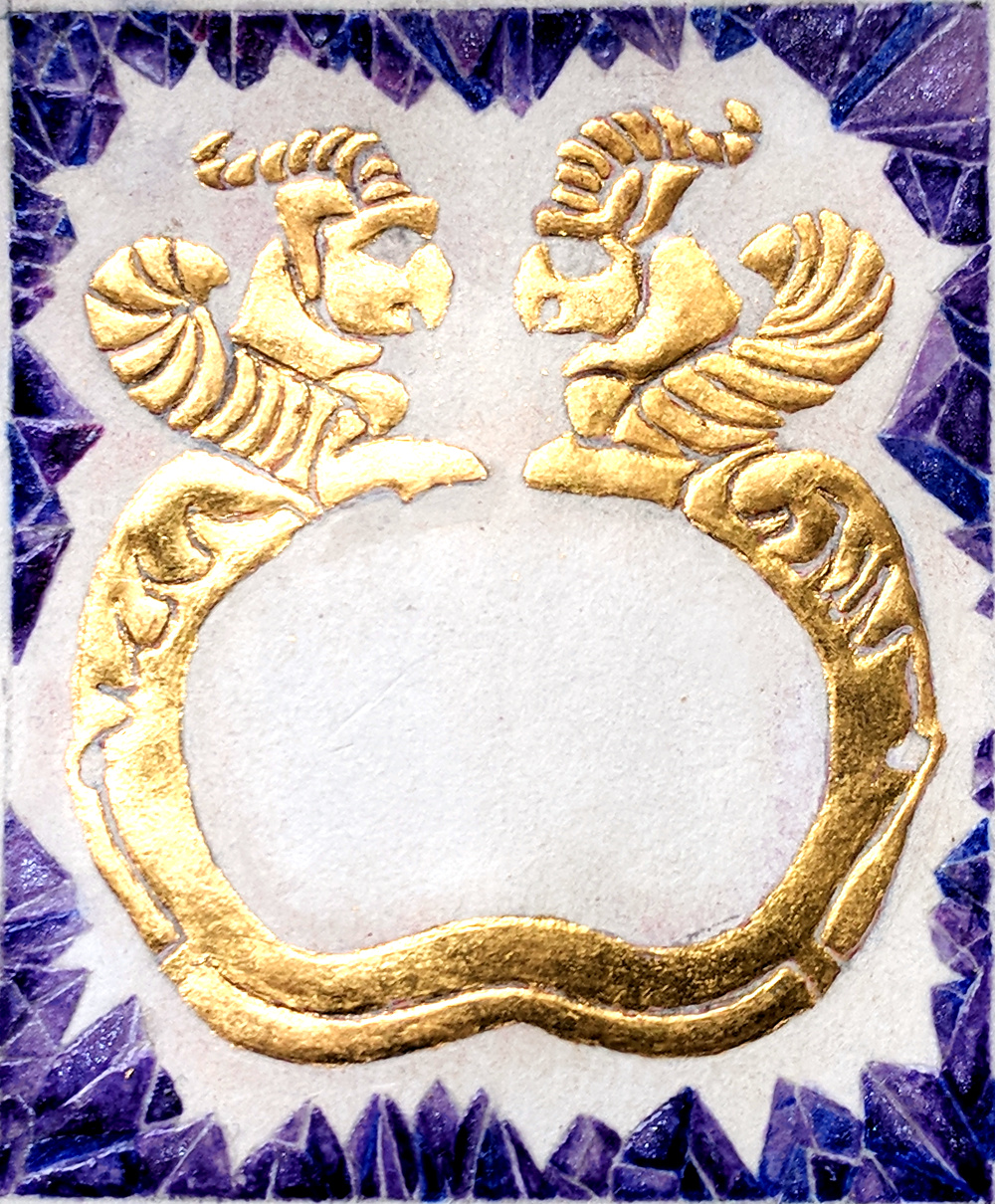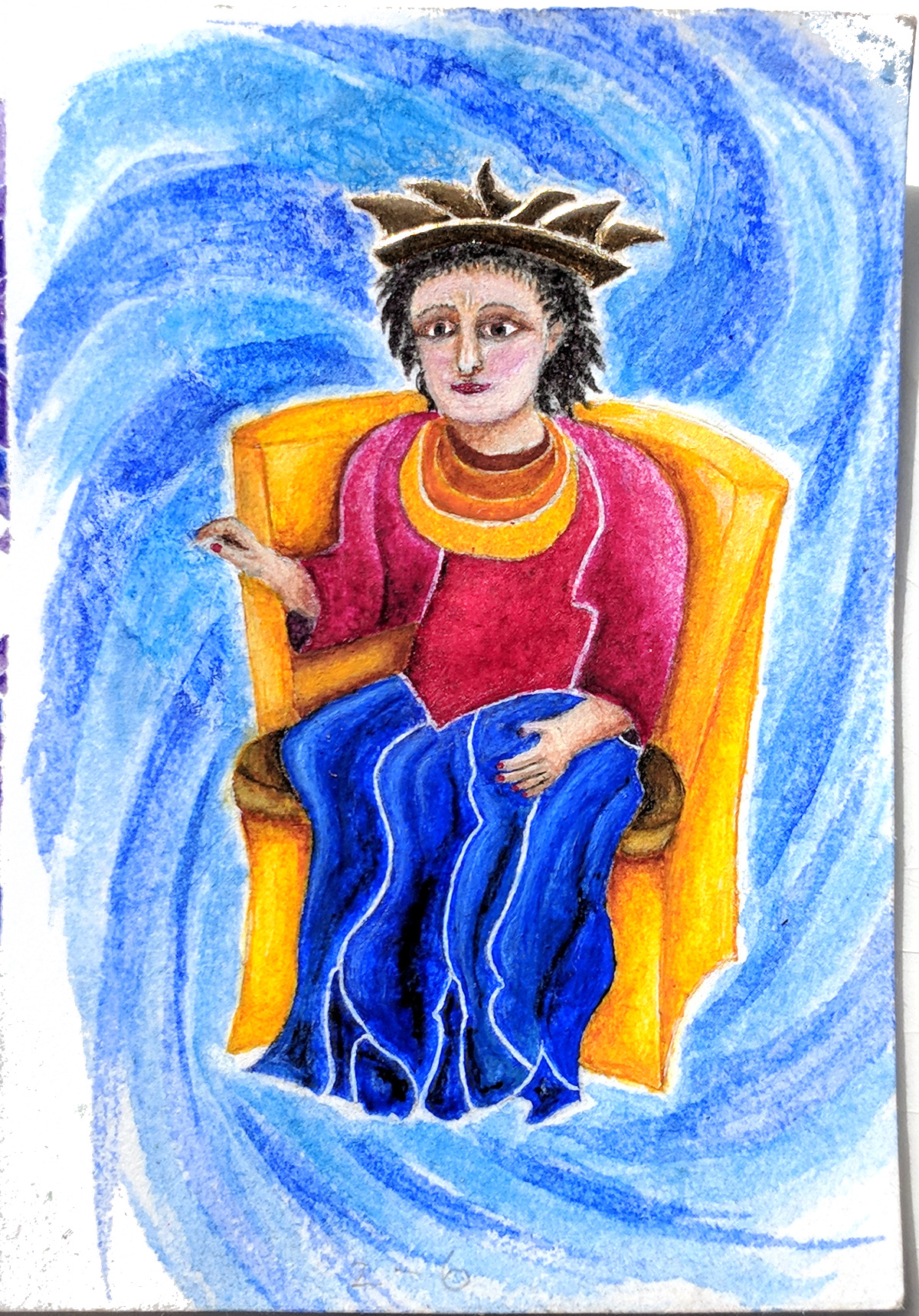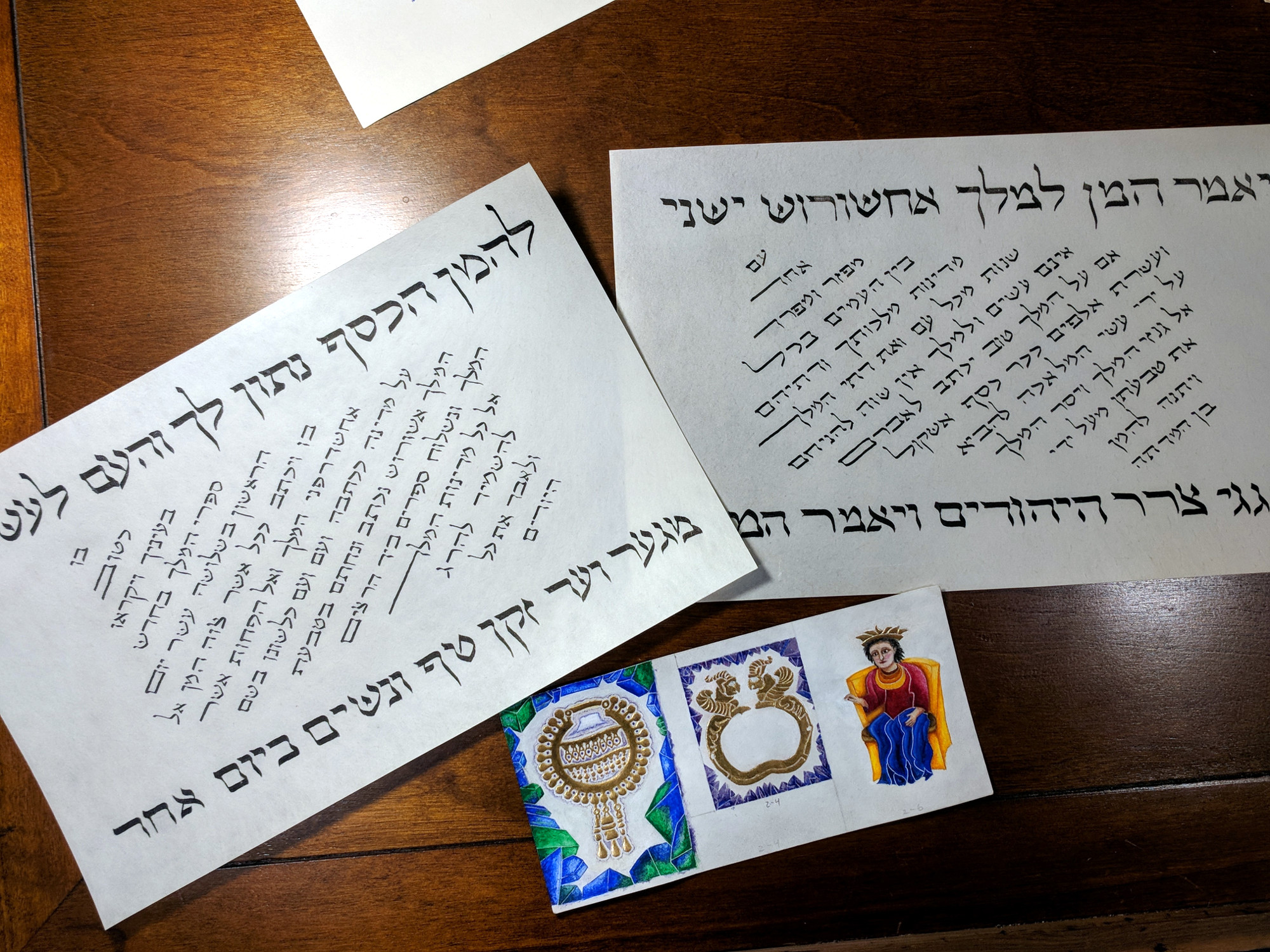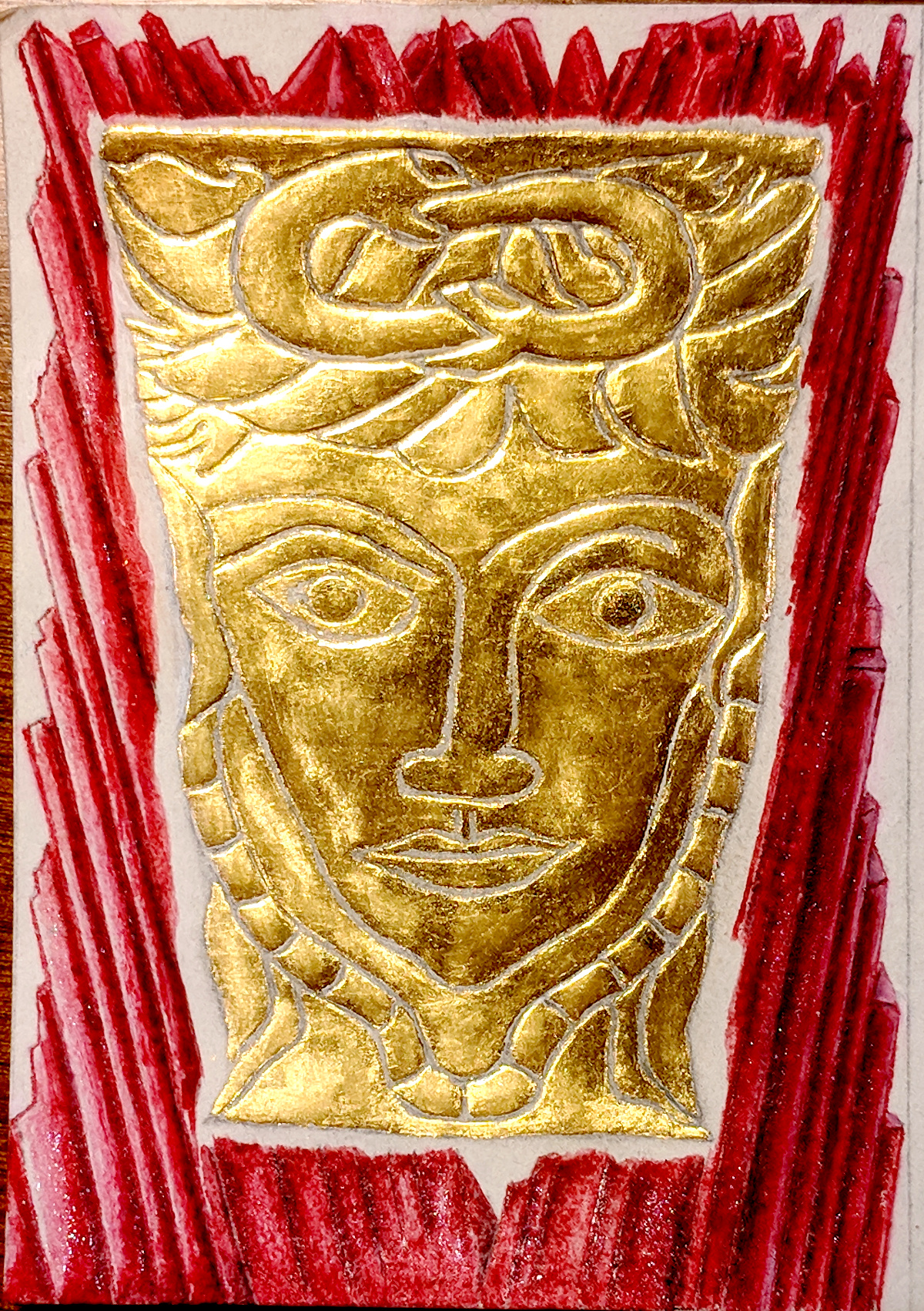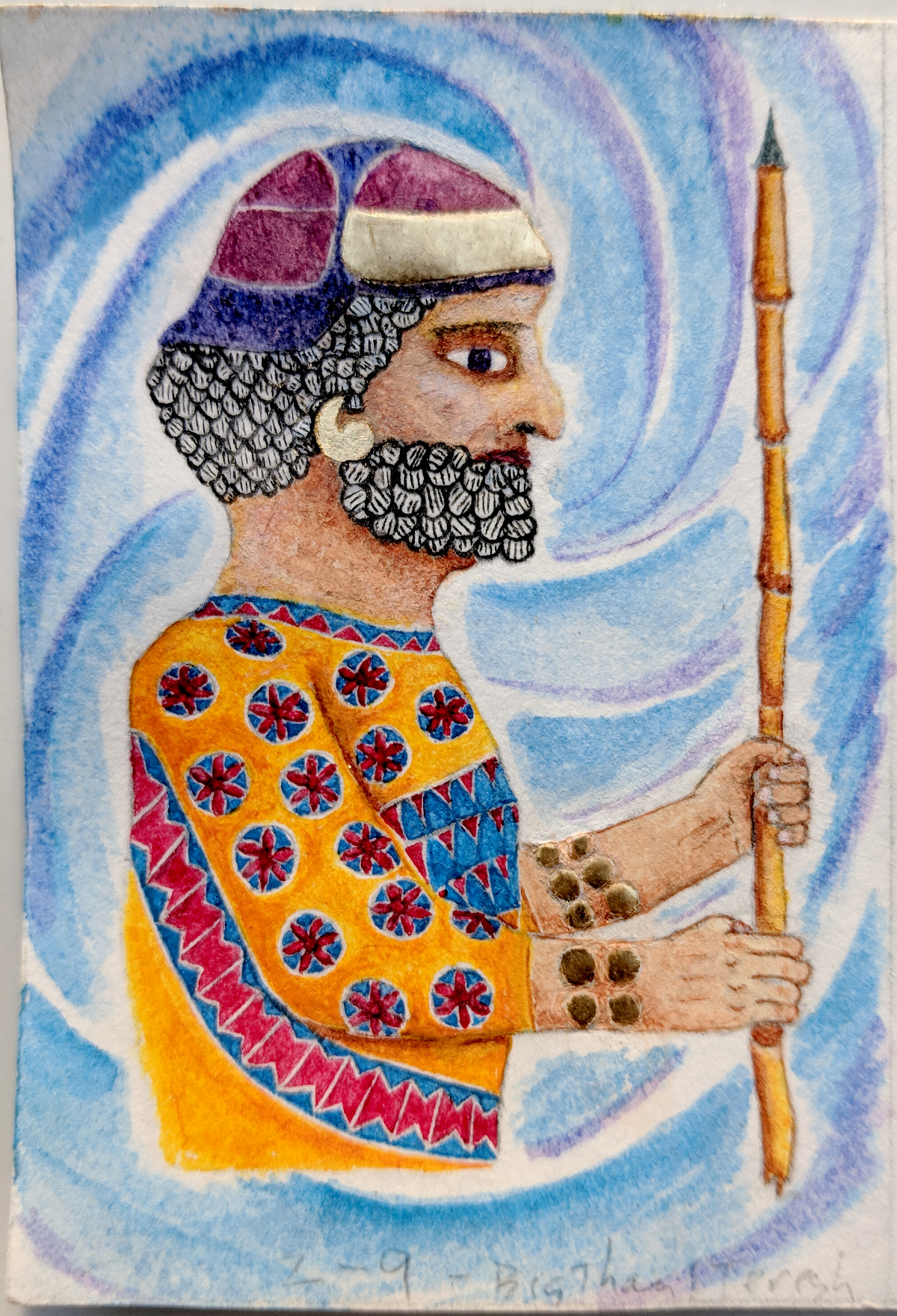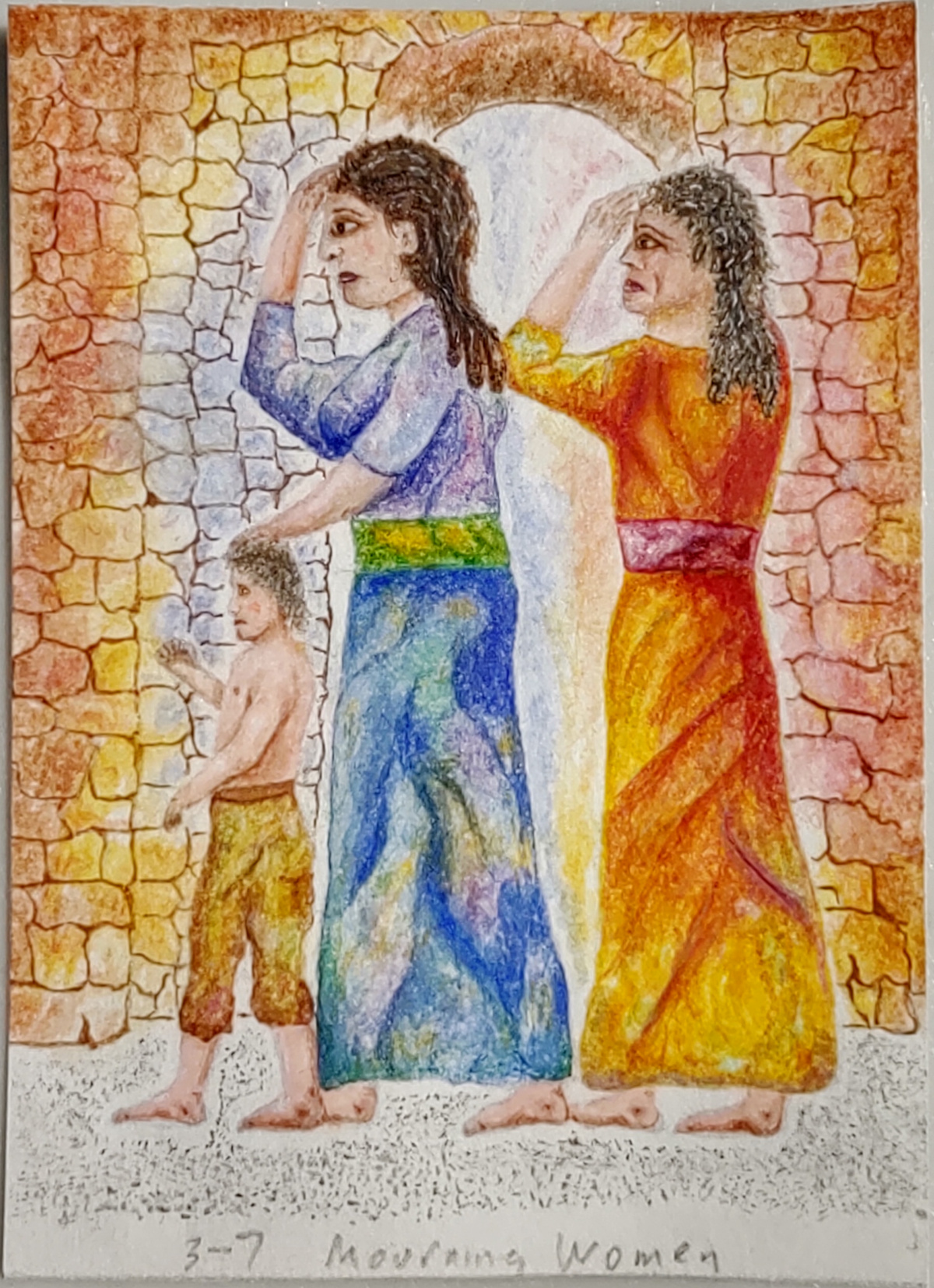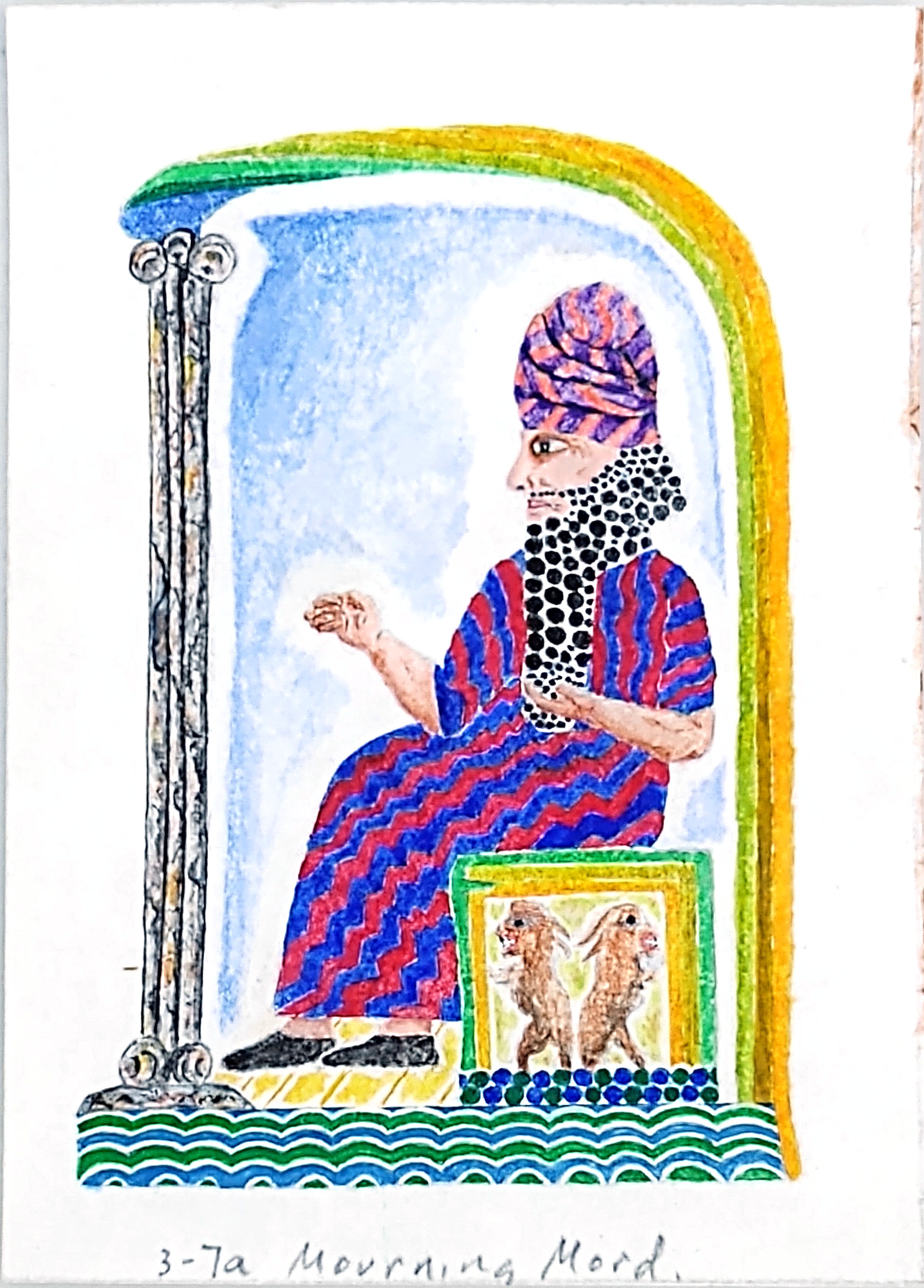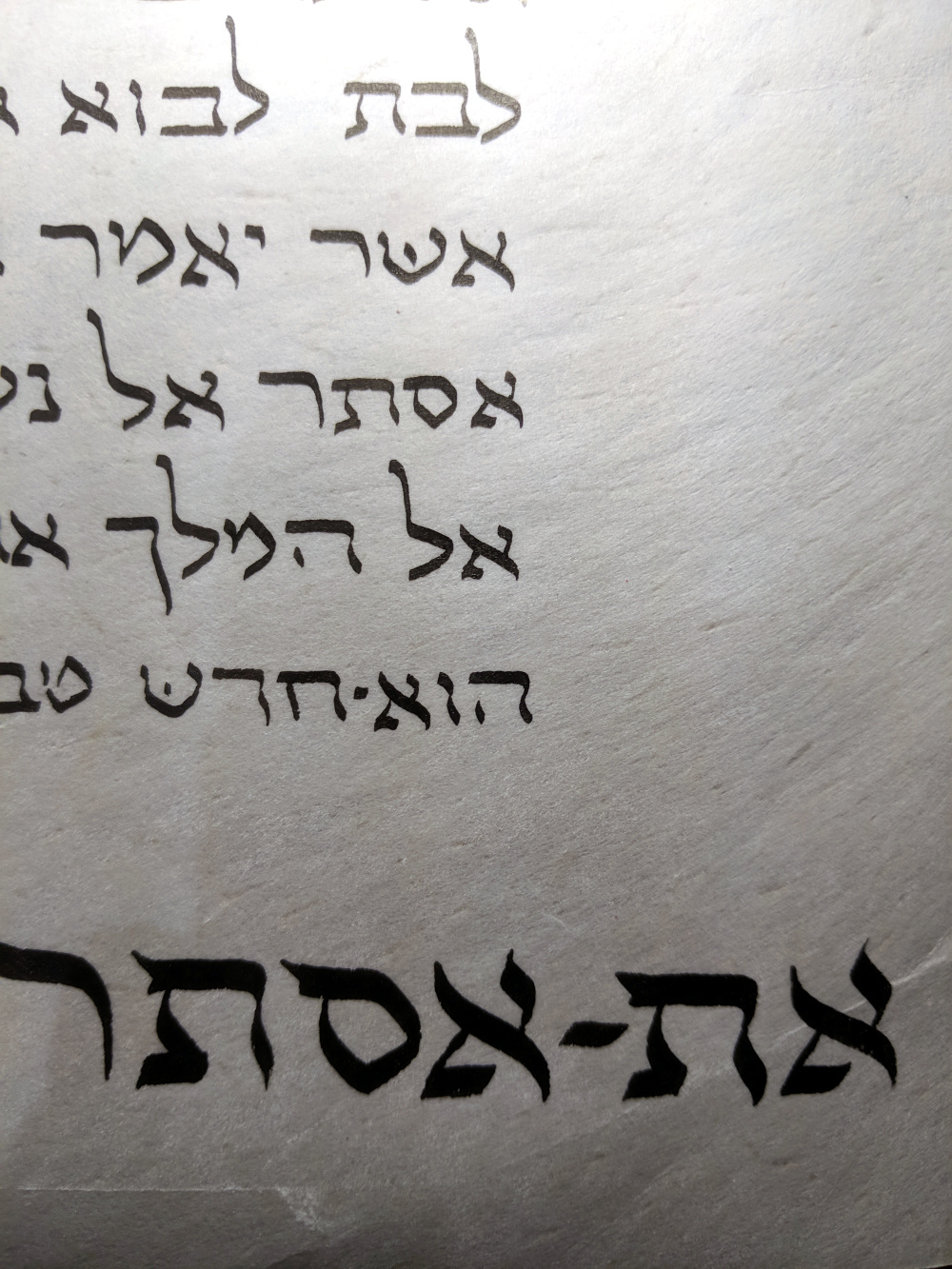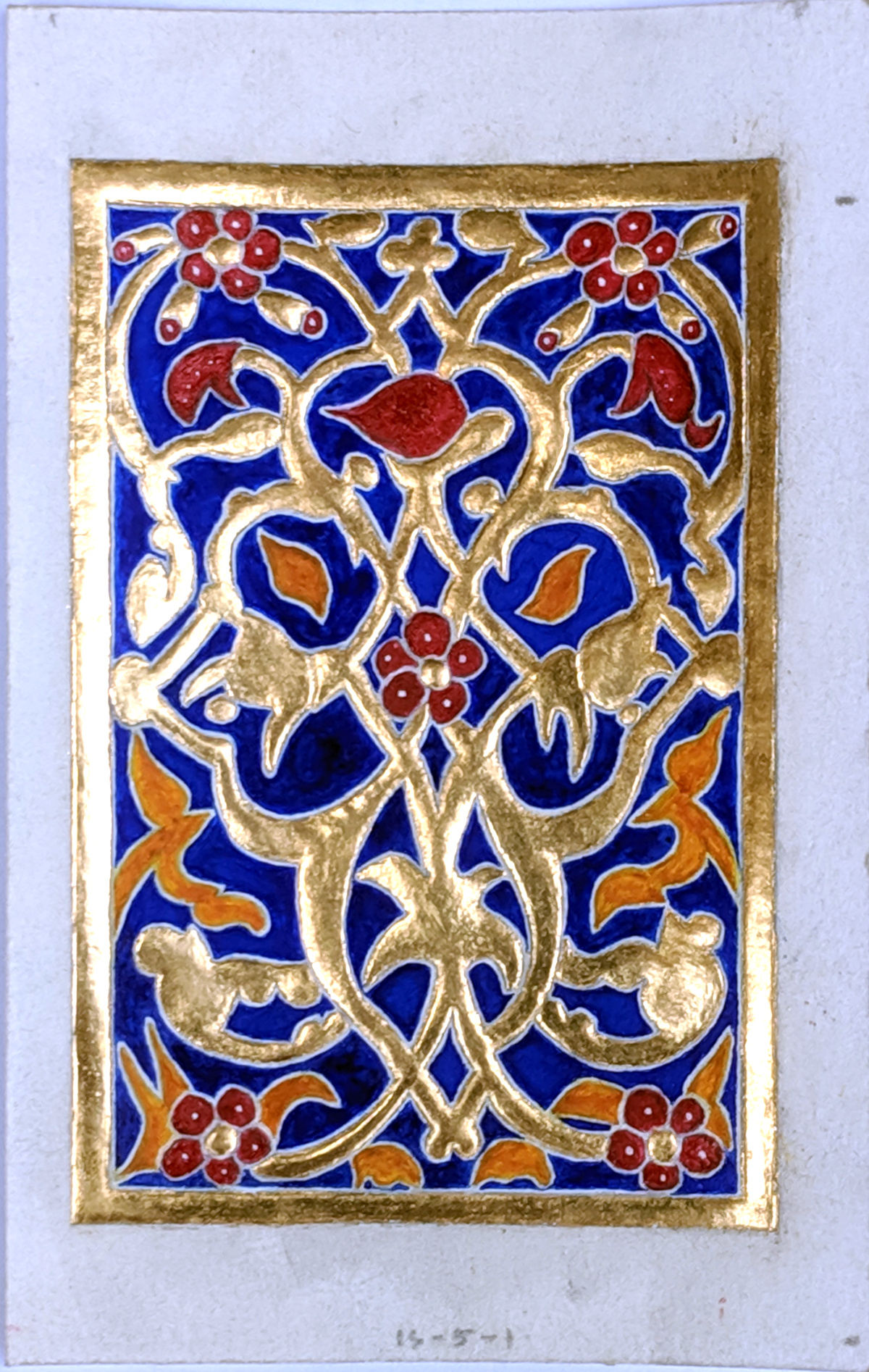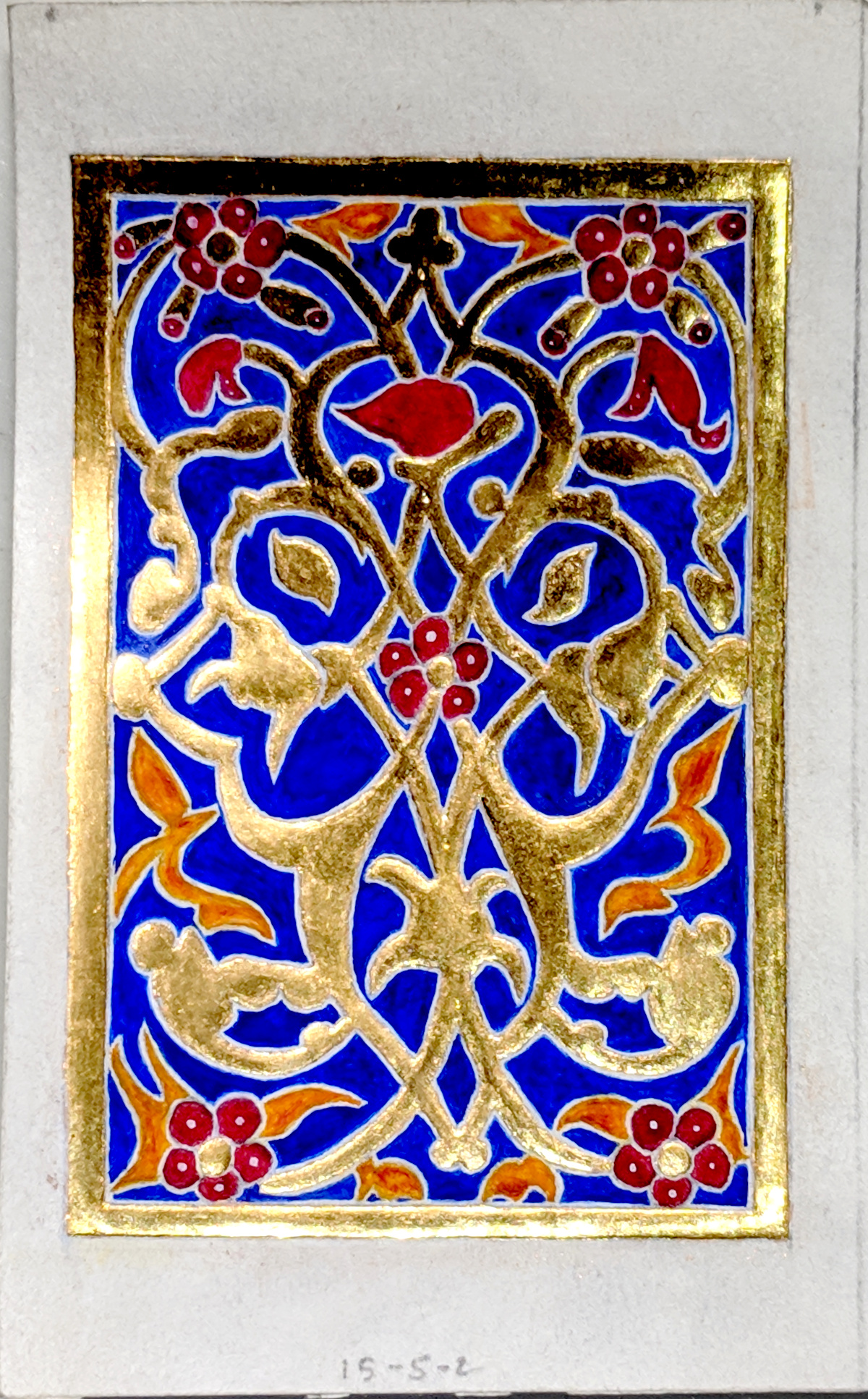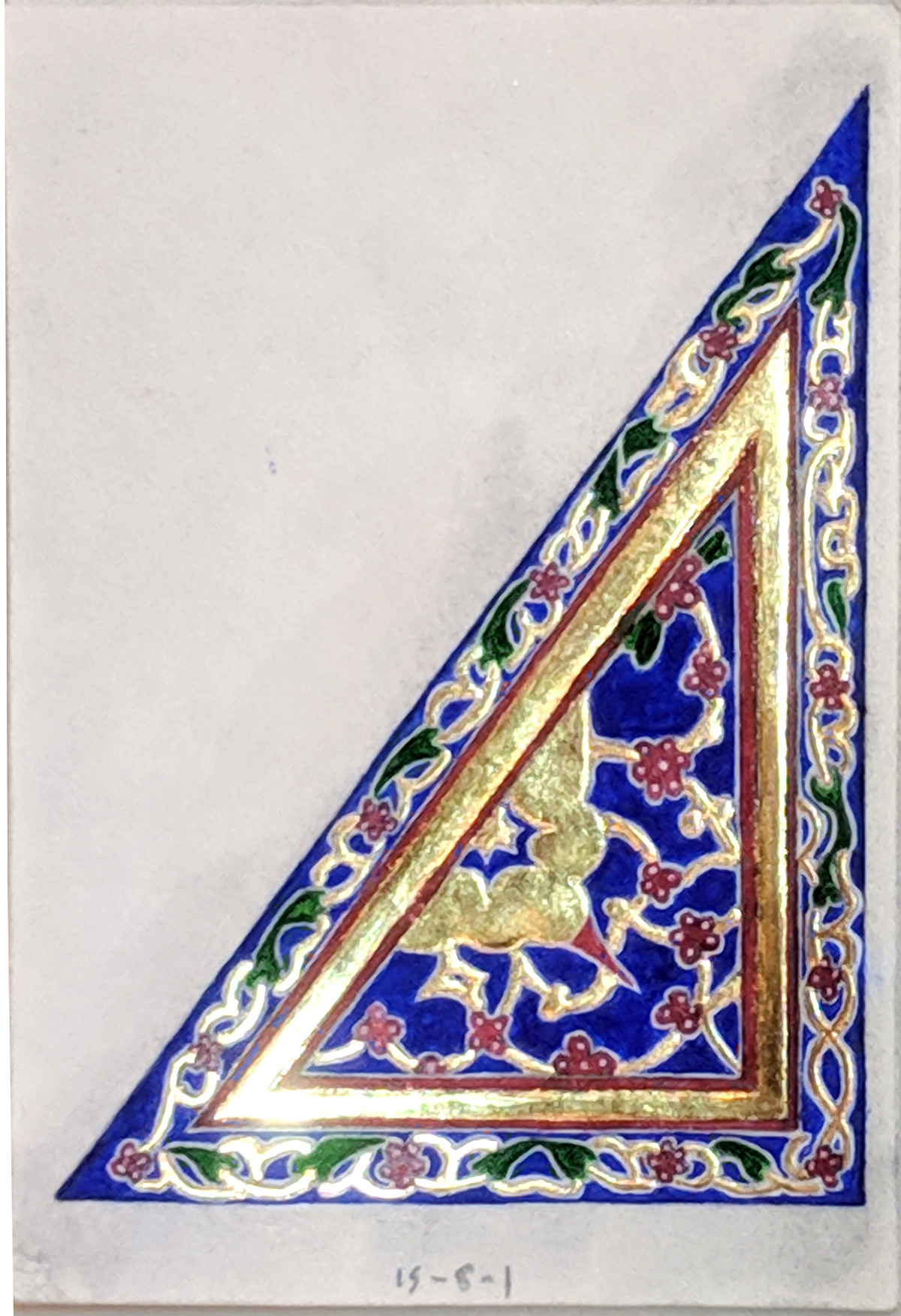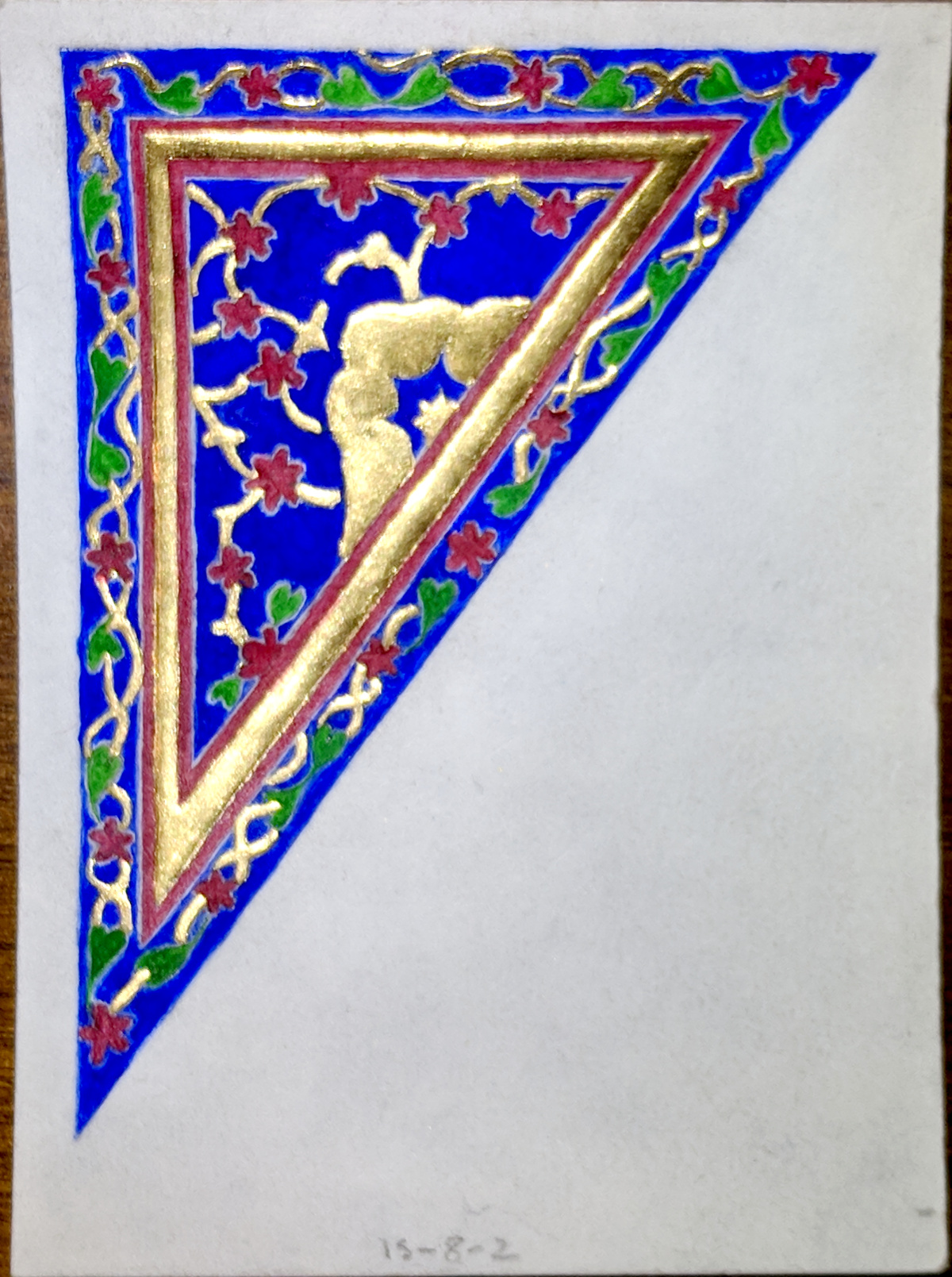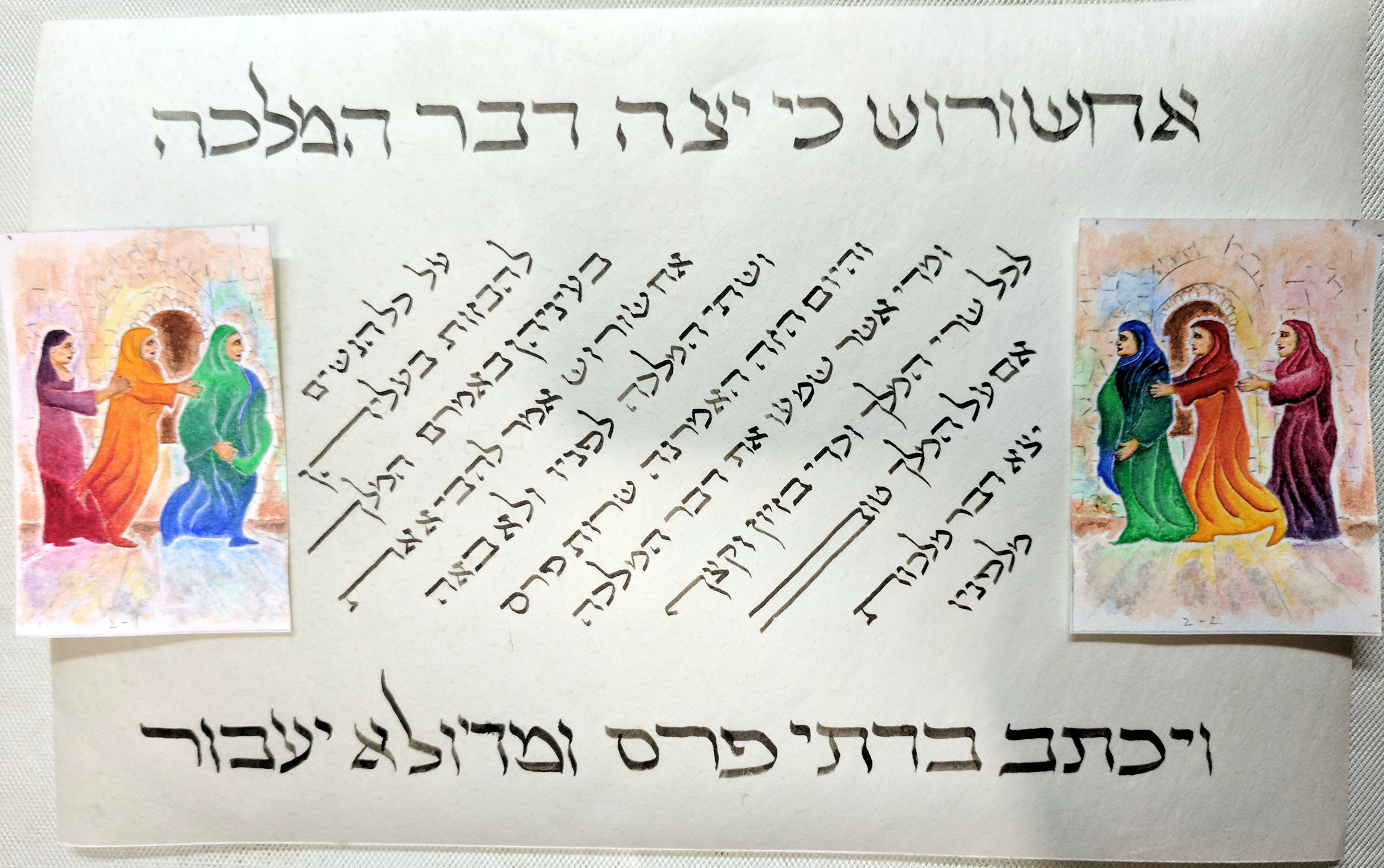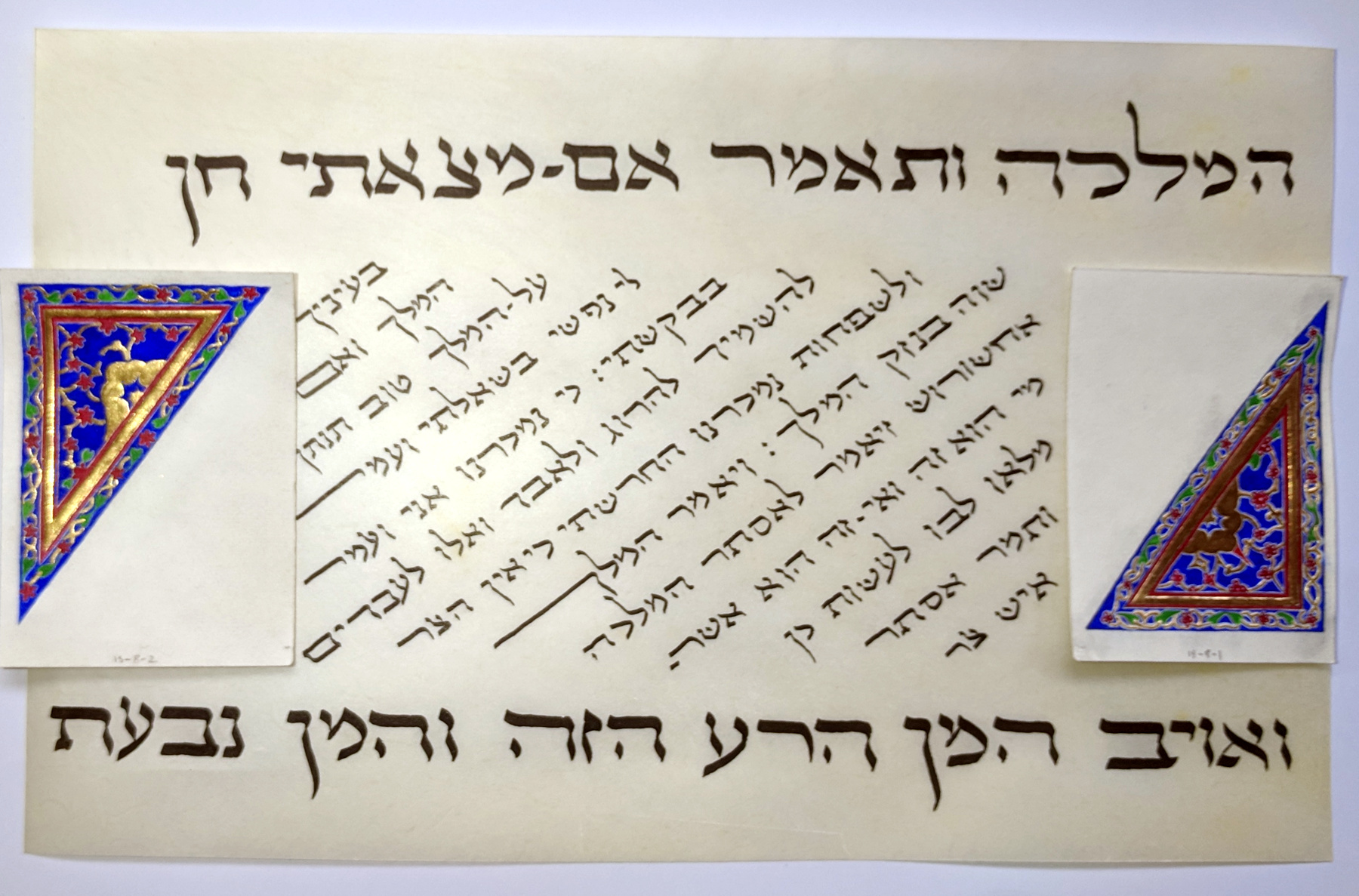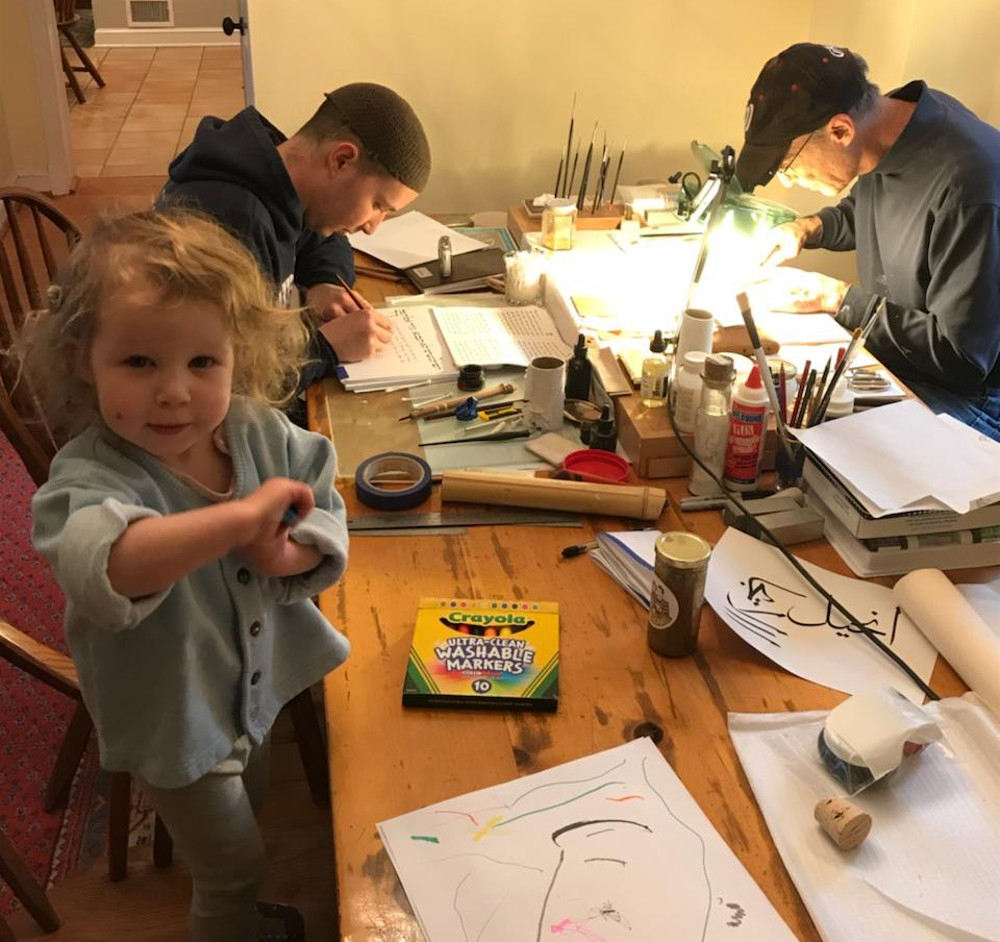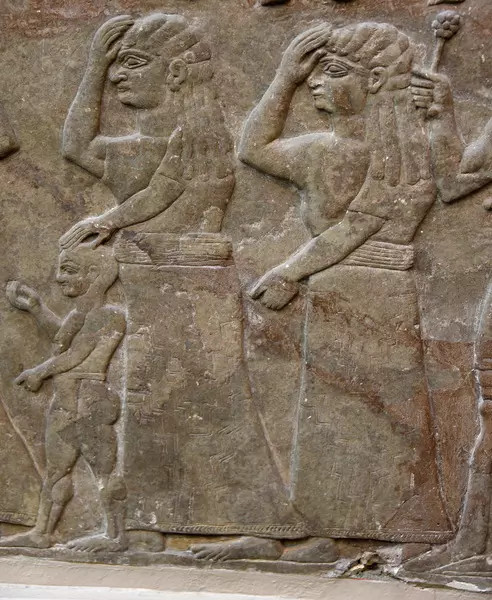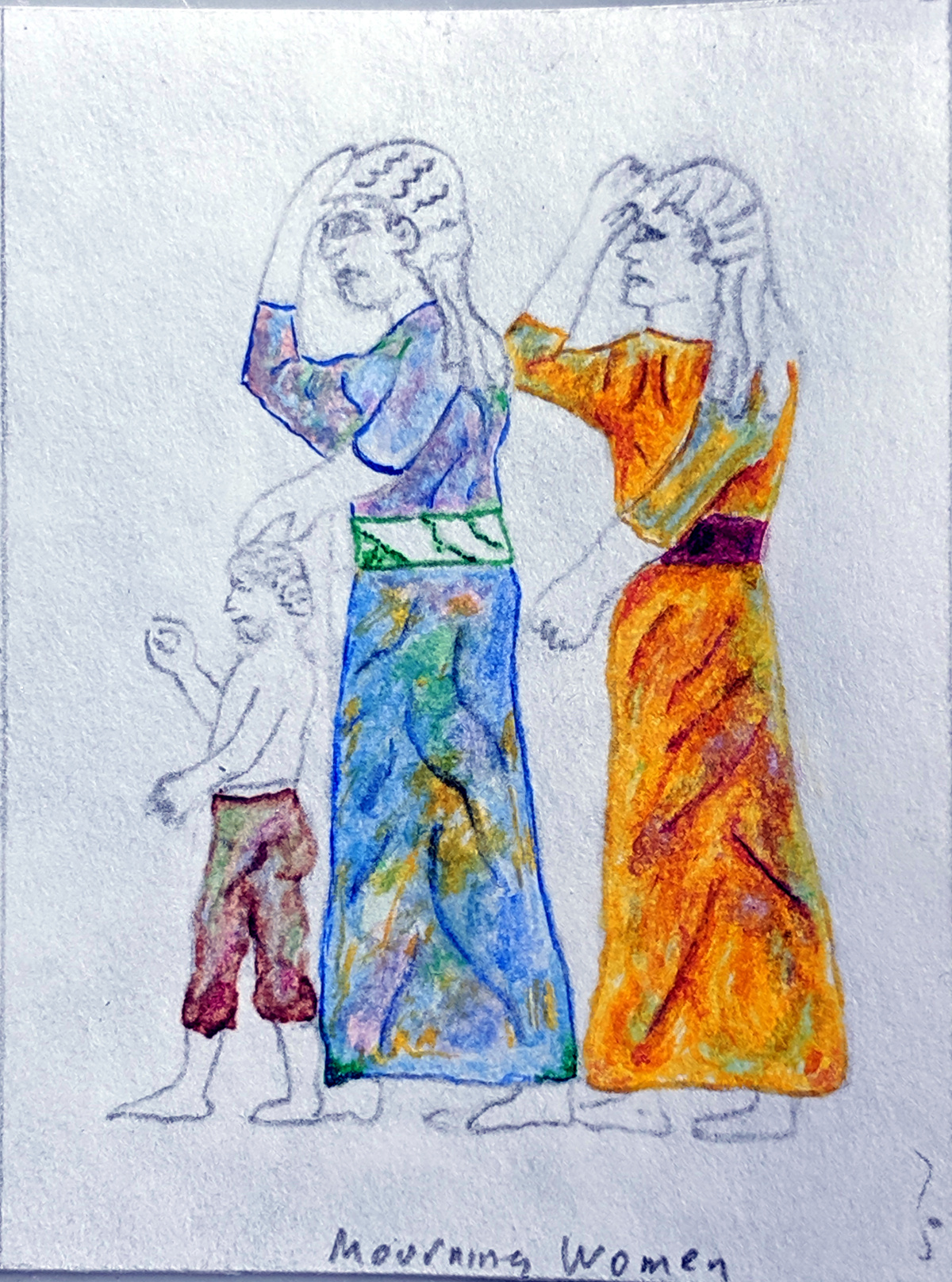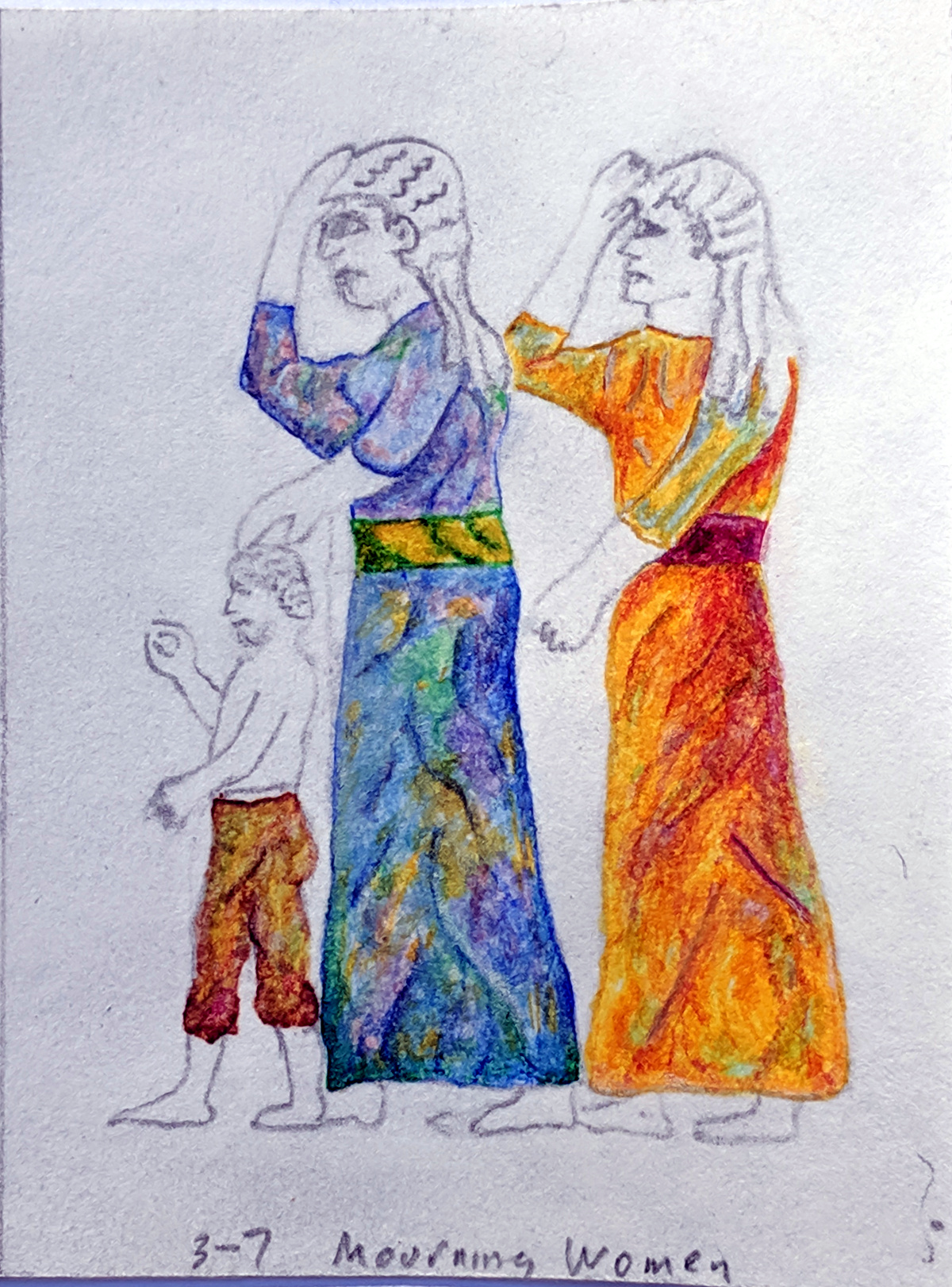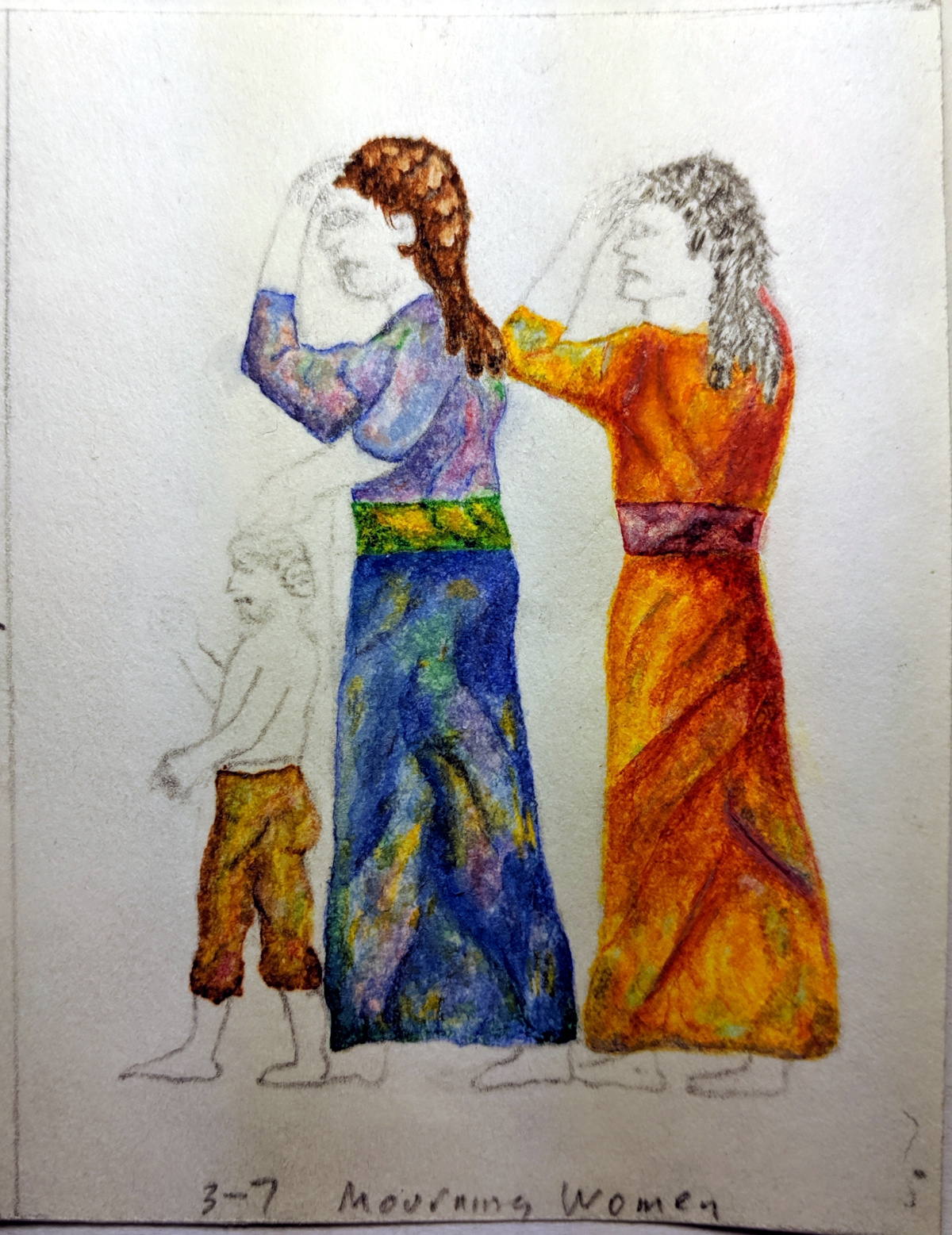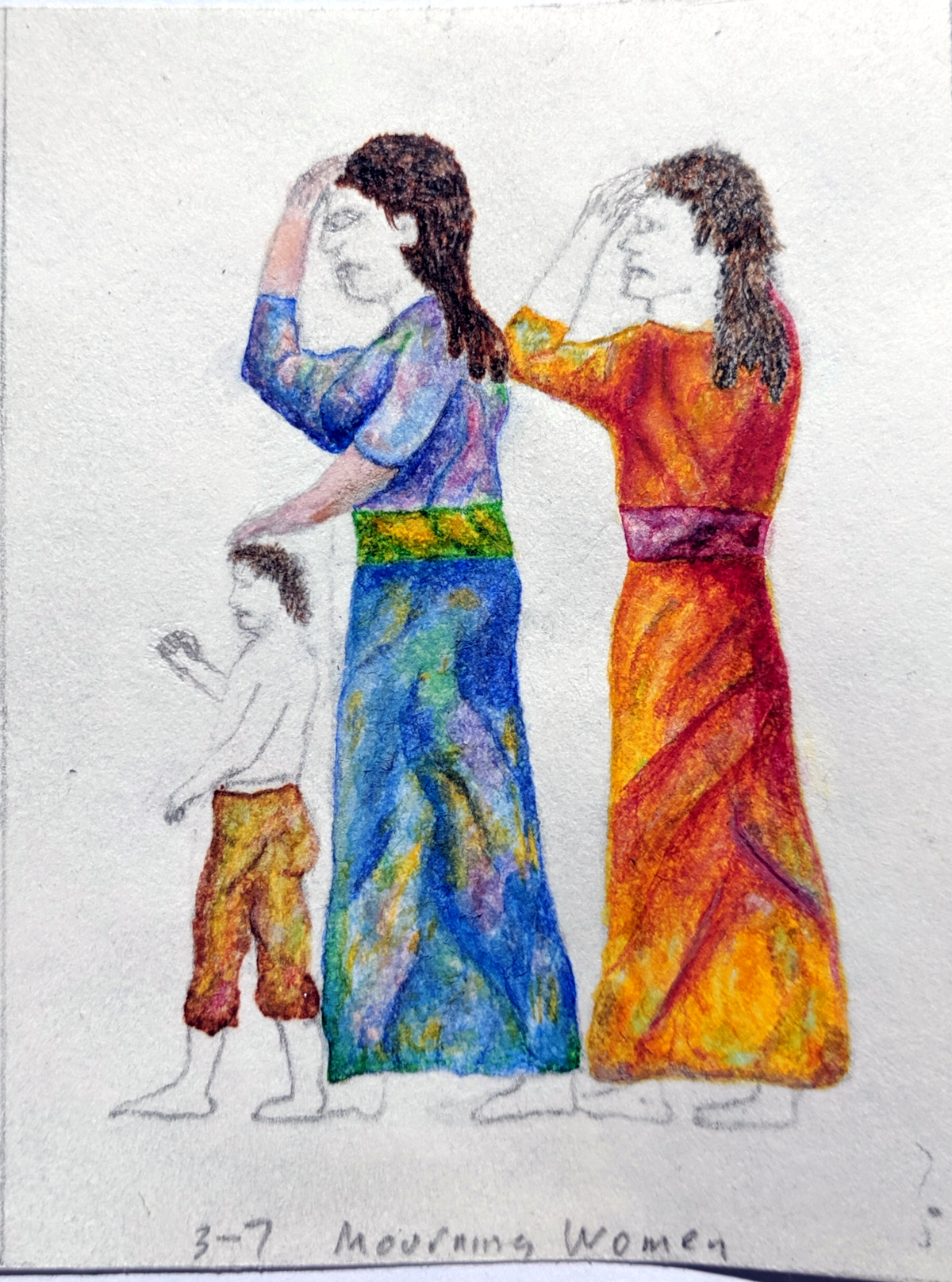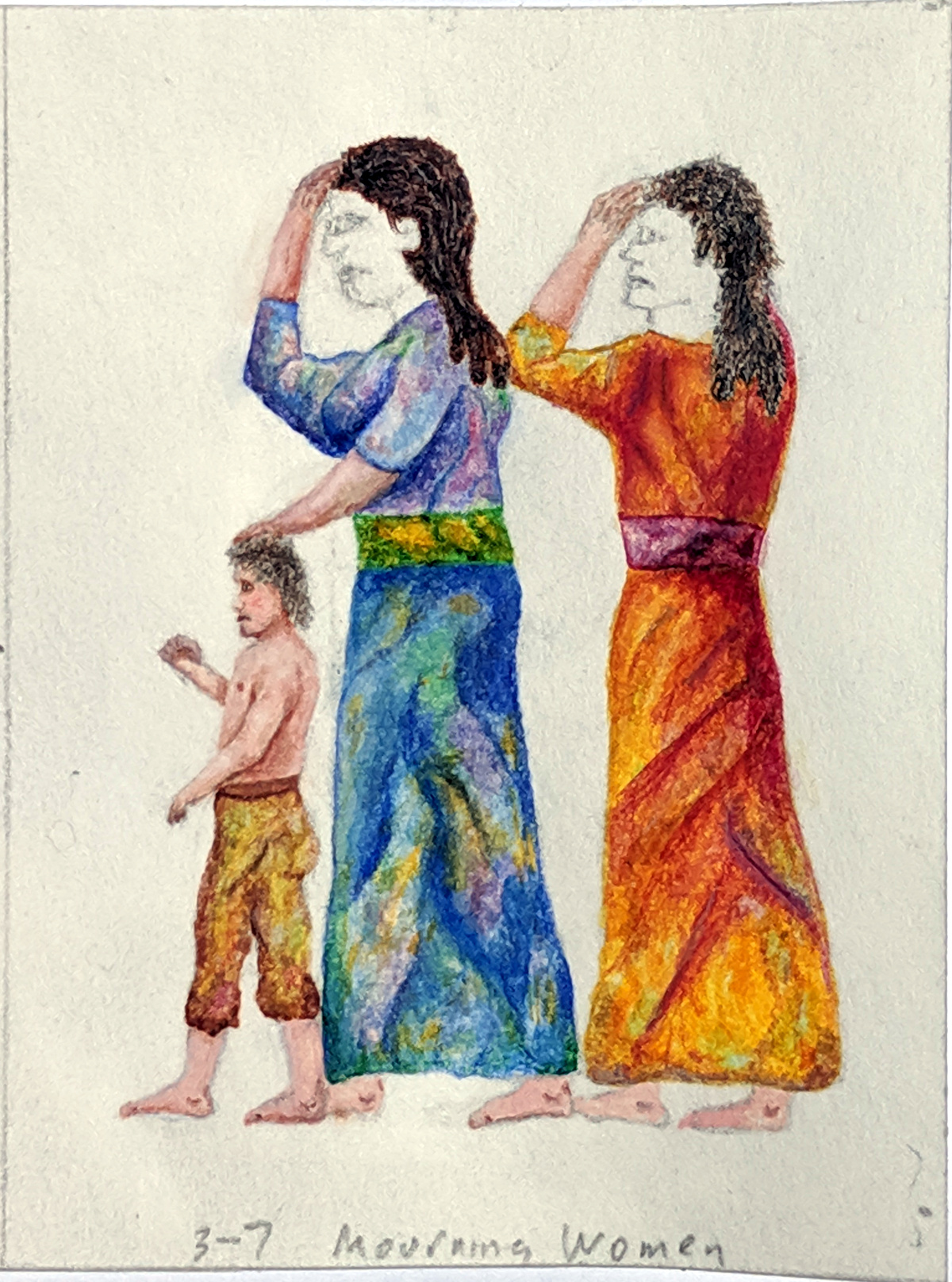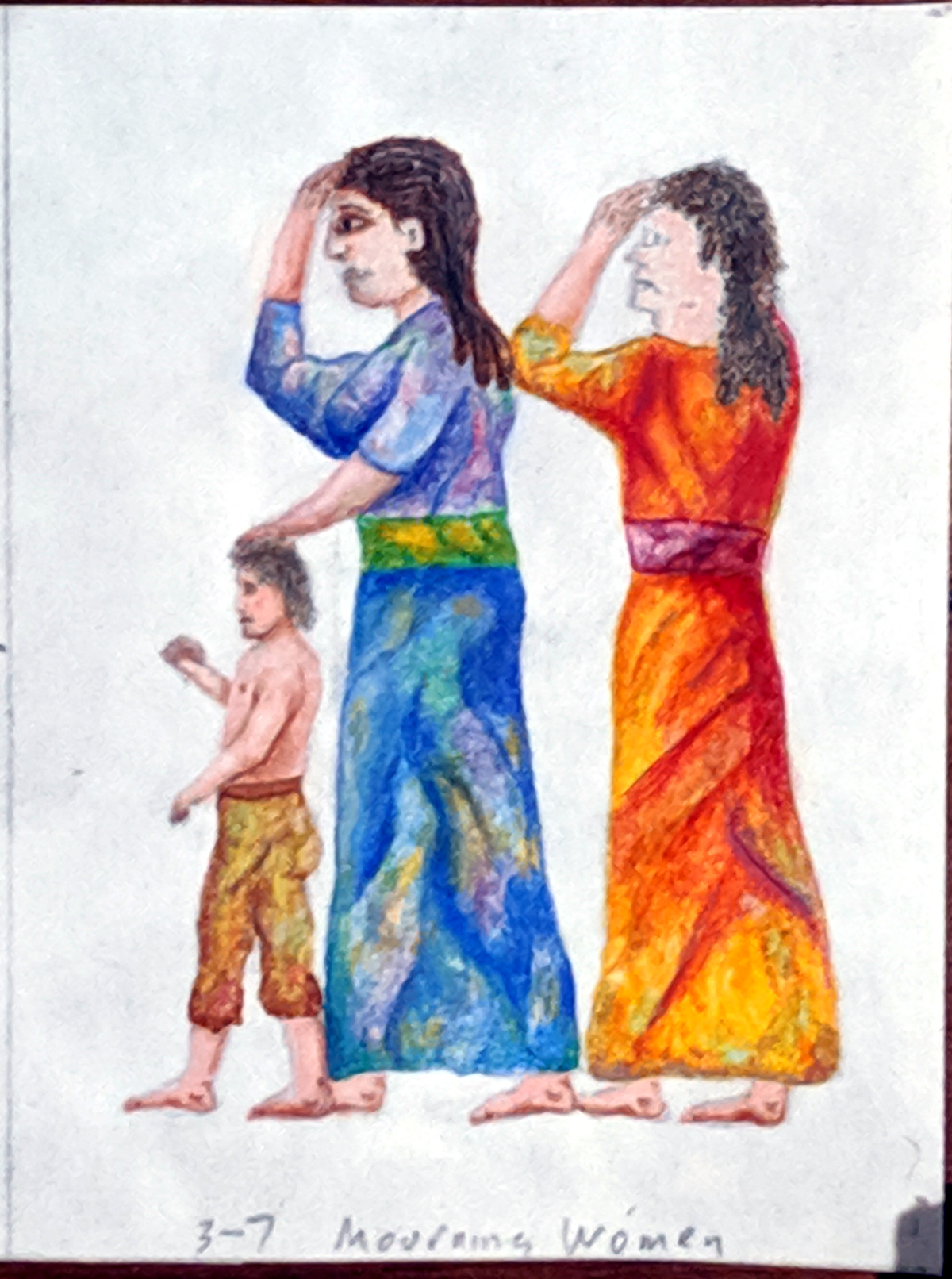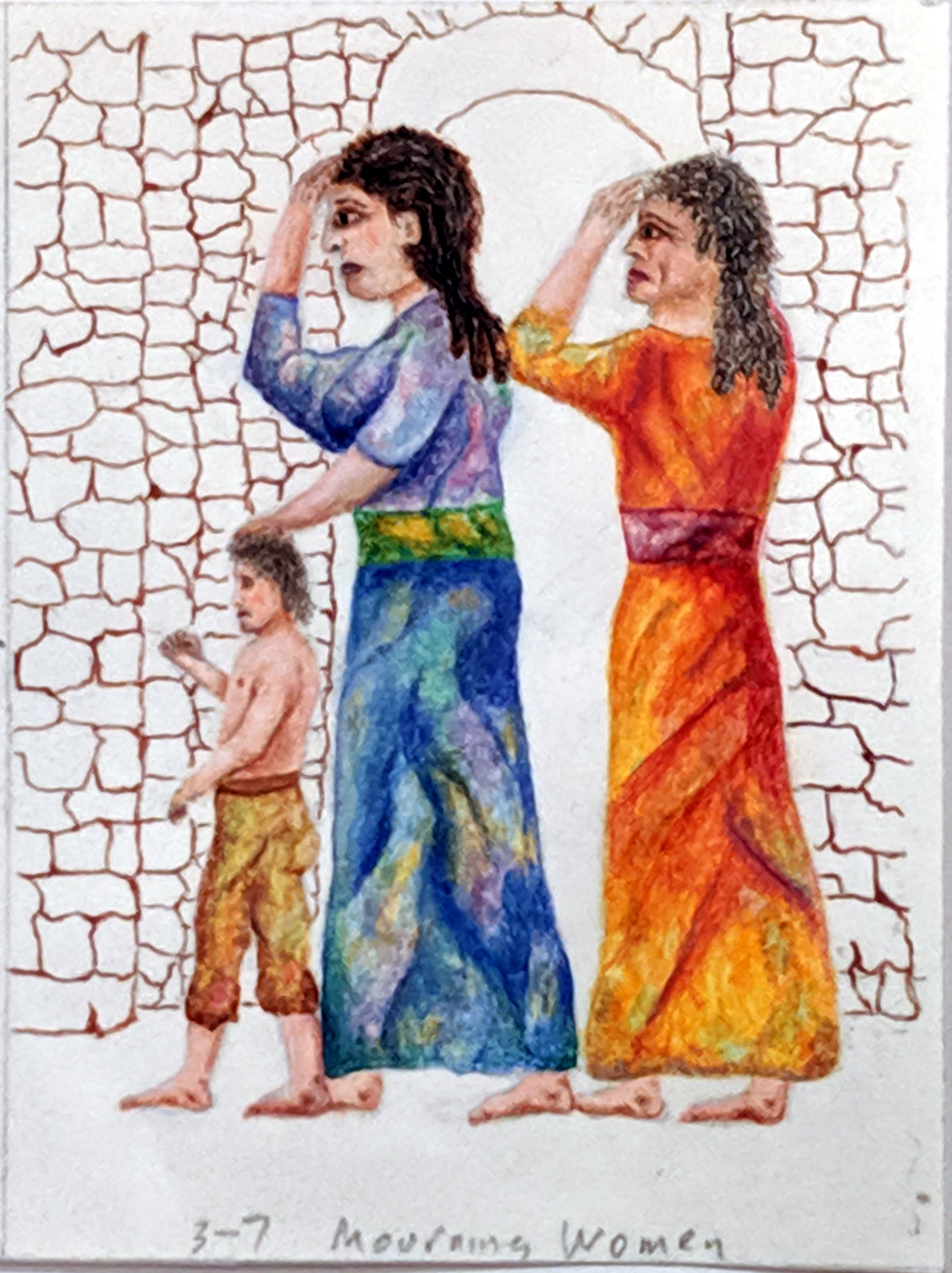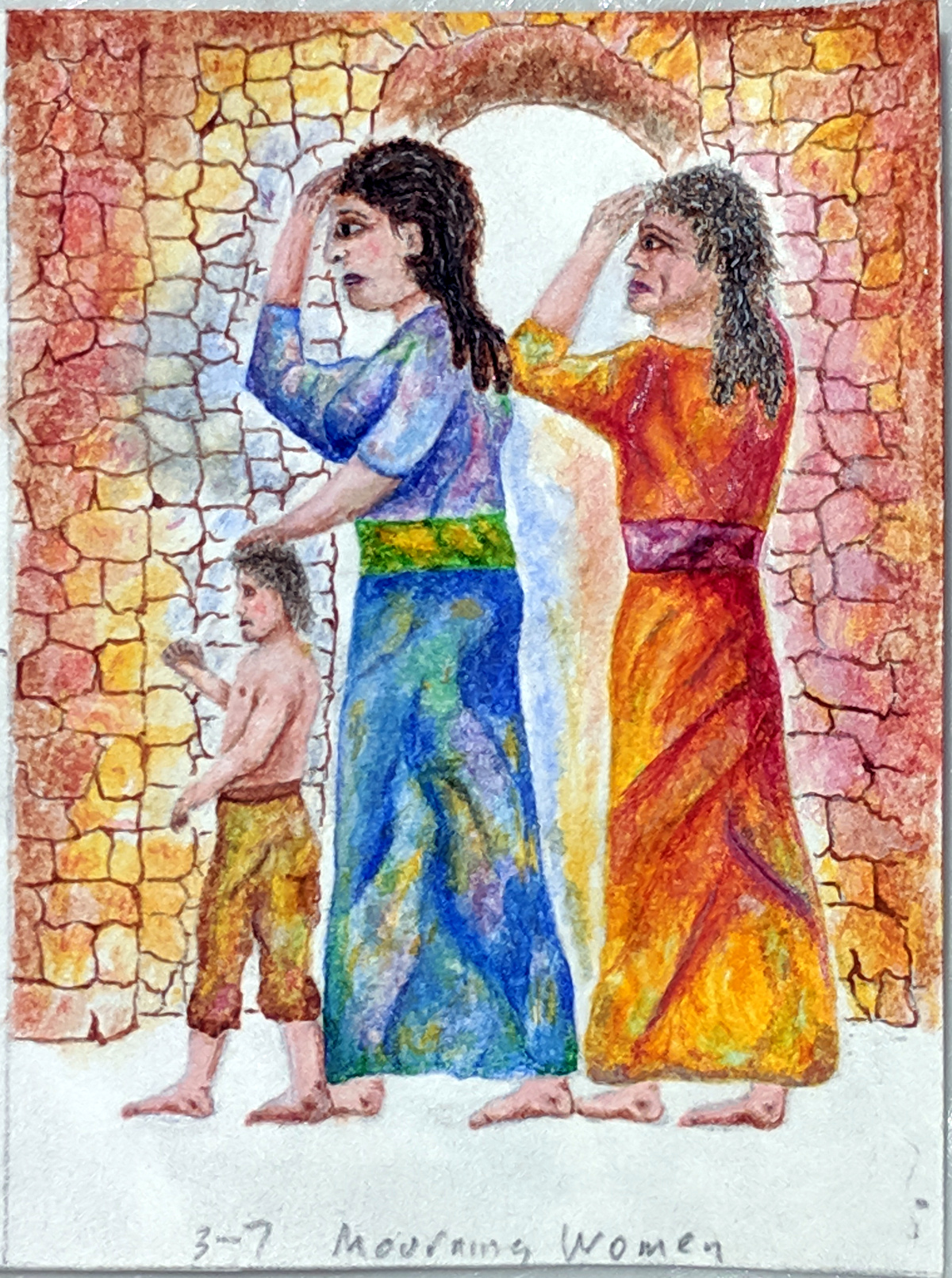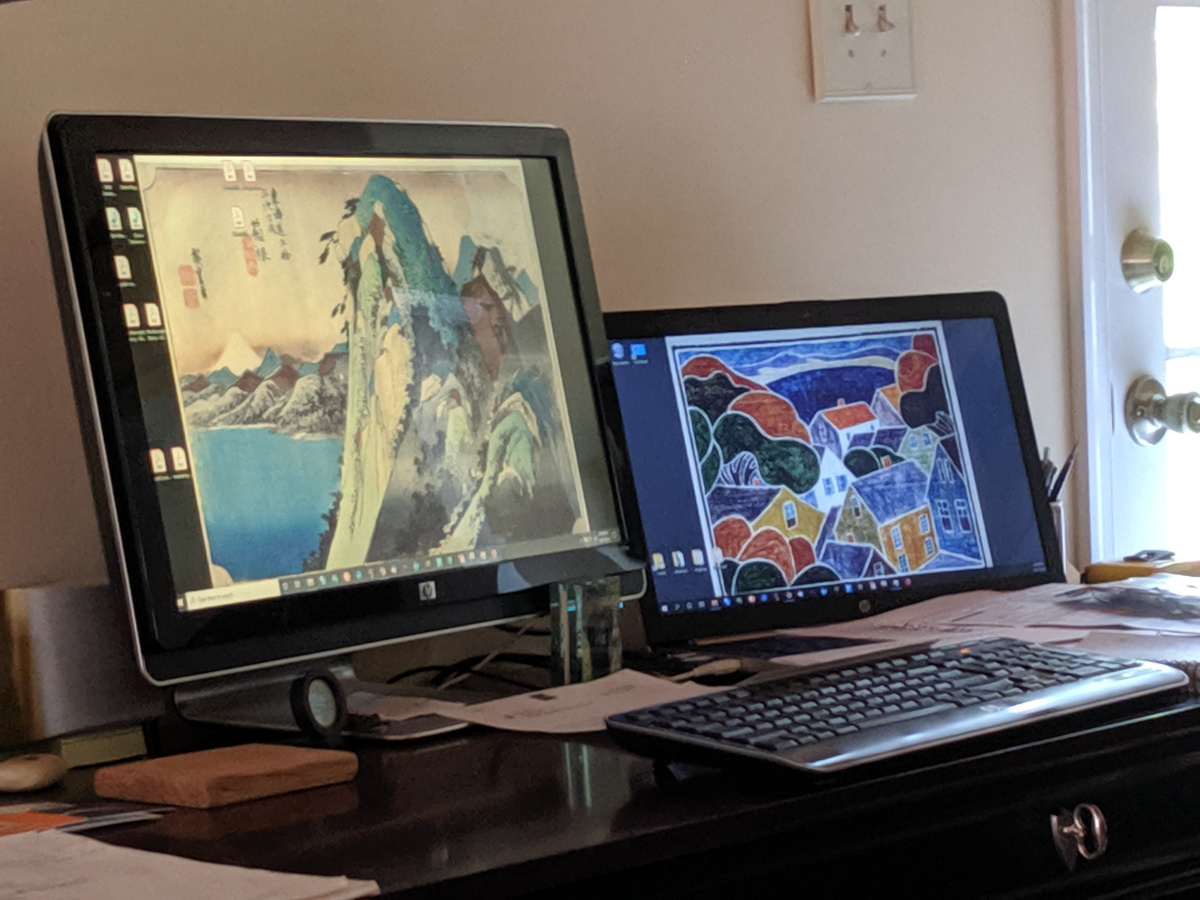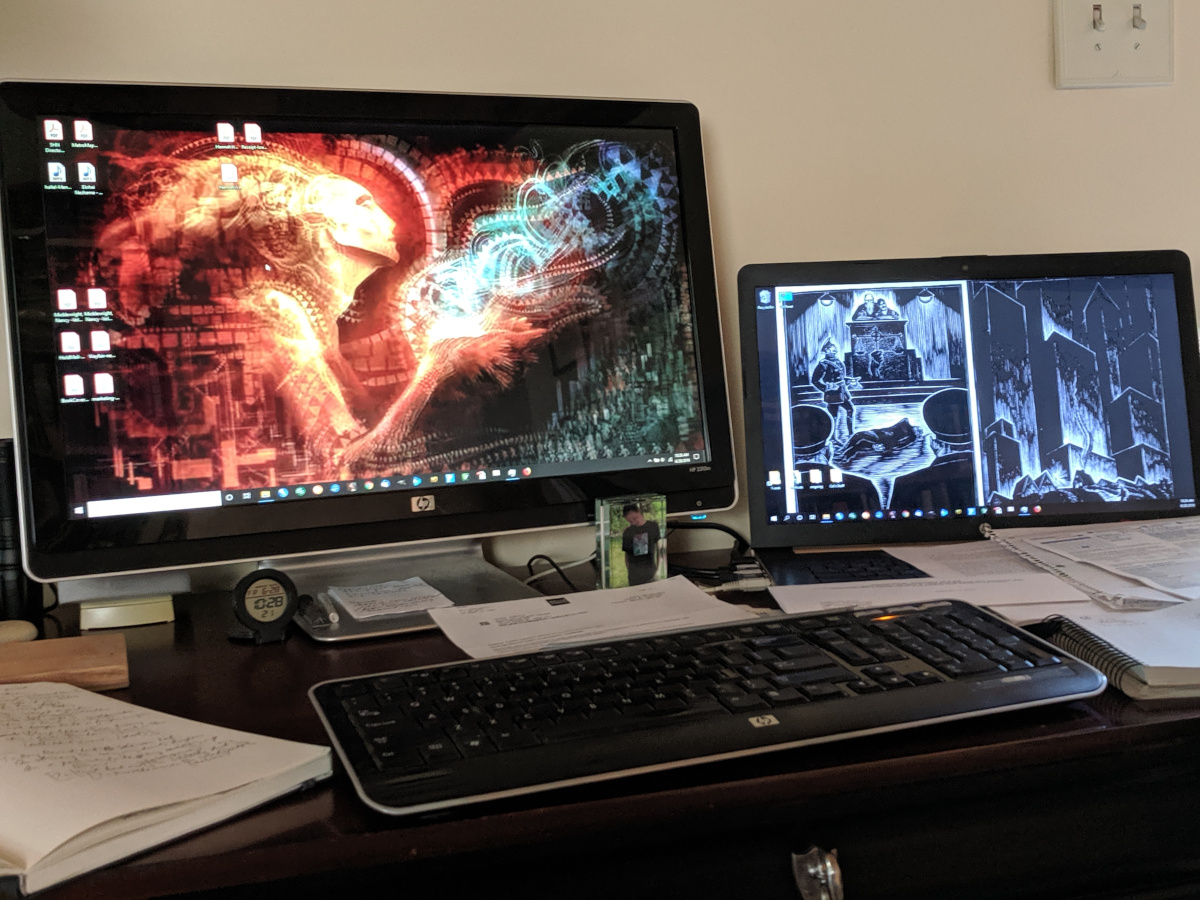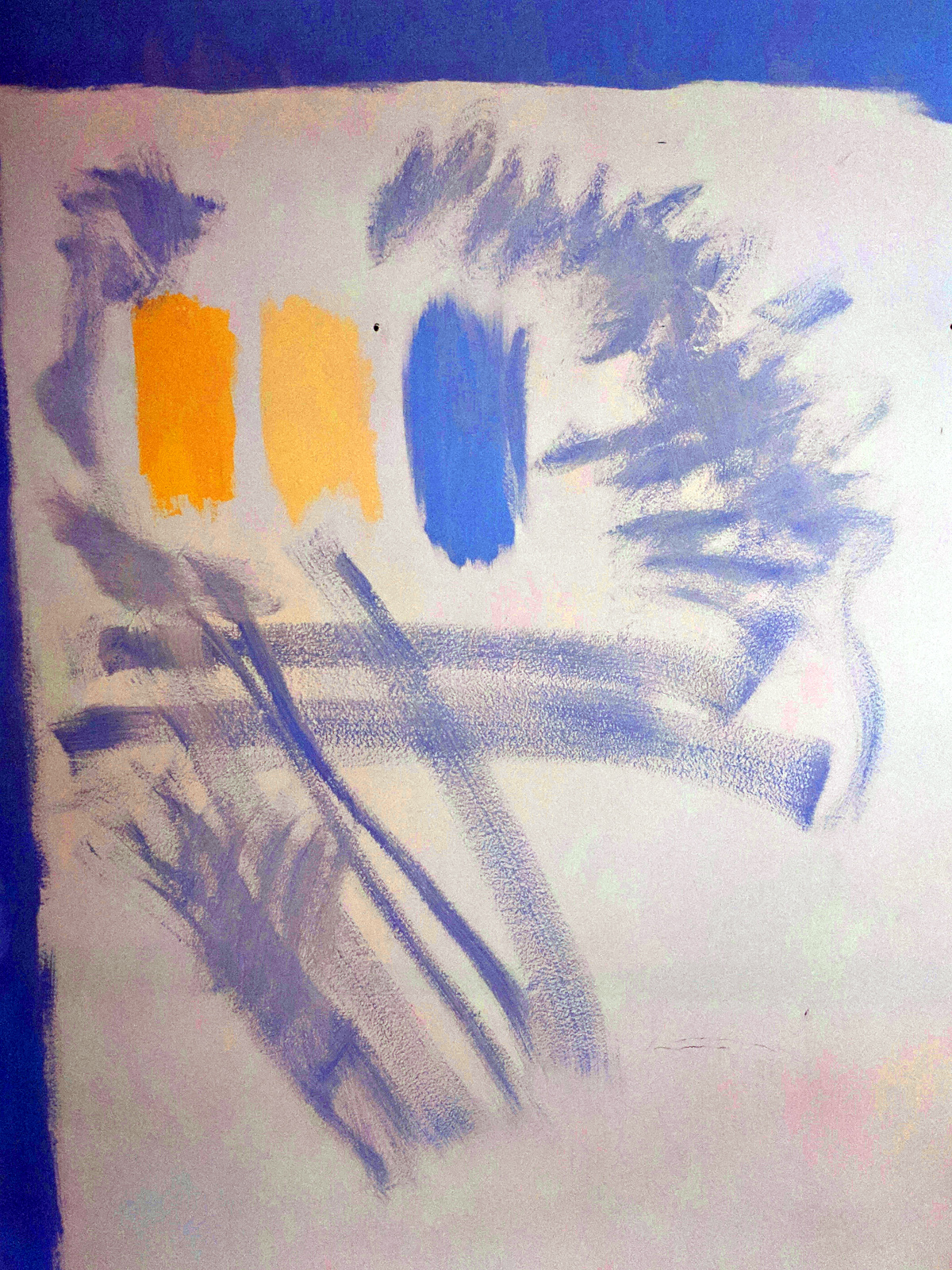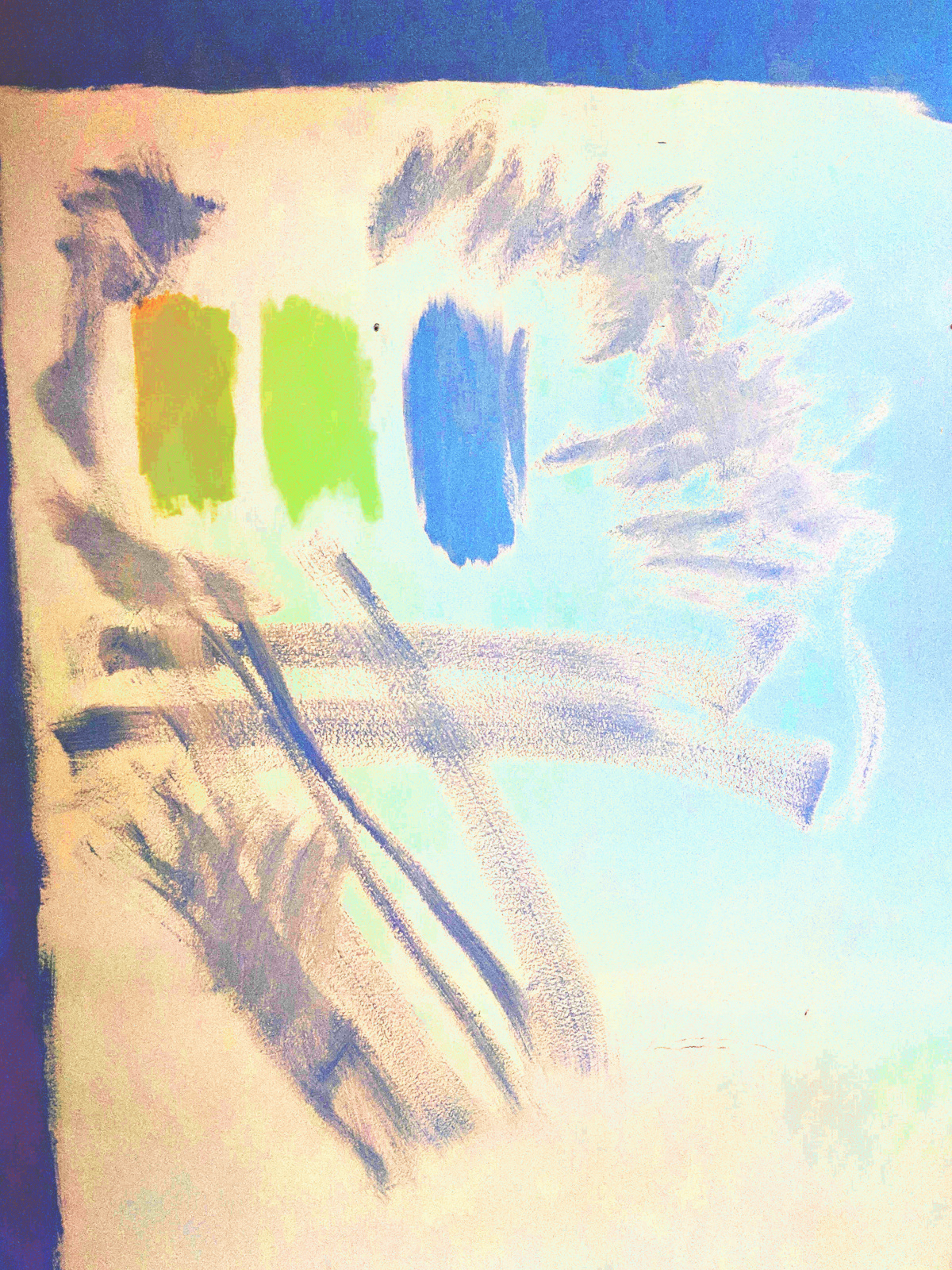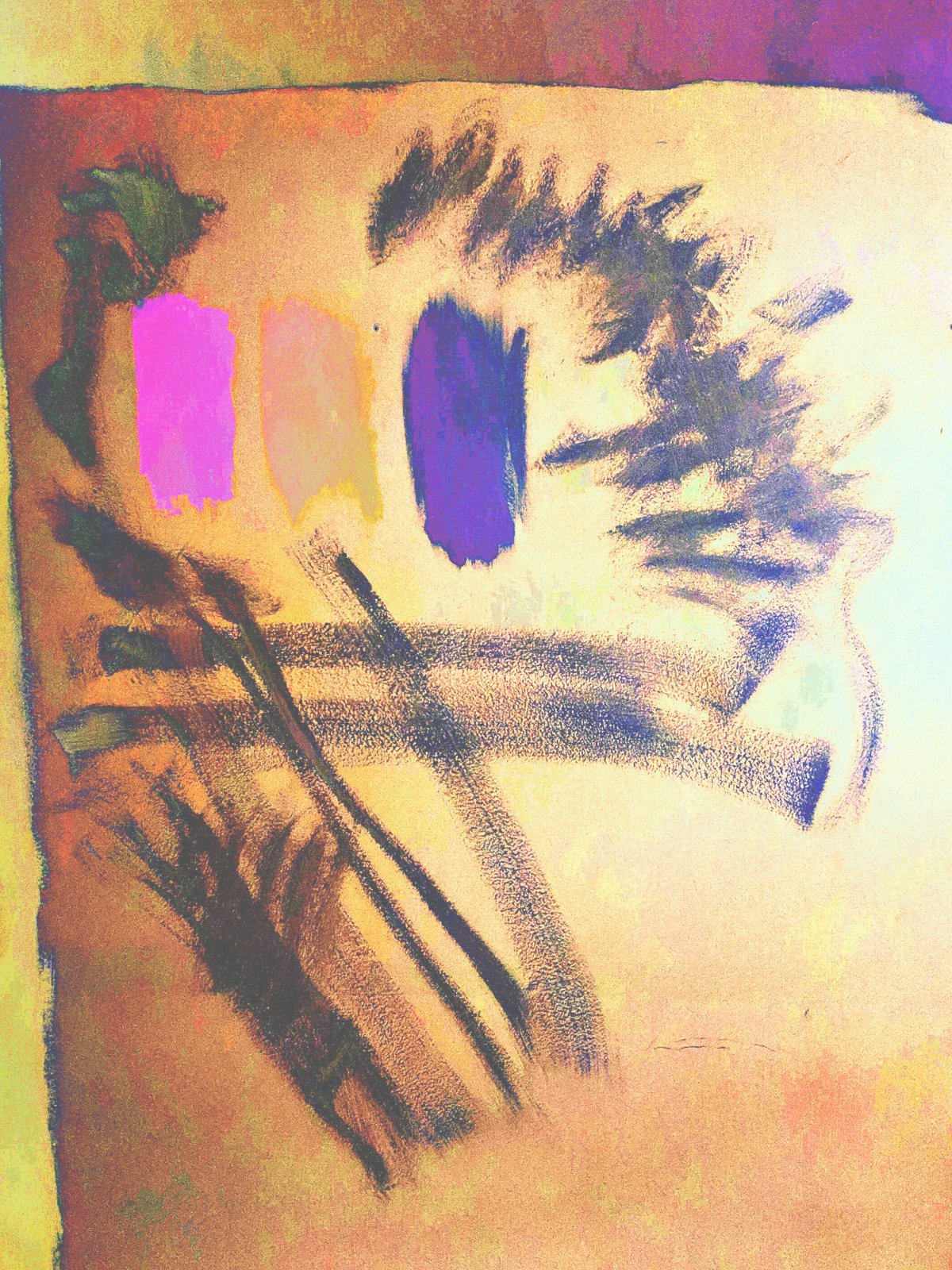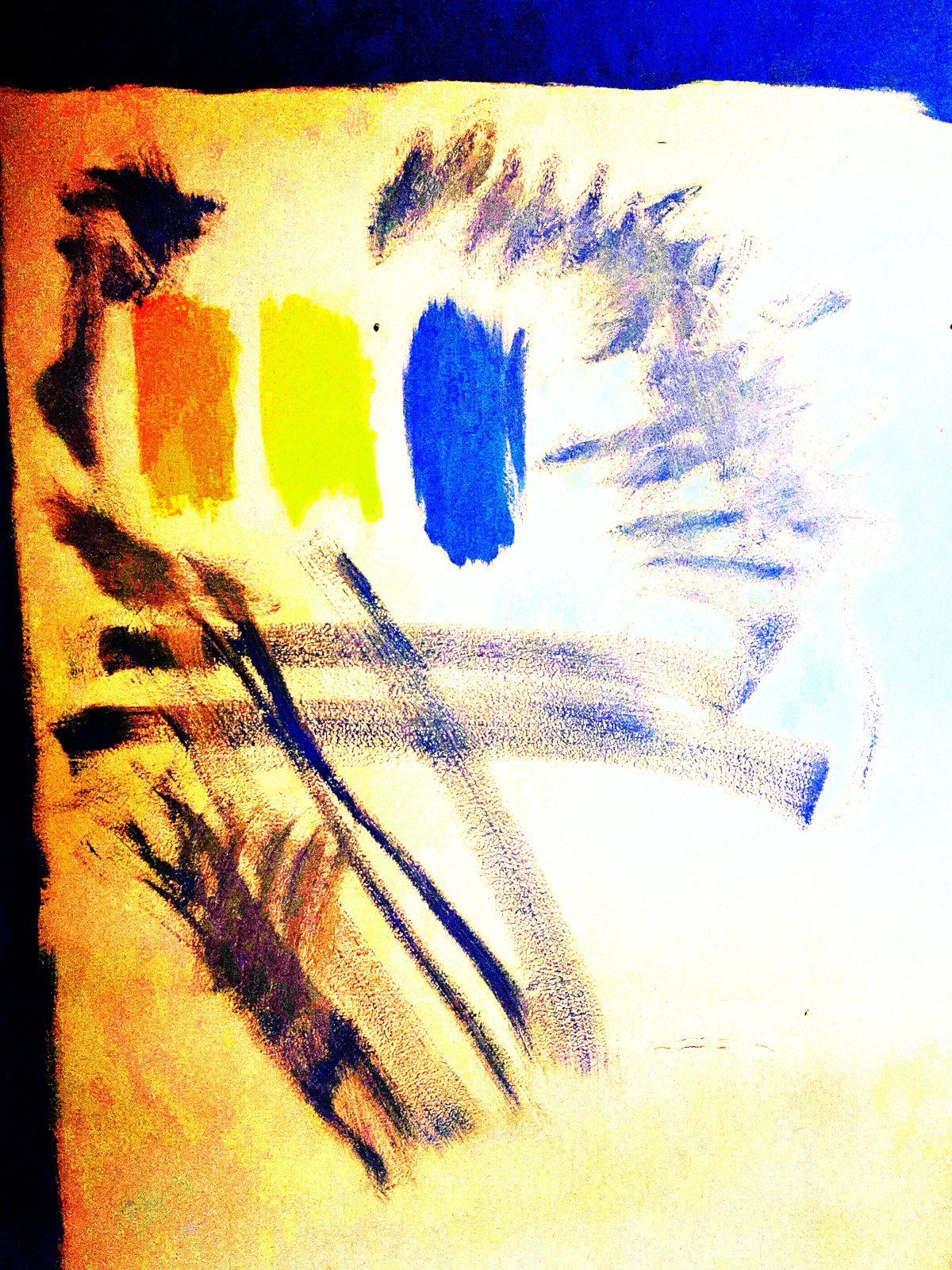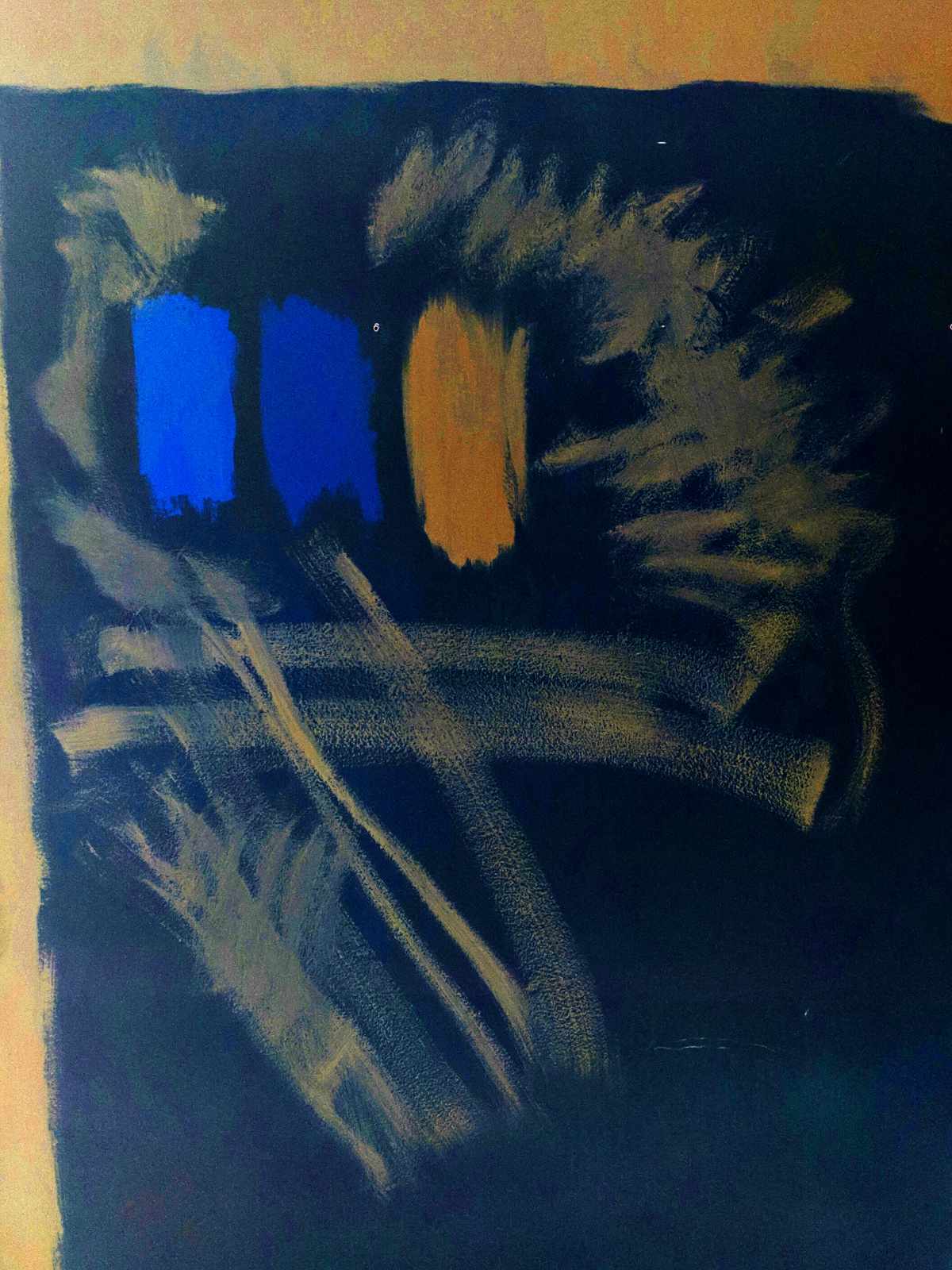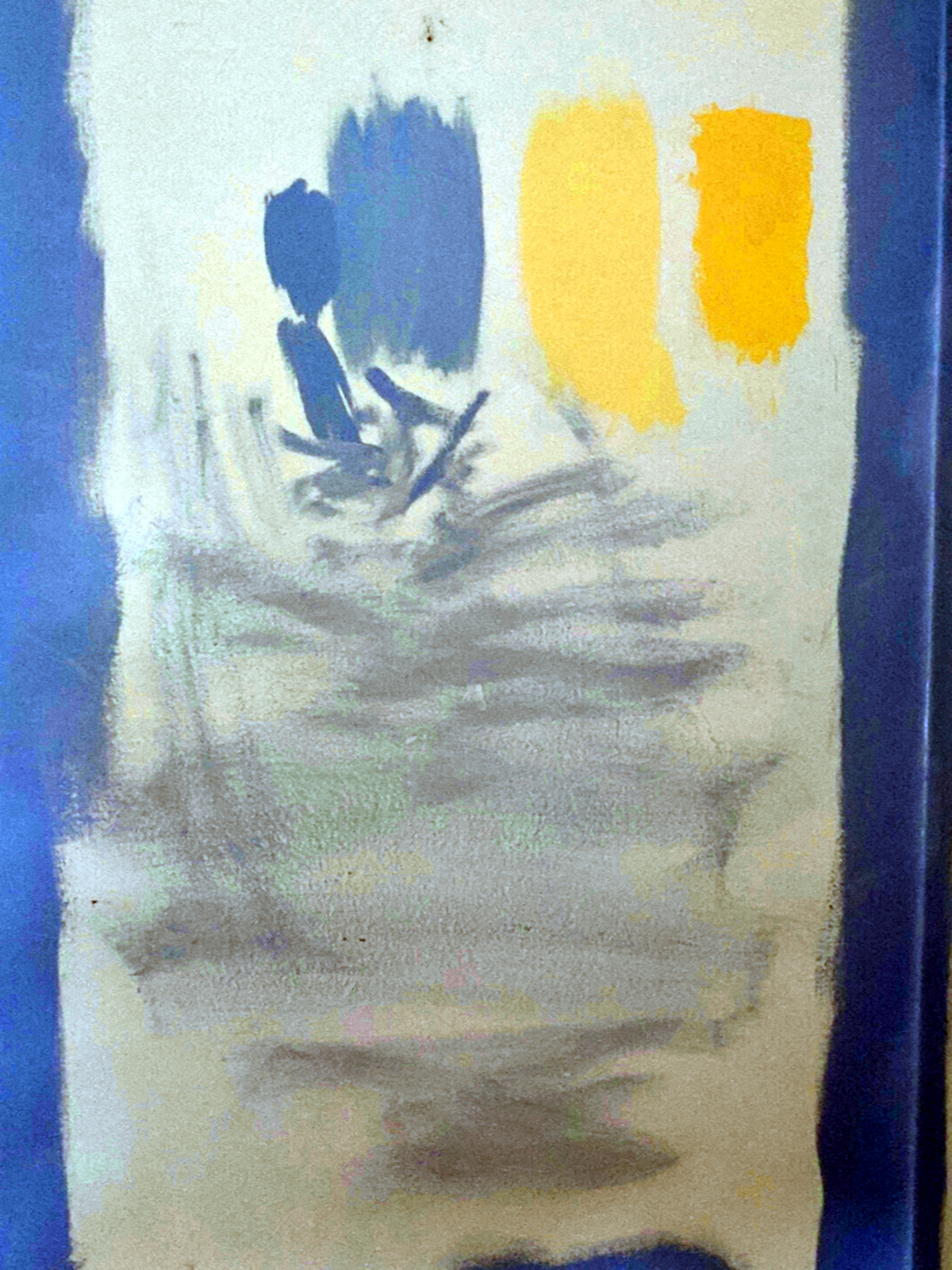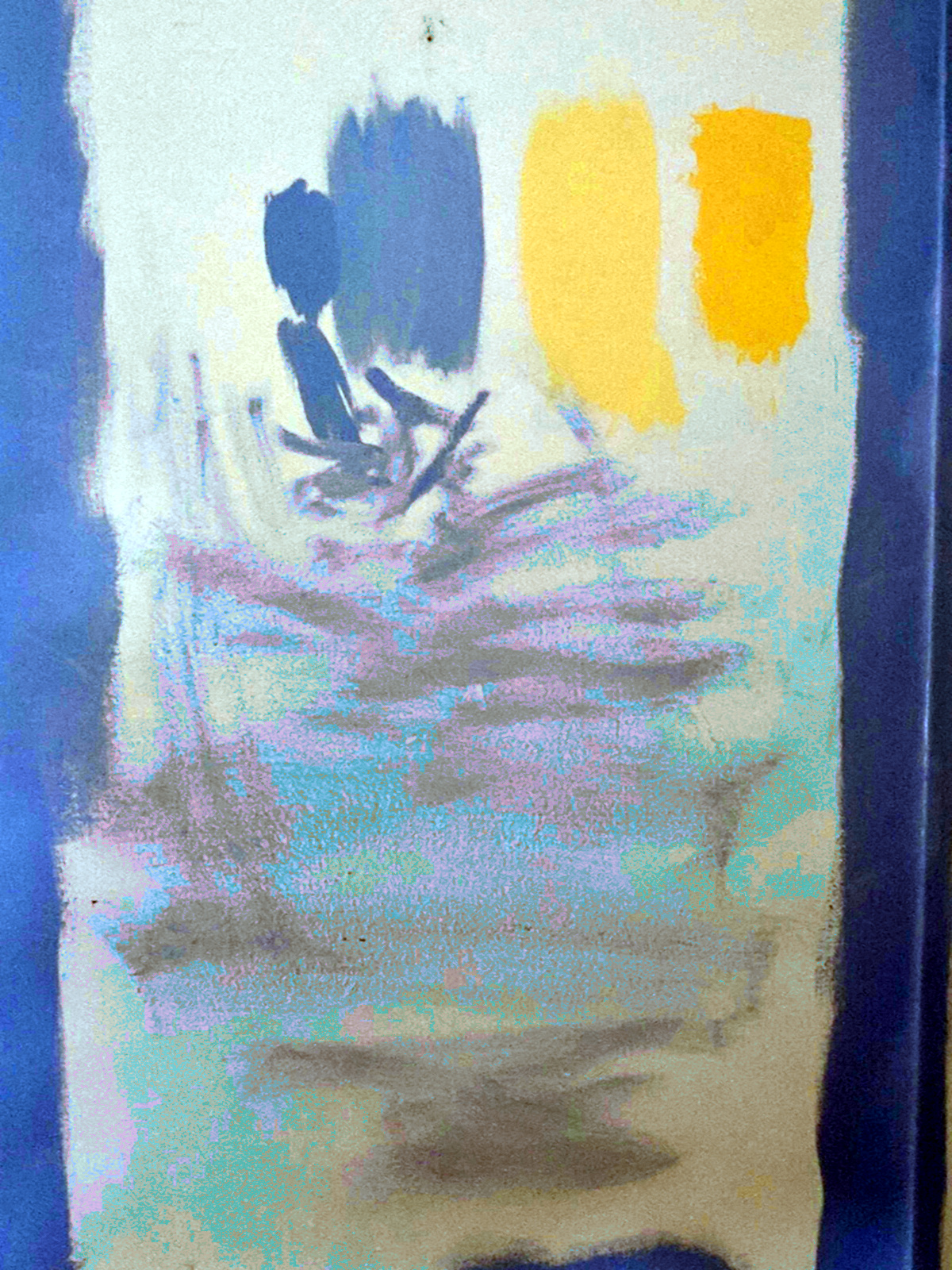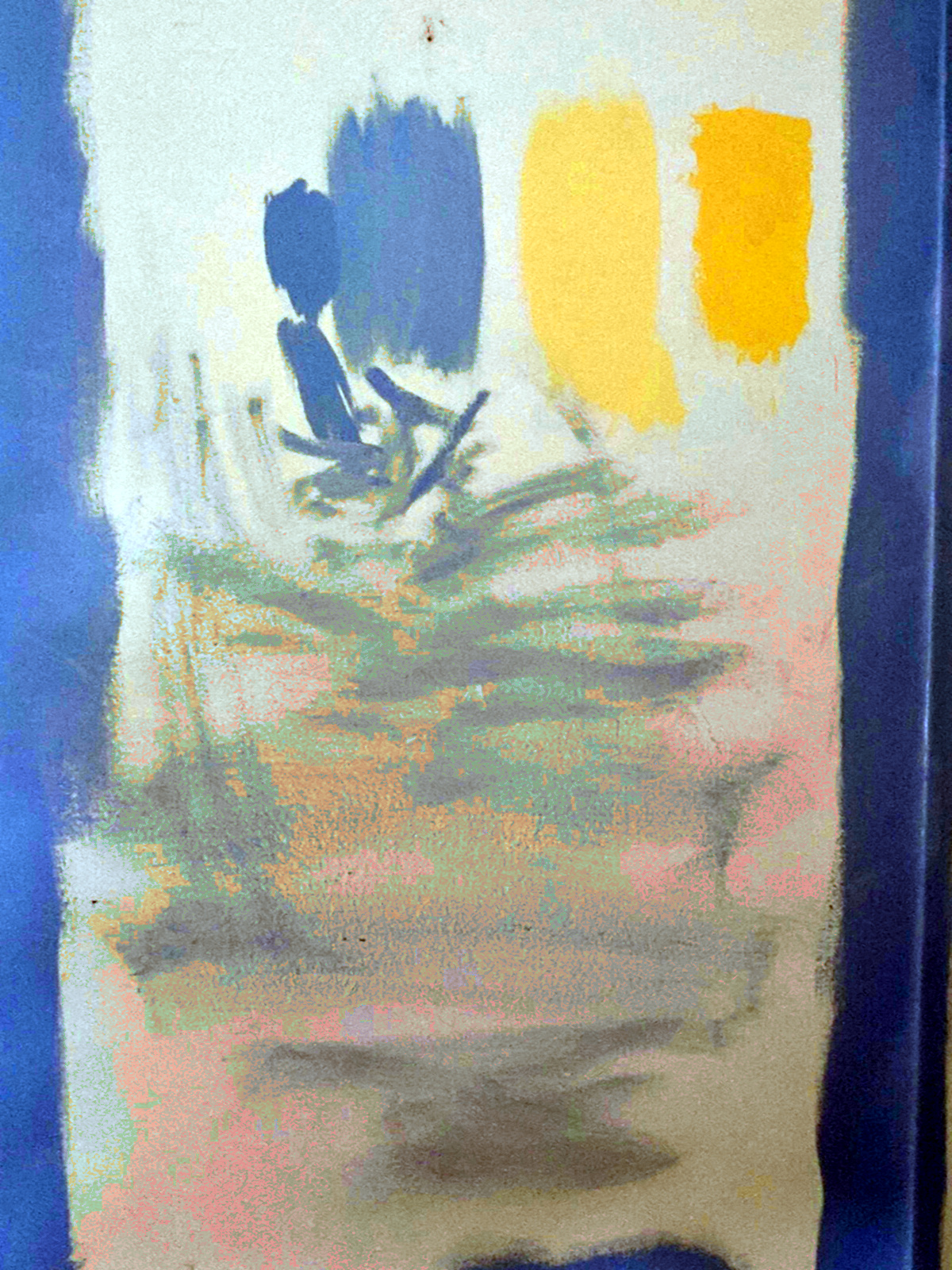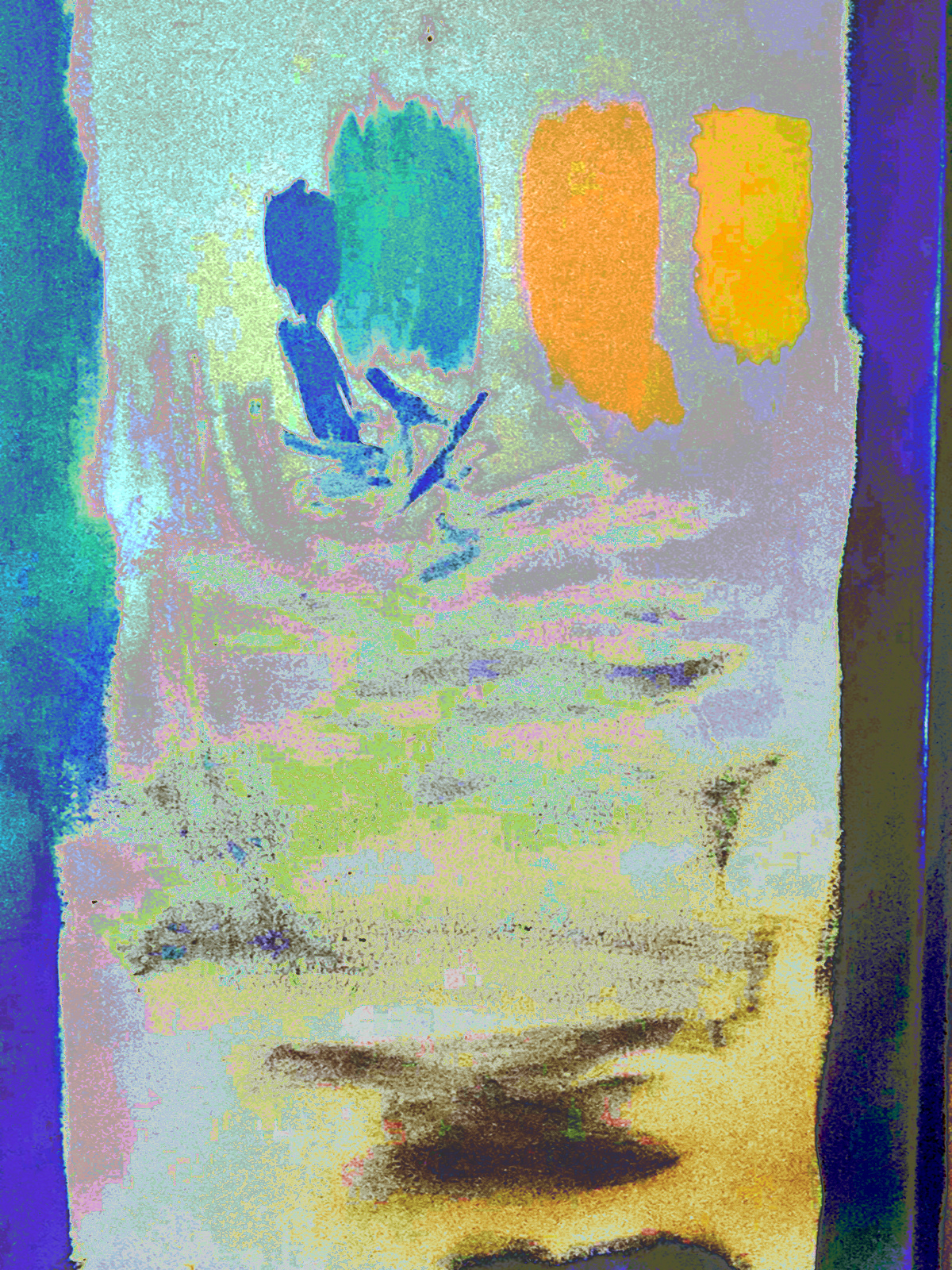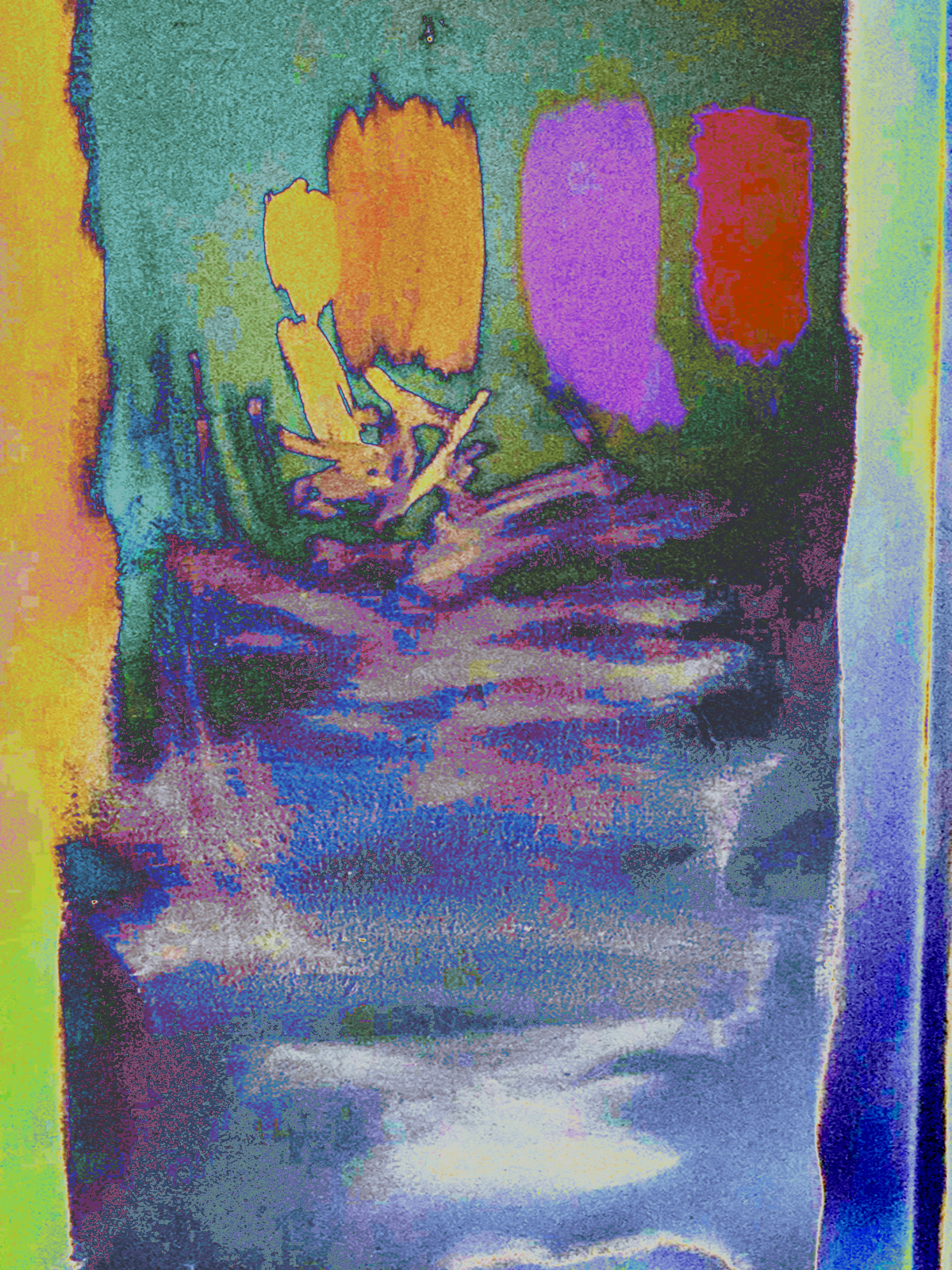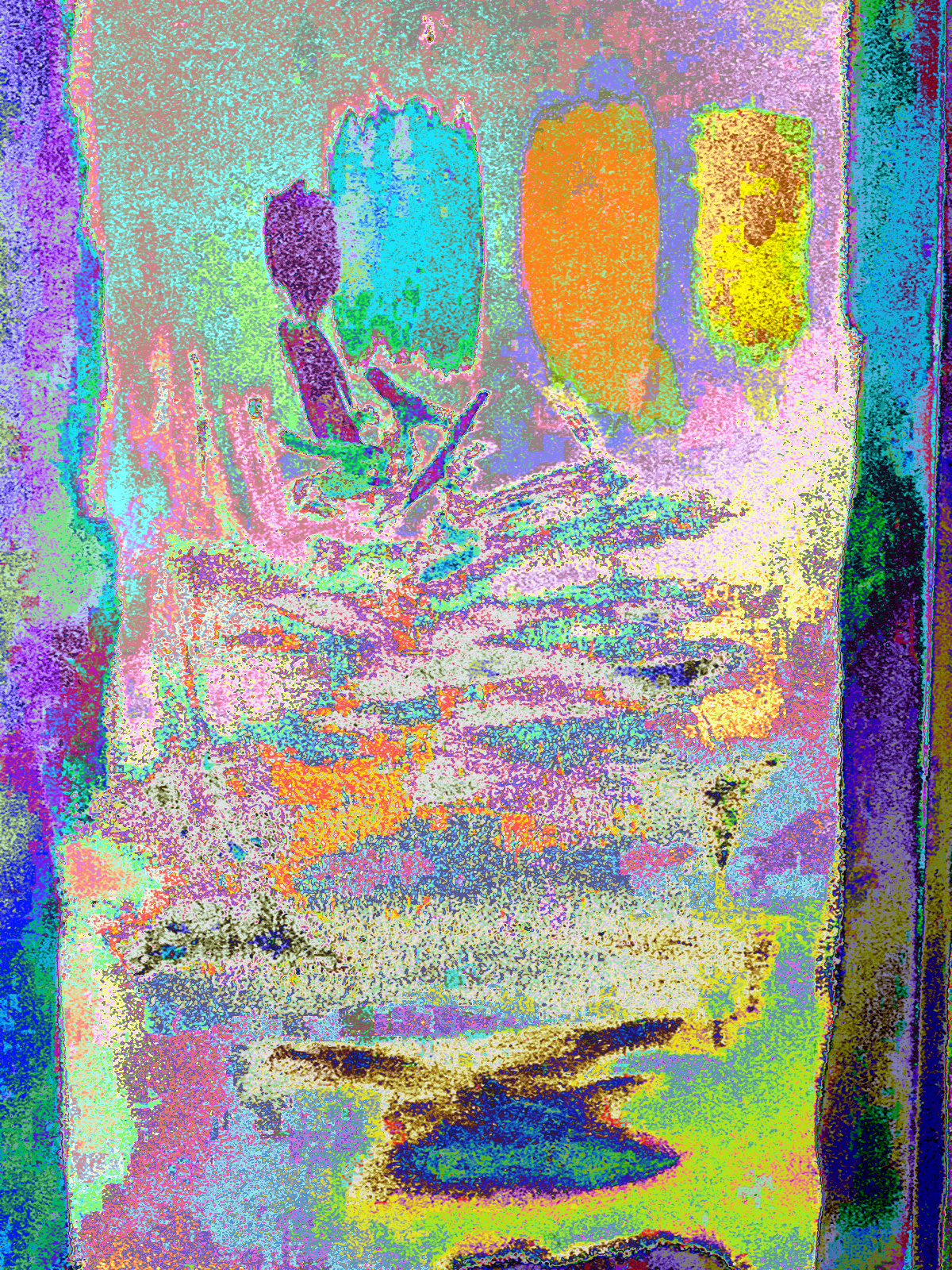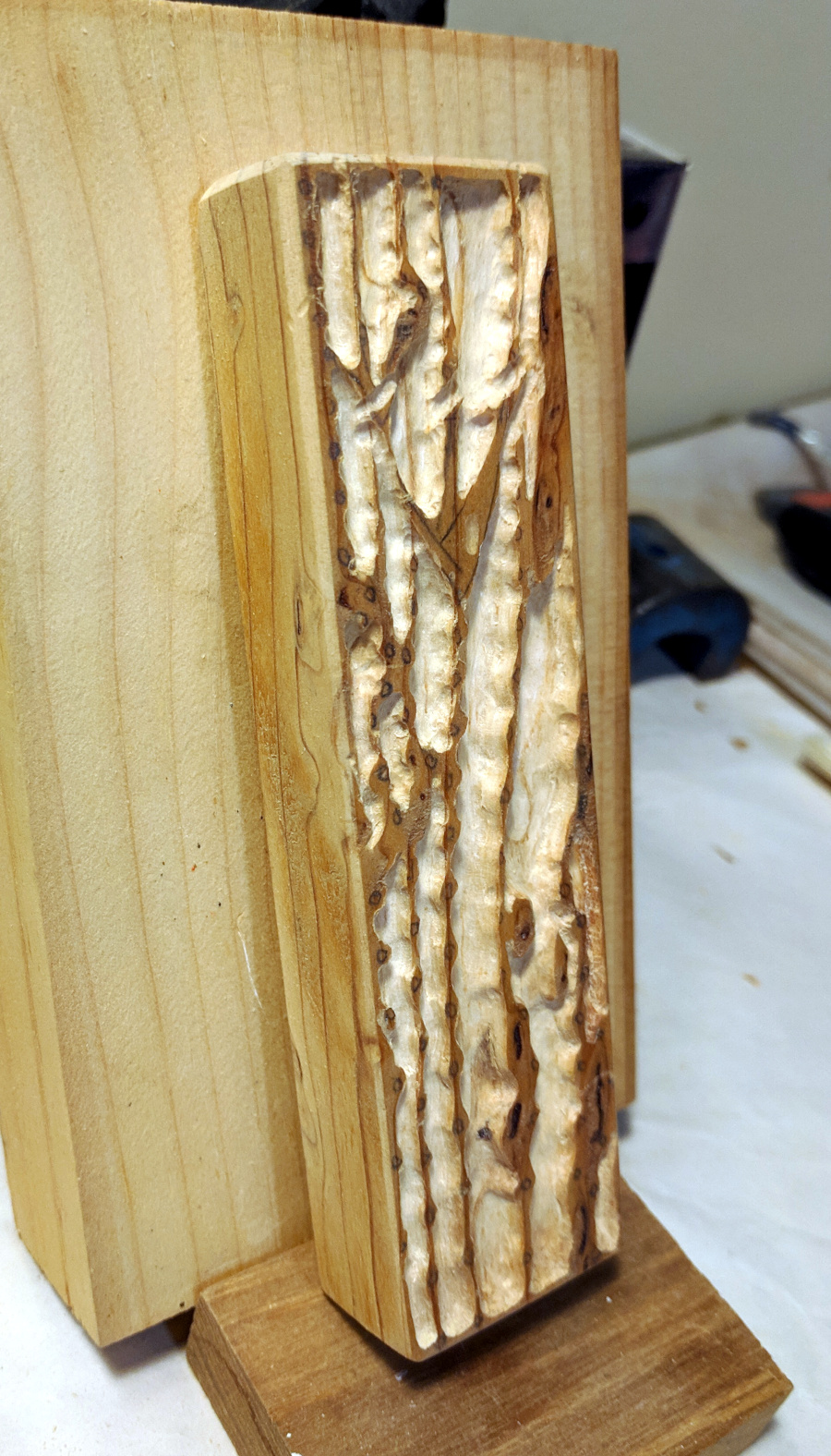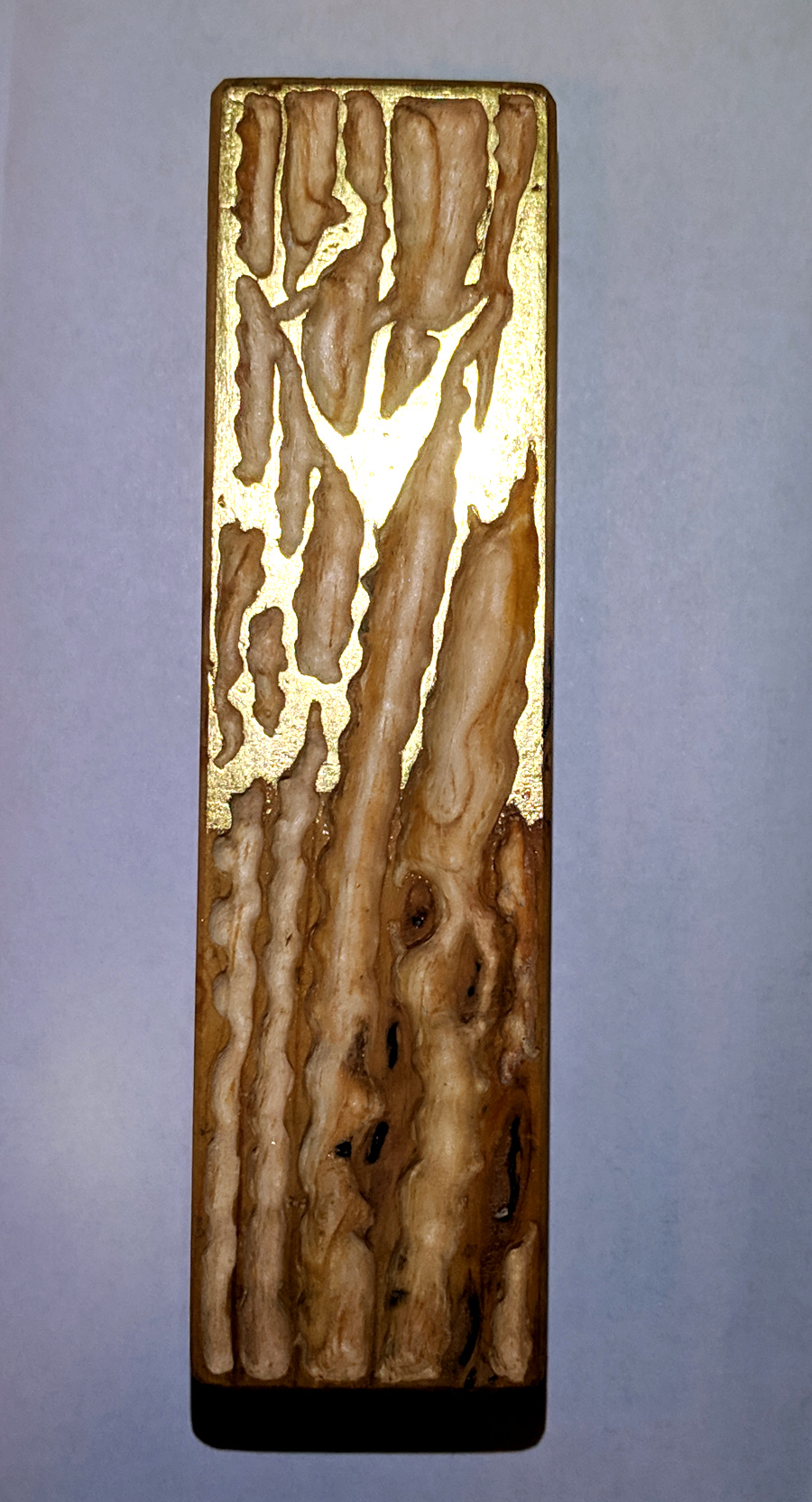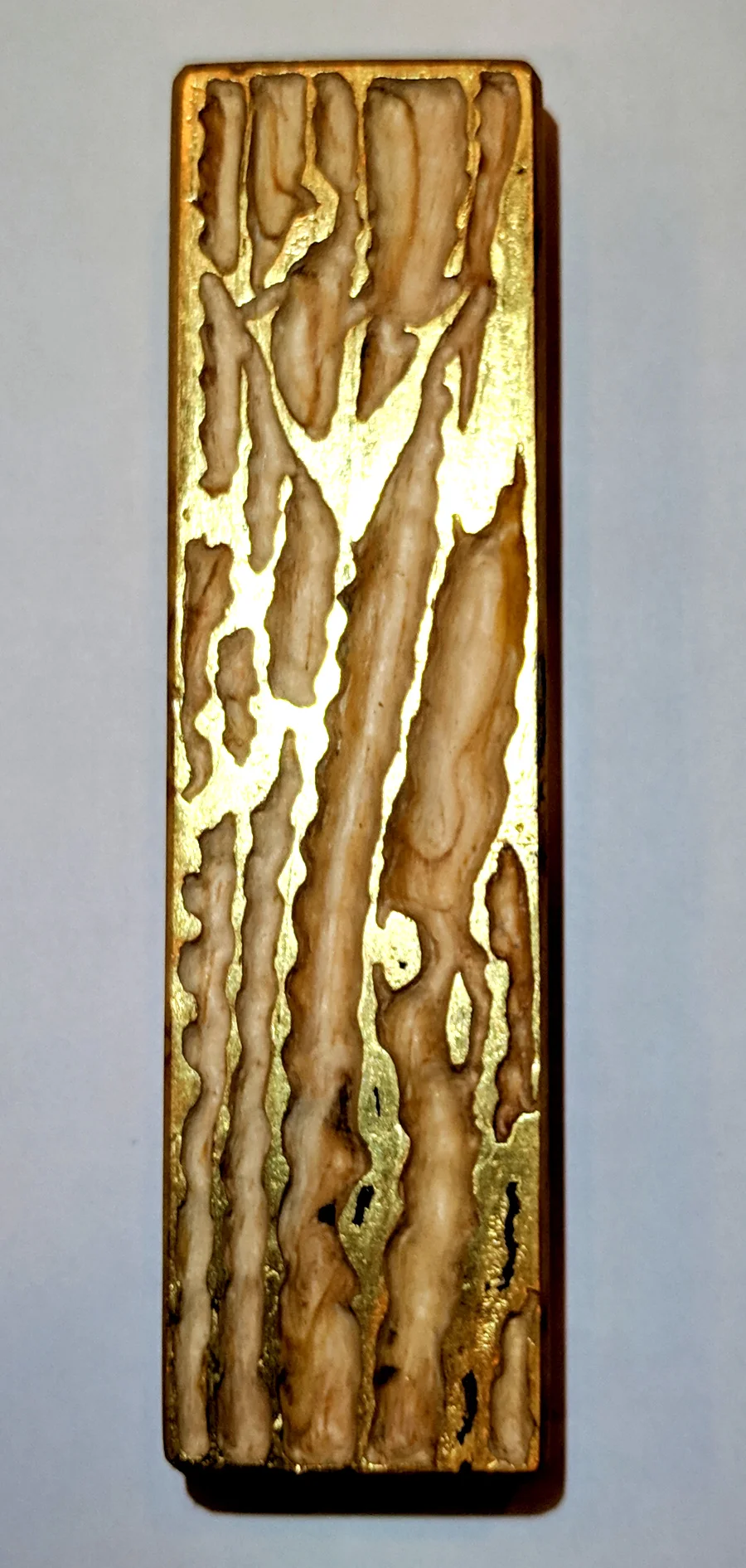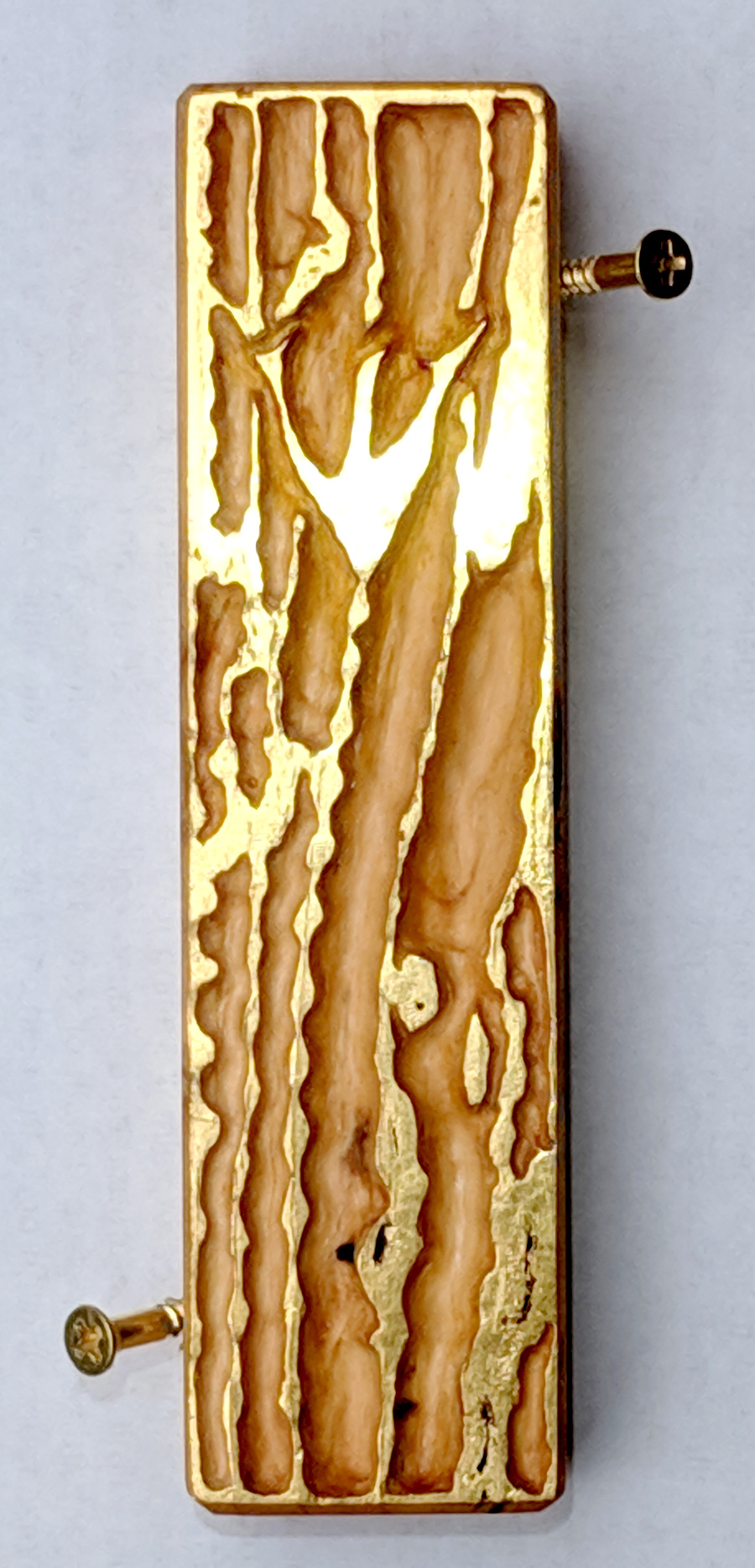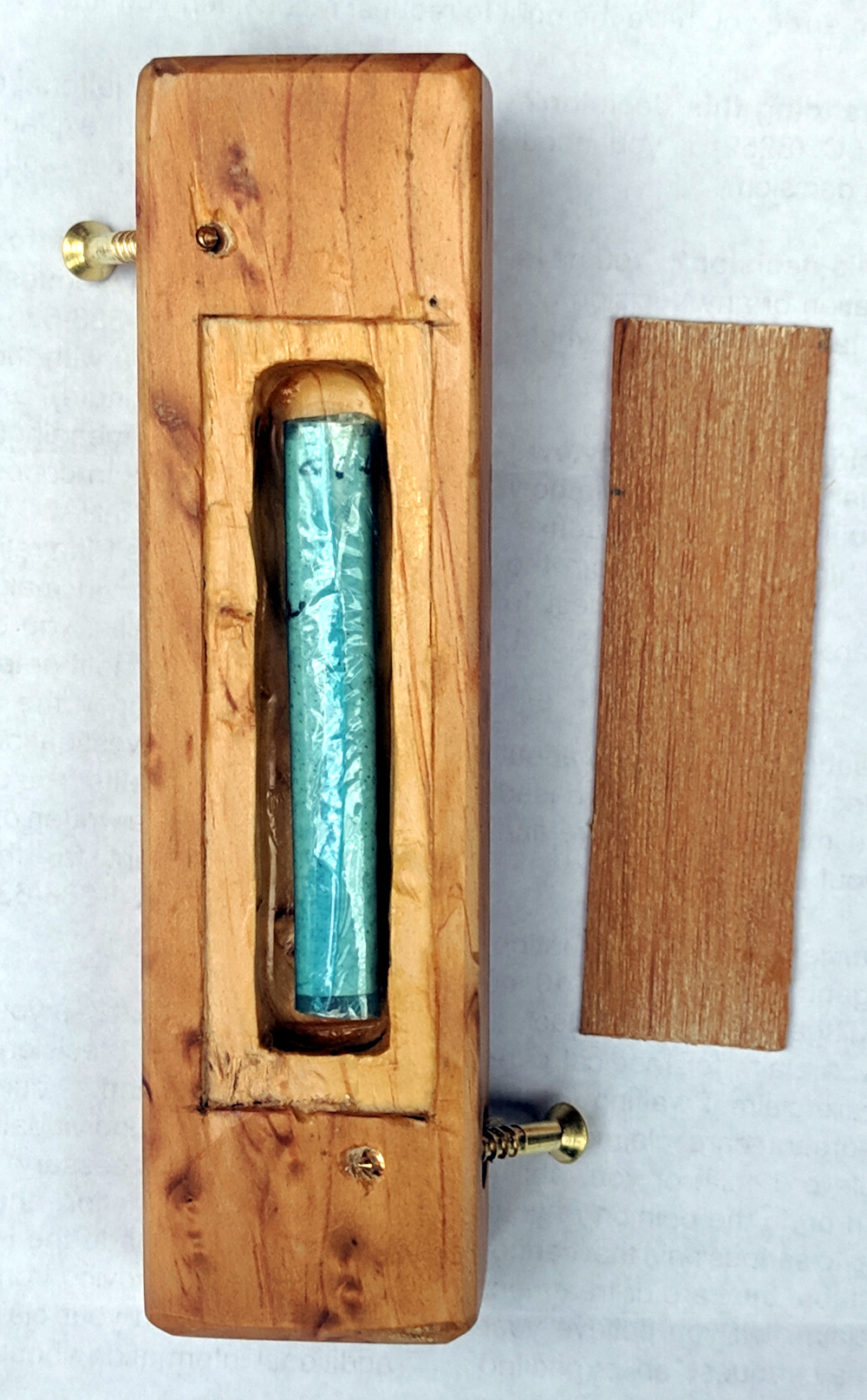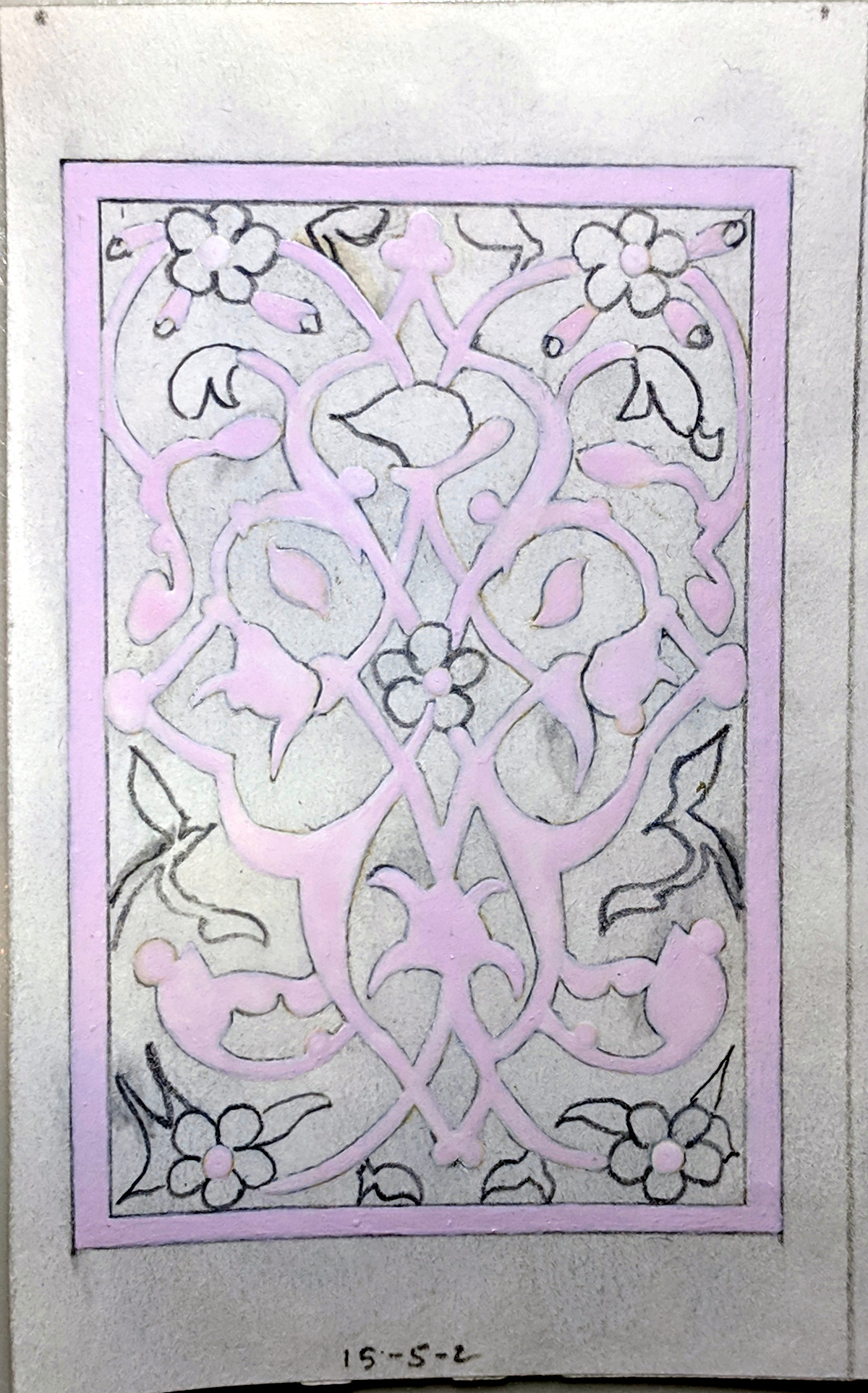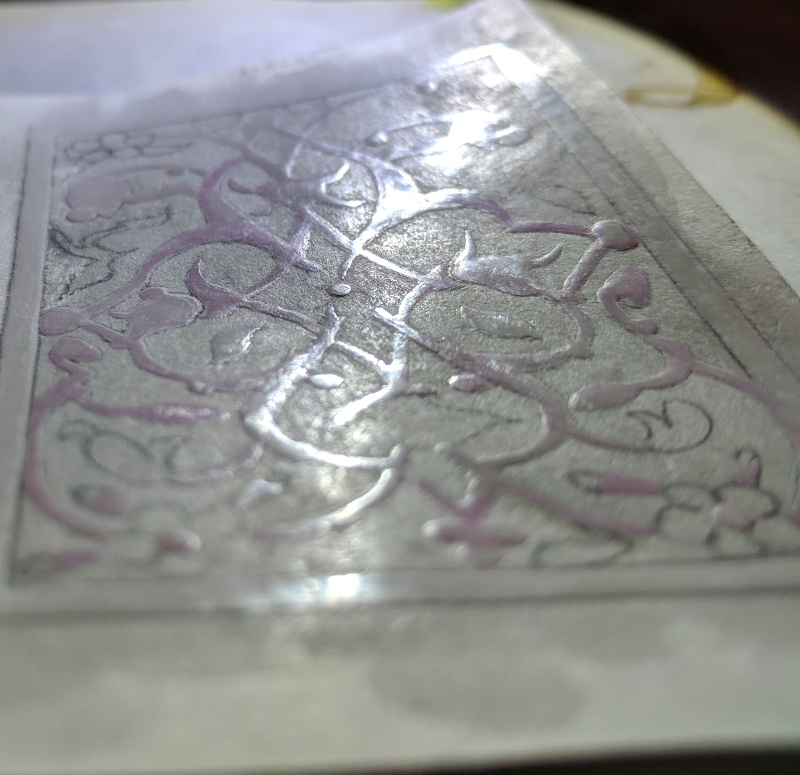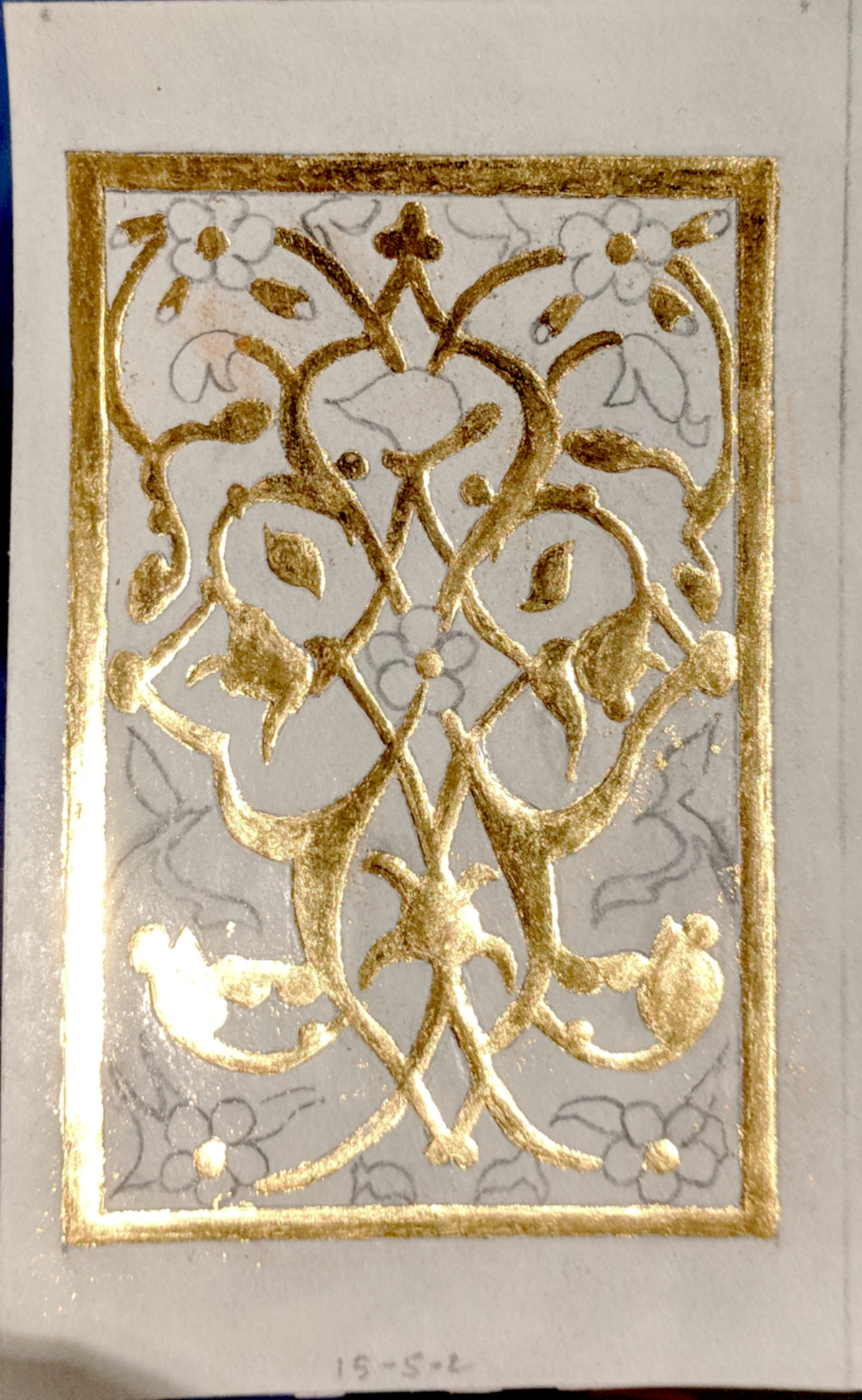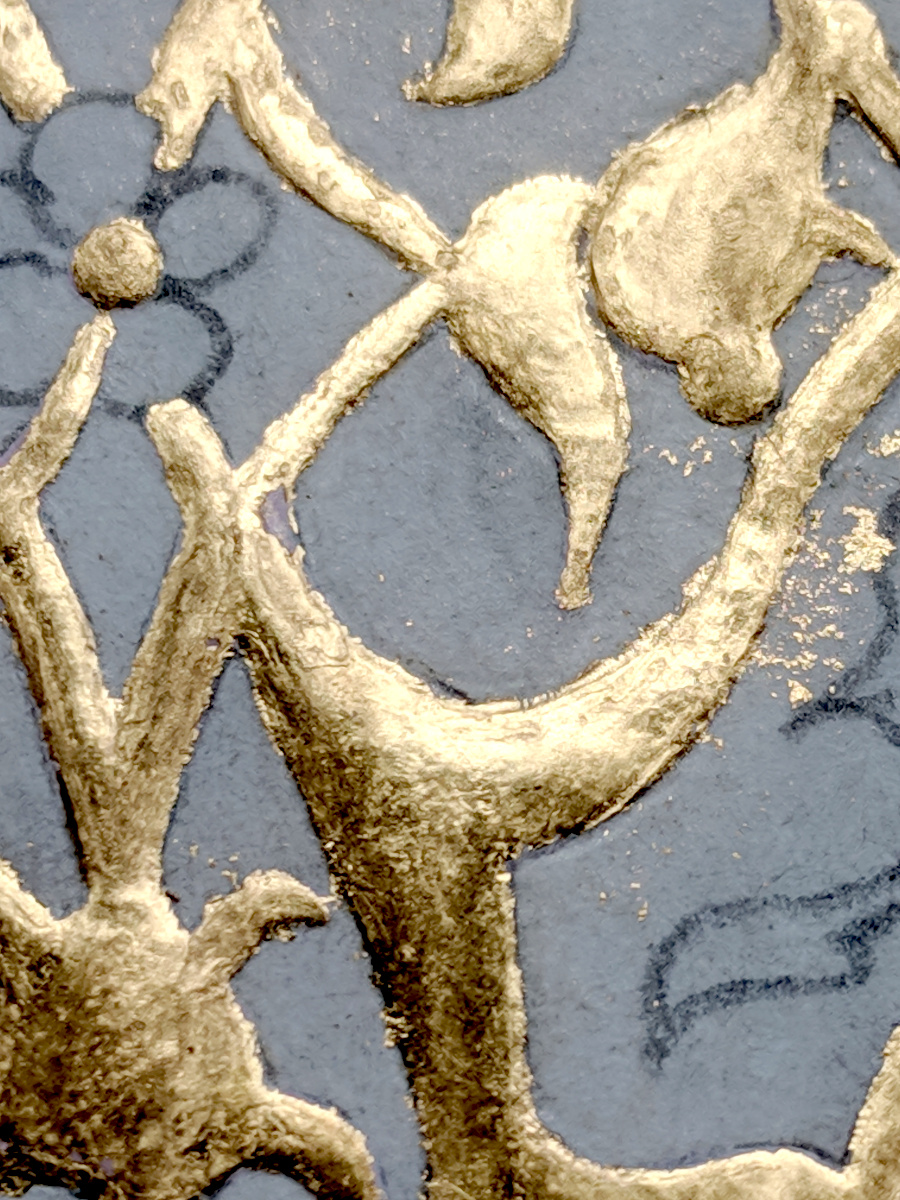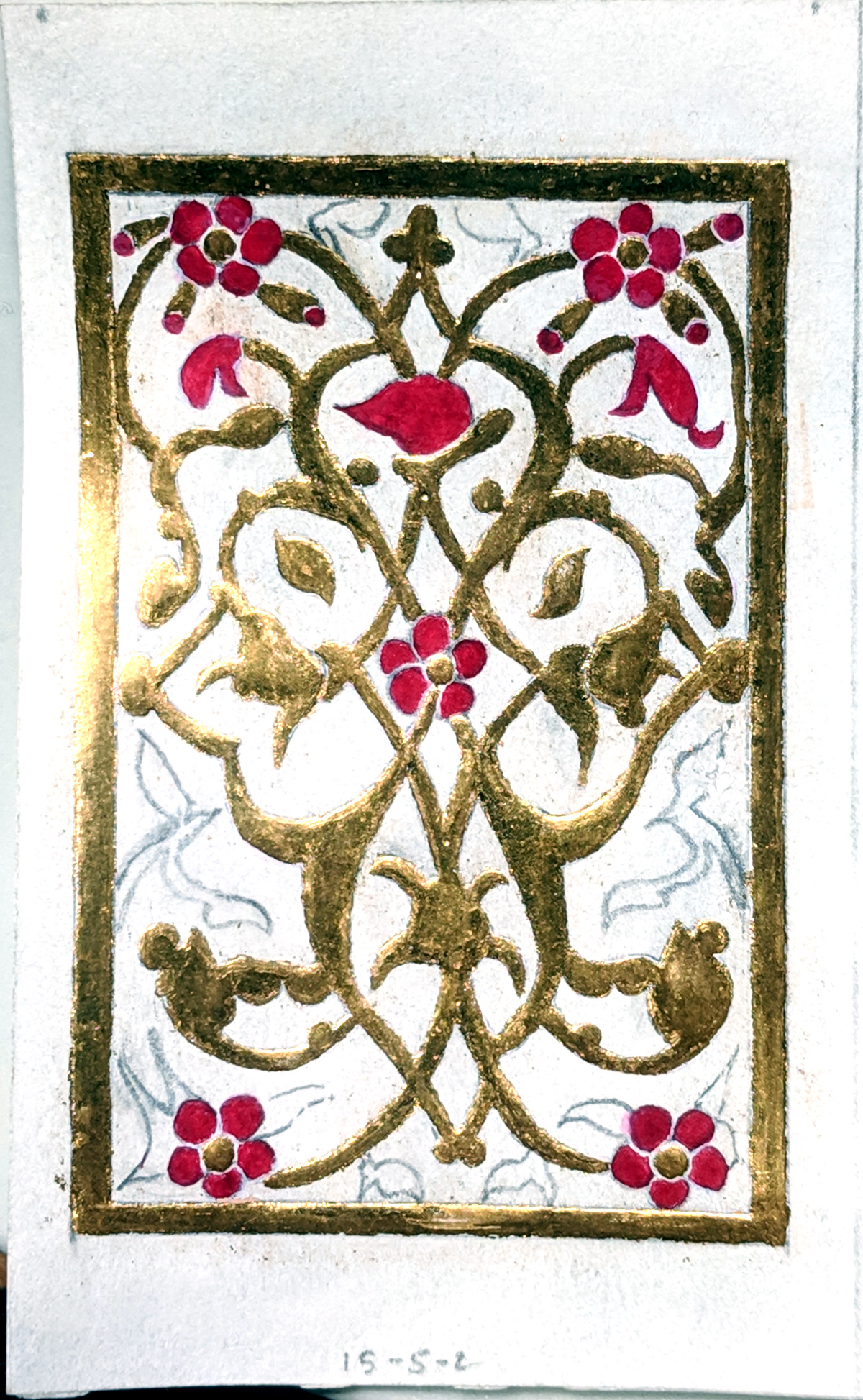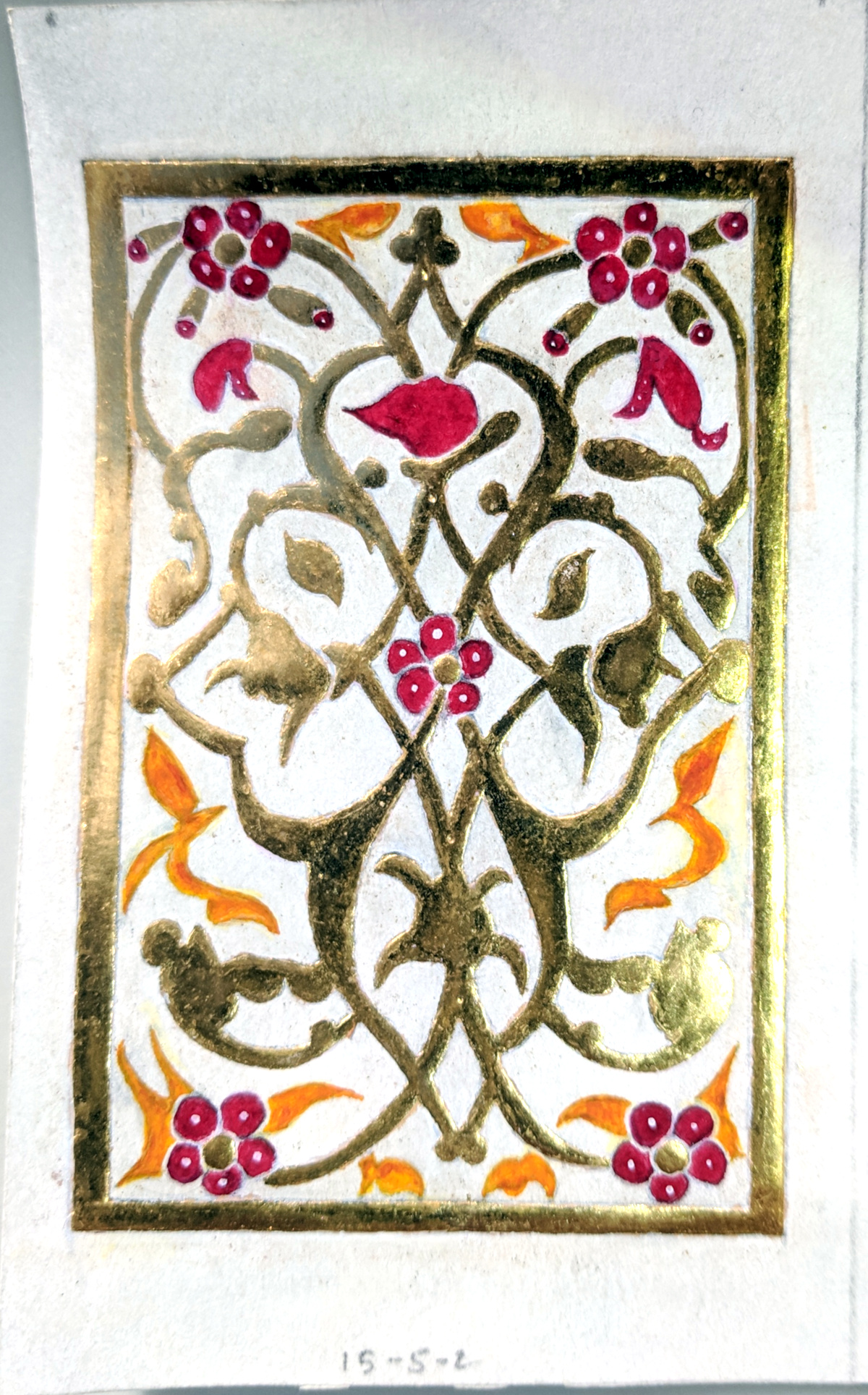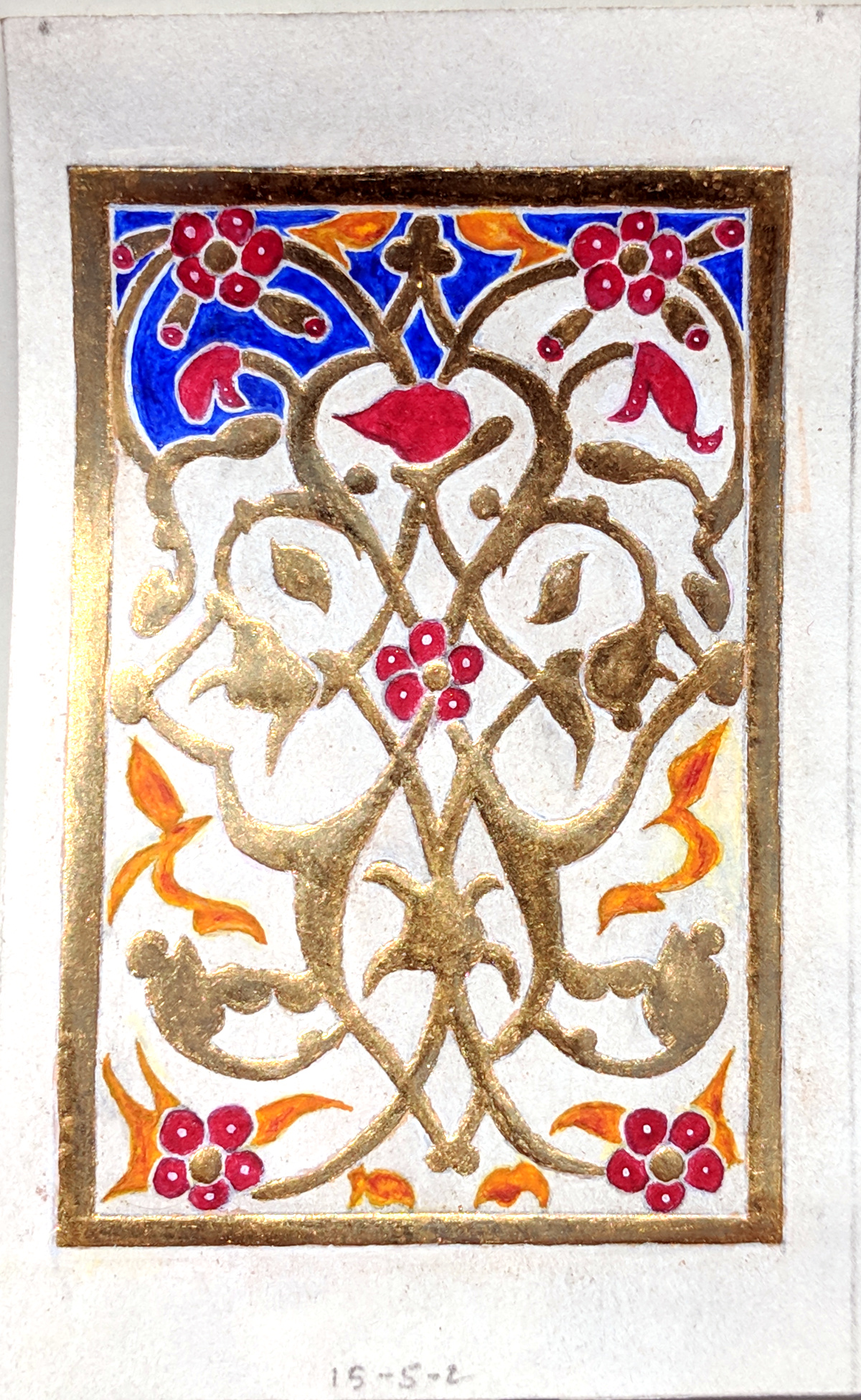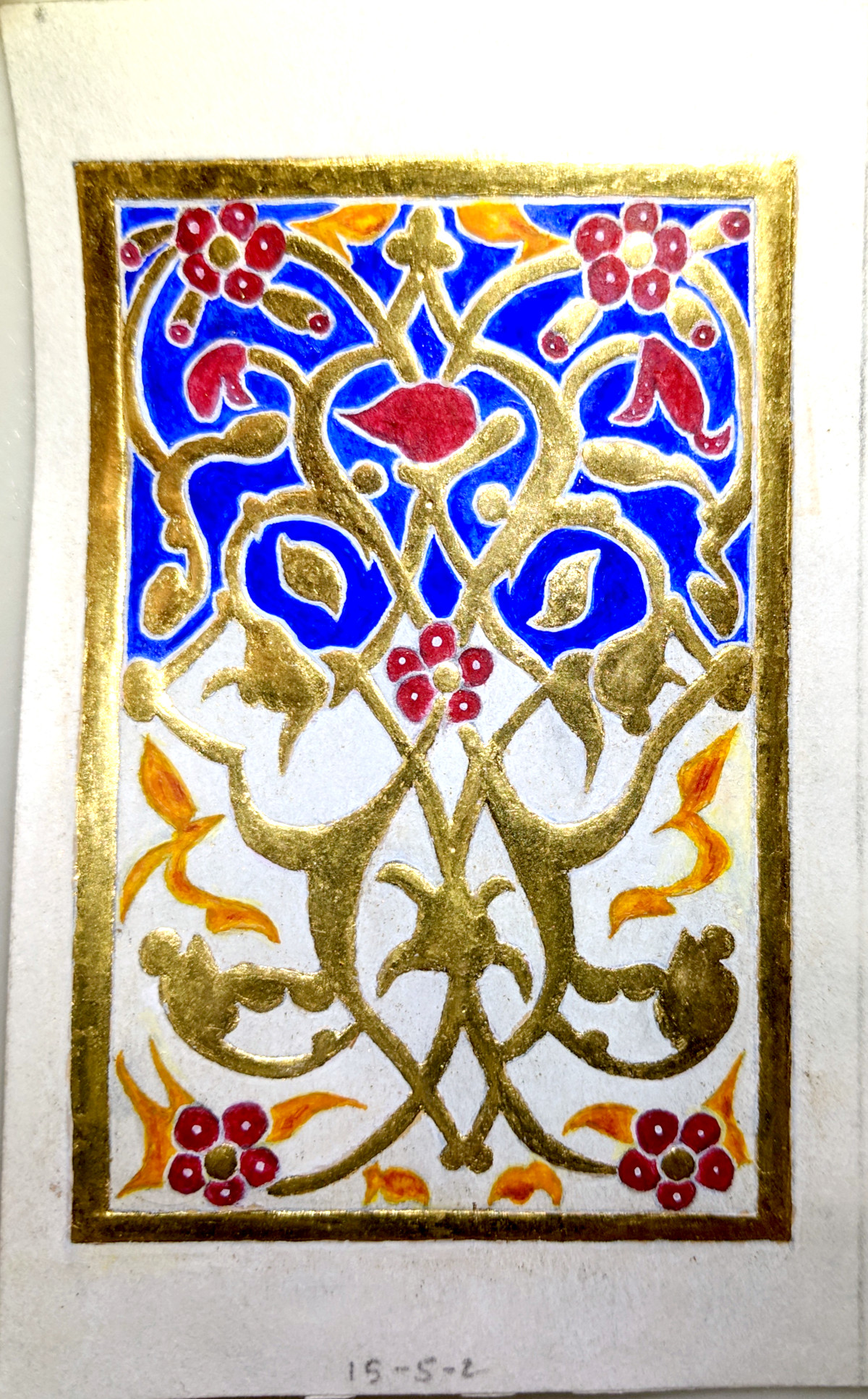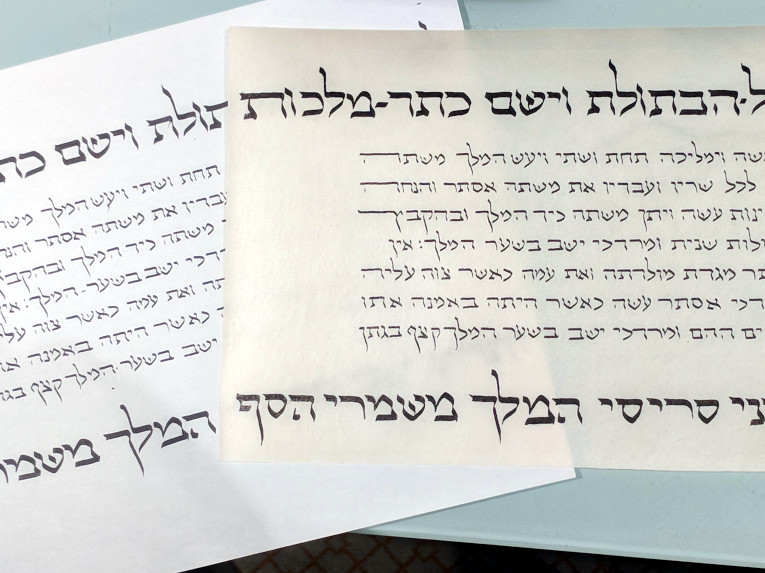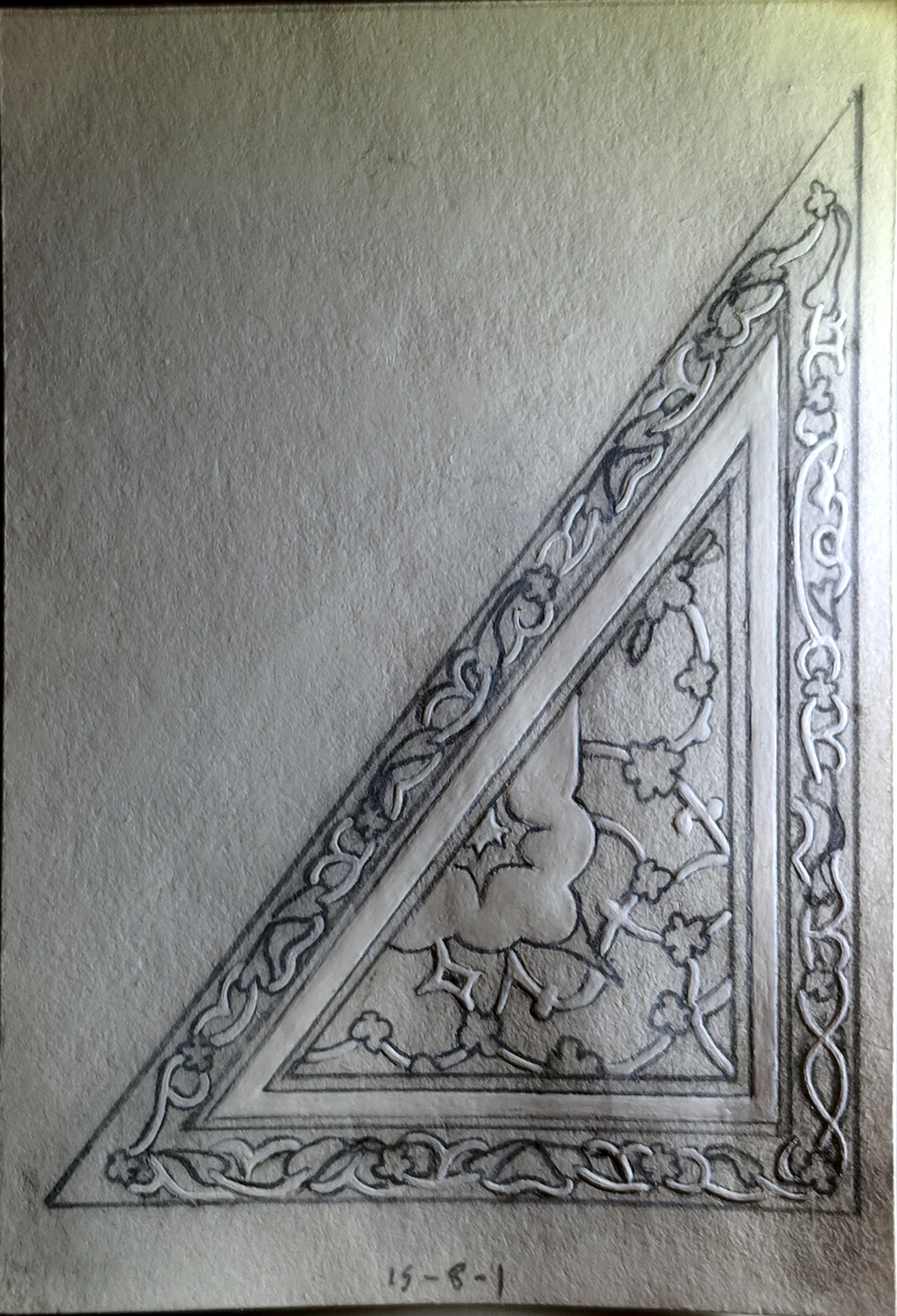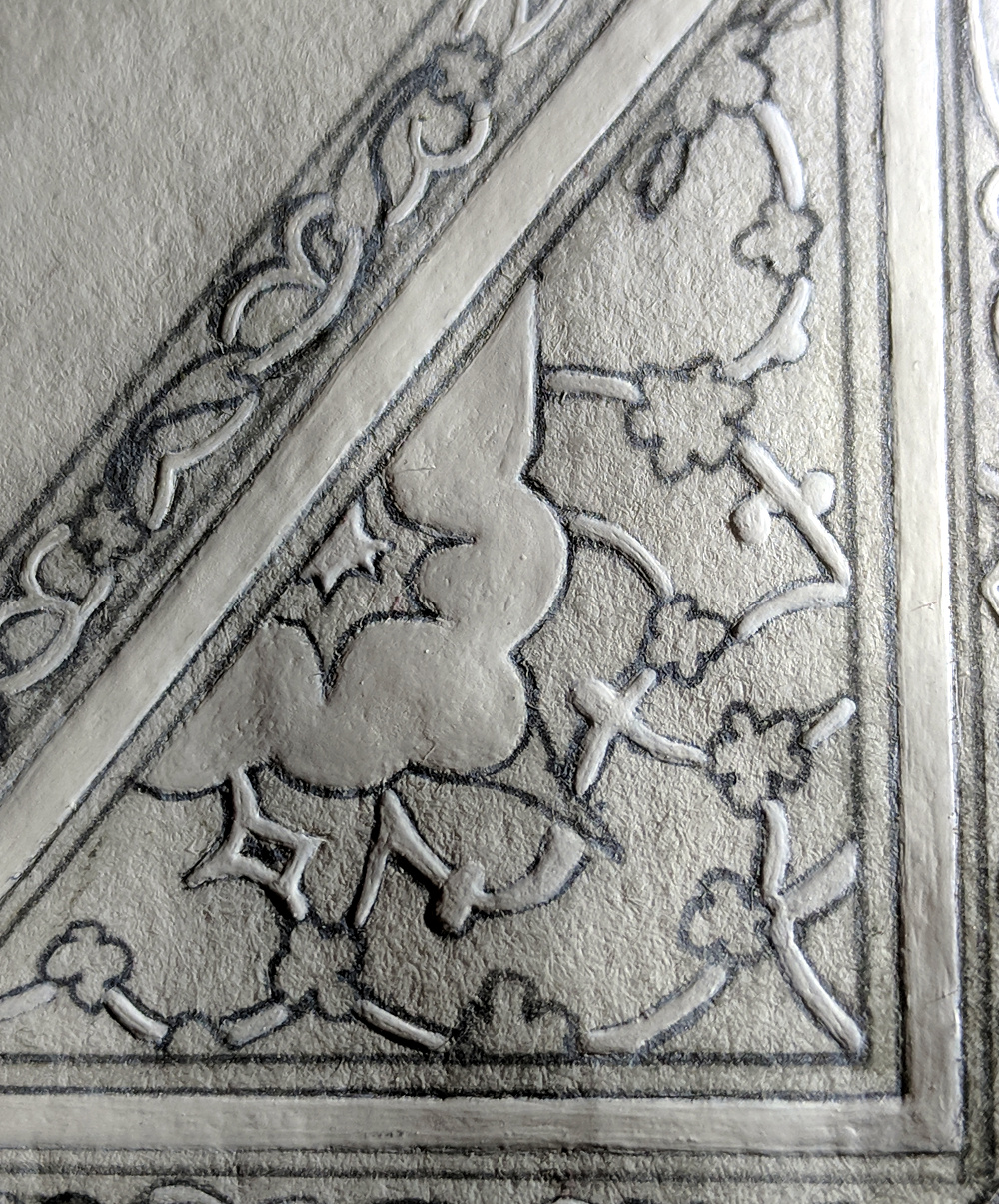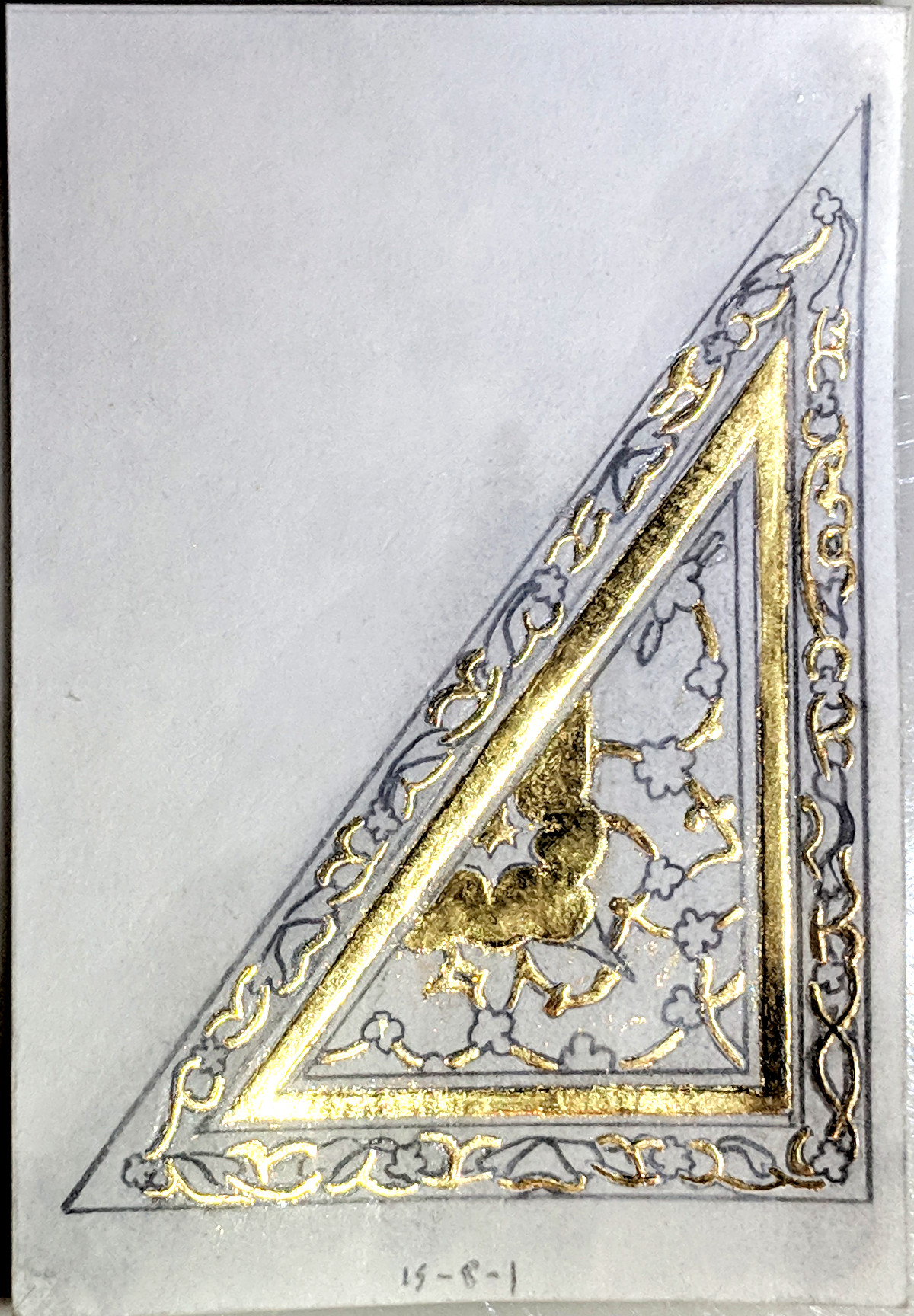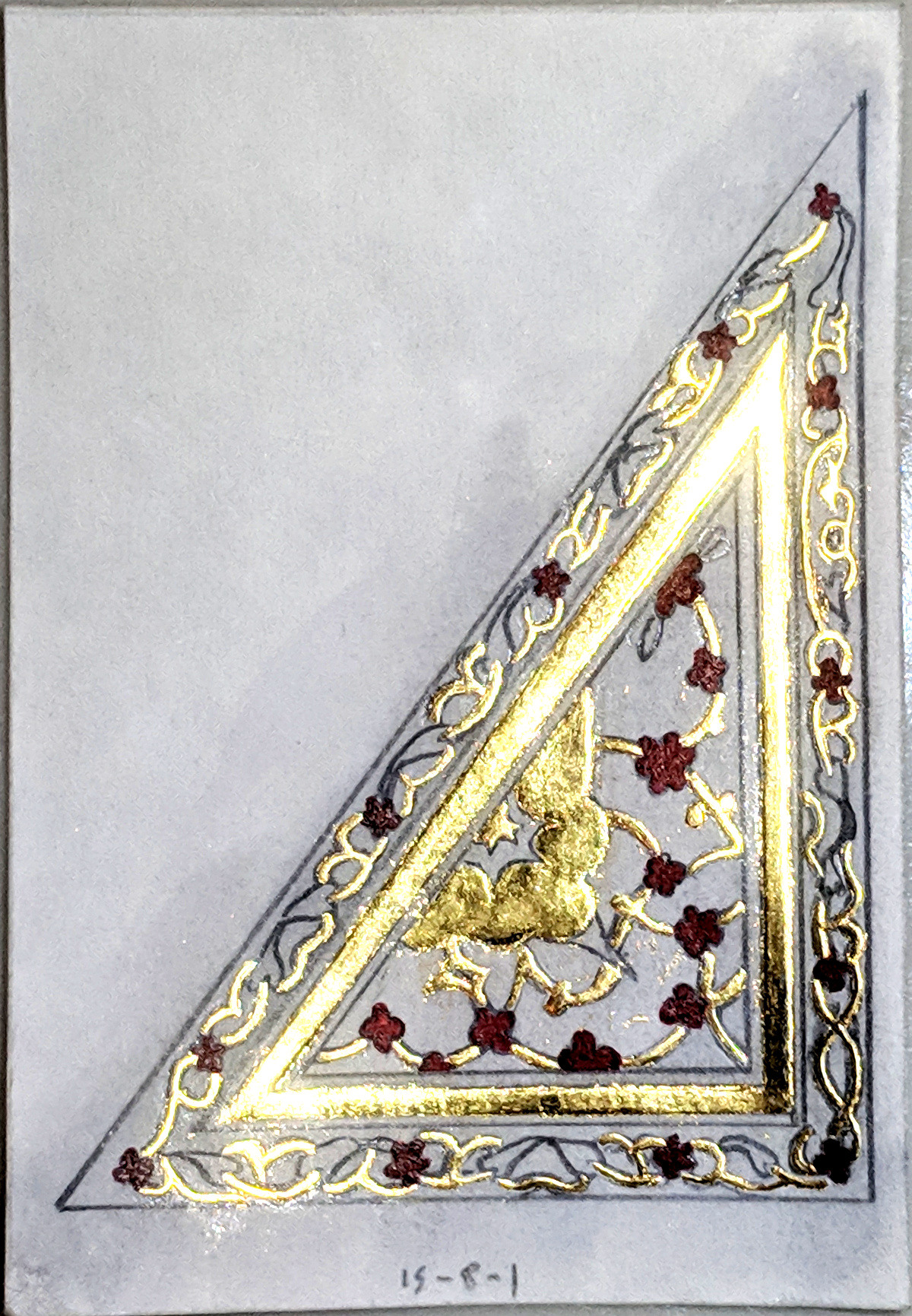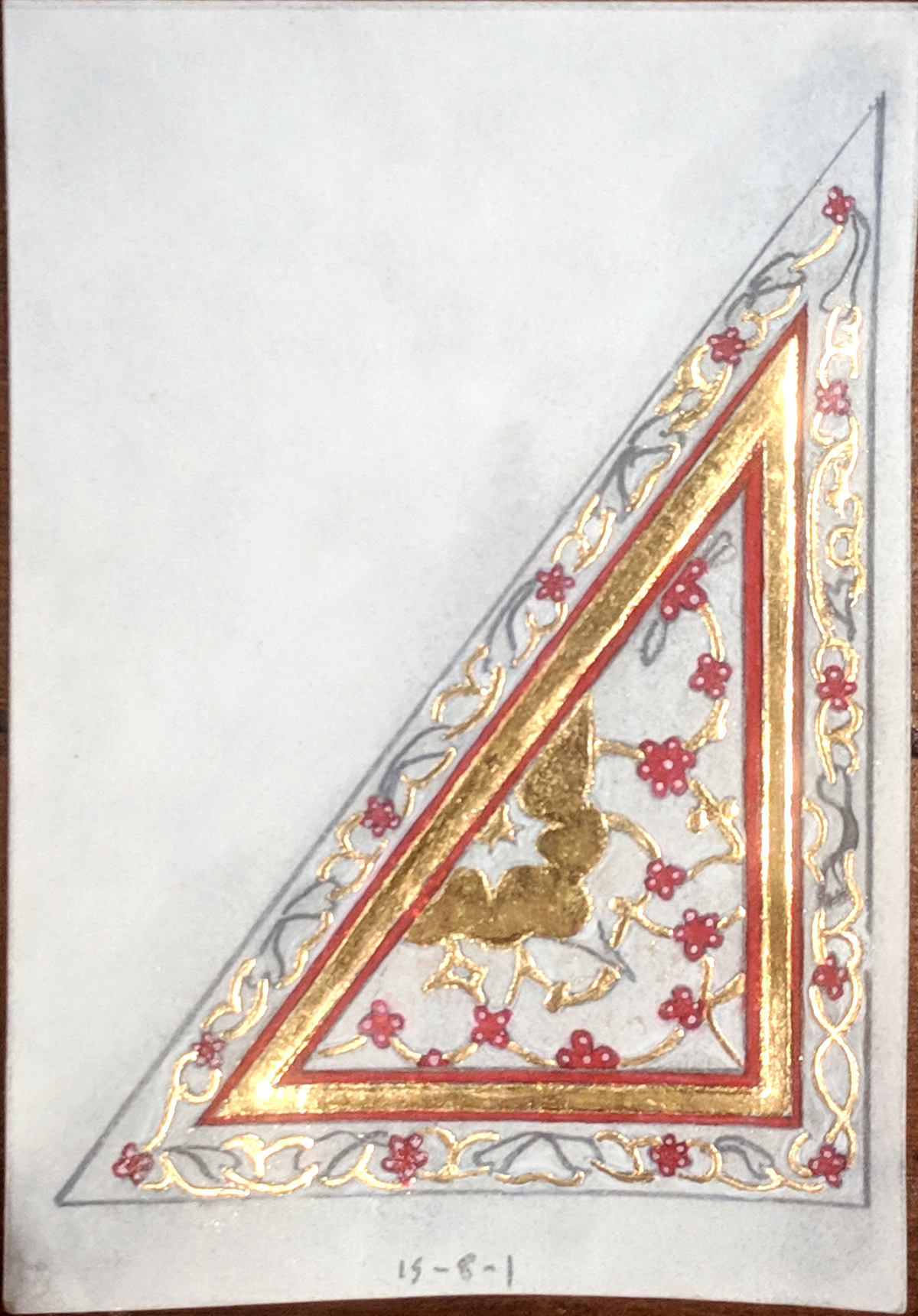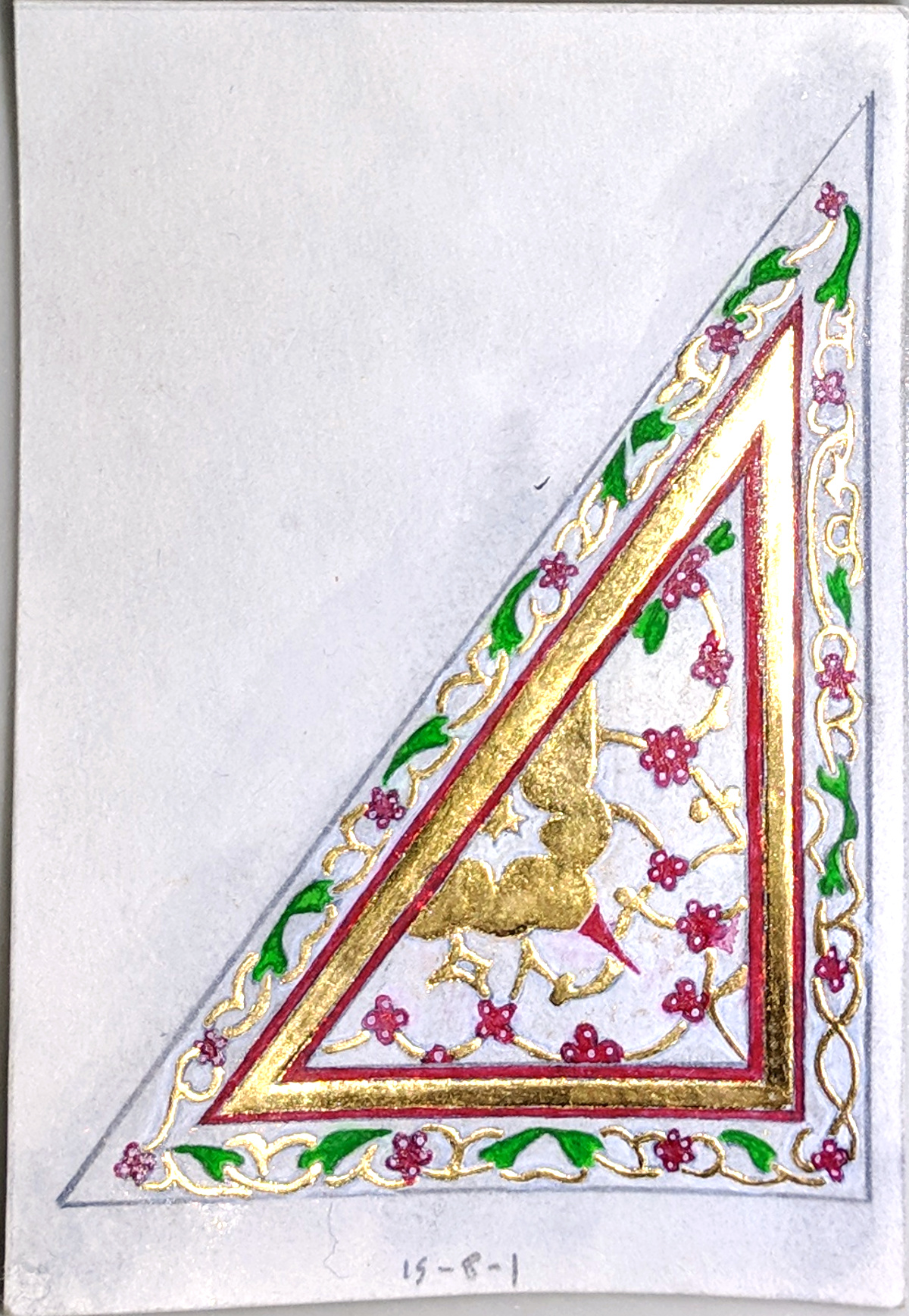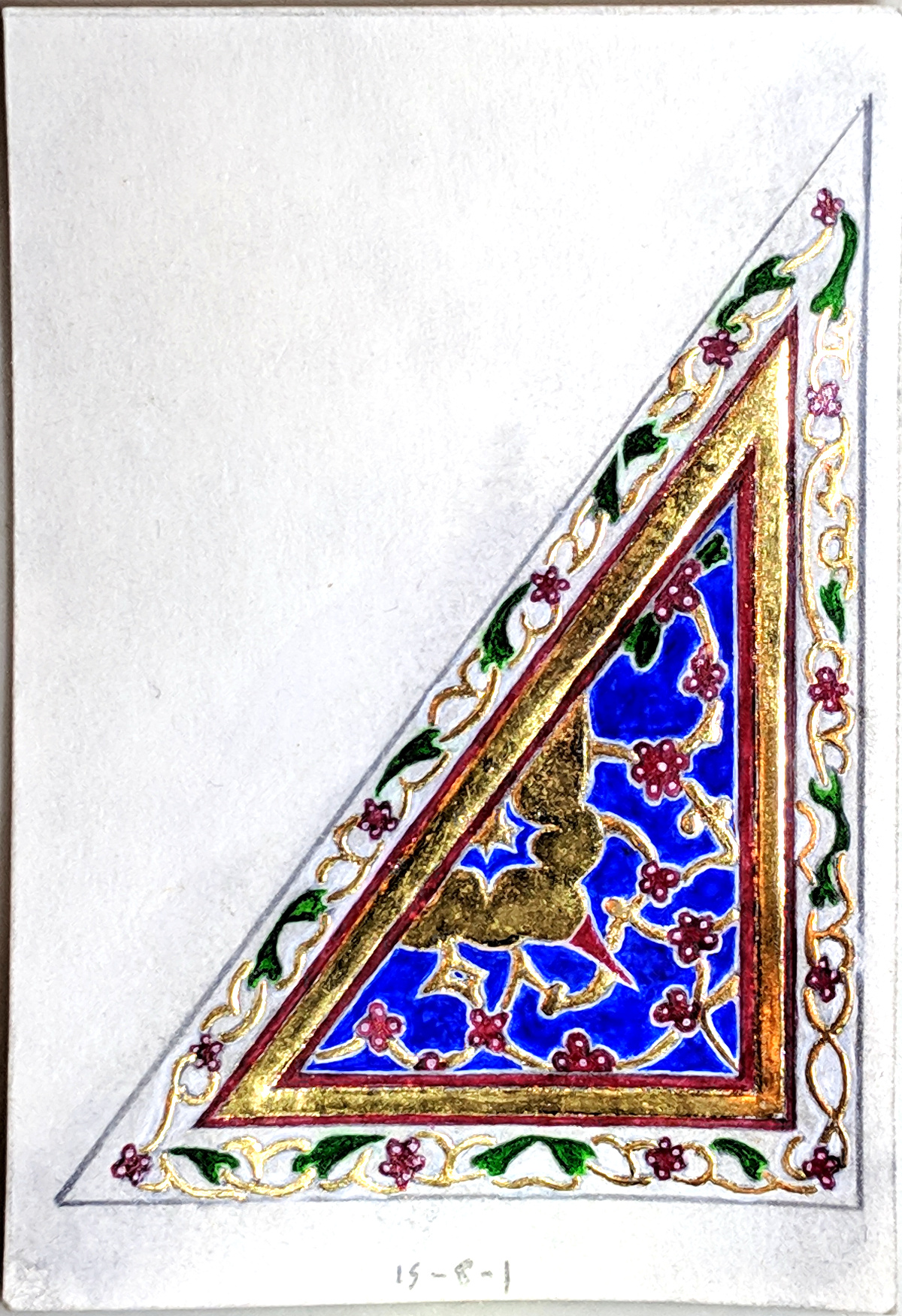This little essay is adapted from a lesson I taught to some teenagers who preferred to sit in a discussion with me than to sit with the “adults” during Rosh Hashanah and Yom Kippur services. I thank them for inspiring me to develop this topic.
Let me tell you what I’ve concluded after talking with lots and lots of students and adults about “who or what is God.”
God is kind of like Santa Claus, a jolly fat guy who gives treats to good little boys and girls, and who spanks bad little boys and girls.
Of course, they don’t ever say it like that, but that’s what’s deep down in there. It’s like the Wizard of Oz: once you pull away people’s curtains and fancy talk, most people have a 5-year-old’s idea of God. They have grown older and maybe wiser, but their core understanding of God is stuck back in 5-year-old fairy land.
Now, I think it’s perfectly reasonable for a 5-year-old to believe in fairy tales like Santa. But when you grow up, even just a little, then it’s appropriate, and necessary to reject your fairy tale beliefs.
Therefore, I’d like to propose a different understanding of God. But this idea will not come to you as something that is full-grown. It is only a seed. YOU will have to grow it, and that will take attention and effort on your part. Like any seed, like any idea, if it falls on infertile ground, or is left unattended through drought and freeze, it will surely die.
To that end, before you can proceed, there are two issues you must address.
First, you have to ask yourself: do I want to try to grow this idea? Or, in truth, am I more inclined to just ignore it? Or, being totally frank, do I really just want to kill it? That’s the first choice you have with any idea. If you want to grow it, there will be things you will need to do. I won’t take time here to tell you what they are, but you can figure them out. It’s not hard. And remember, like any seed, even if you attend to it, even if you attend to it with great zeal, it may never flower or produce much fruit; it may even die.
Second, there are some serious difficulties with knowing God or believing there is a God:
1. Our senses are limited and we base nearly all our thinking on our senses. But God cannot be experienced, in any way, through our senses. Further, our science is based on our senses. Our science, at least as it exists today, cannot help us find God, experience God, or even understand God.
2. Our experiences are limited and yet we build our knowledge from our experiences. Science teaches us to judge and understand the world through what we can experience and measure. Therefore, if you are inclined to think scientifically, and if you have not experienced God, it will be very difficult for you to believe that there is a God, because we measure the world through our own experiences.
But consider: there are people who have had genuine experiences that can be called “God-experiences.” Unfortunately, most people don’t ever have them, so we need to put aside the fantasy that because we imagine ourselves to be so wonderful, God will step down and tap us on the shoulder and say, “Okay Jack, it’s time for you to wake up!” But if you want that to happen, you have to prepare the ground. It’s not much different than aspiring to become a concert pianist or professional athlete. It takes a lot of preparatory work. And even then, you may not achieve your aspirations. You may not experience God.
3. This world is full of a vast number of distractions, and opportunities to waste our time on entirely meaningless and useless activities, from social networks, to shopping, to TV and internet, to sports. And on top of it, we have to spend a substantial portion of every day going to school, and after that, working, and very little of that time will help prepare your mind (or as some would argue, your soul) to understand God better, or to experience God.
4. We must face the problem of pain, disease, and evil. This is, of course, an enormous stumbling block for many people, and I’m not going to attempt to “solve” it, which is to say, rationalize it. I’ve read many answers and none have greatly satisfied me, and the answers that I’ve tried to compose don’t satisfy me either. I have resigned myself to living with the unknowing and the discomfort. That may be a deal-breaker for you. If so, fare thee well.
So, in short, the world is a hostile place for helping us to find and understand God.
Realizing all that, if you still want to seek a new and more meaningful understanding of the idea of God, then the first step is really quite simple. Consider Copernicus. When Copernicus re-imagined the solar system placing the sun at the center and earth orbiting it, rather than setting the earth at the center, it was nothing more than a change in perspective. It required no new data, whatsoever. But it had a massive impact on our understanding of the universe. Everything changed by simply changing perspective.
Here are 2 perspective changes you can explore, if you want to develop a more meaningful understanding of the idea of “God”.
1. First, we must first rethink what “I” am and what our body is. Our body is but a receptacle. Life/Consciousness creates the body; the body does not create Life/Consciousness.
Consider this metaphor of plumbing:
When you turn on a faucet, it allows water to pour out. That water is under much pressure coming from a vast reservoir far away. Think of that water as “life” and the faucet opening as the germination of a sperm and egg into a foetus, a new life. Like plumbing, life flows into us. Our body does not create that life. Rather, it becomes the receptacle for it, growing as that life-energy unfolds into the world, and aging and declining as that life-energy begins to depart.
Consider: Is a table alive, or a building, or the ocean or a mountain? No. It doesn’t matter how much matter there is, how many chemicals and compounds are mixed together. Atoms aren’t alive, so no matter how many you gather together, you won’t create some kind of strange but living thing. Atoms aren’t alive; therefore, they cannot create life! It’s a simple, scientific fact. It’s like creating something from nothing. It can’t be done.
Think about it:
If a person is in a room and the oxygen is pumped out of it, in 5 minutes that person will be dead. That person’s atoms are all still there. Nothing has changed about their body. But their body doesn’t just spontaneously pop back to life if oxygen is suddenly made available again. Their body didn’t create the life; if it did, it would pop back alive again! No, life departed that body. The door closed. It’s gone, and all that is left are atoms, lifeless atoms.
When a sperm fertilizes an egg, the 2 cells rapidly begin to divide and expand. Life is rushing in, like water pouring through the pipes in your home. The shape of that life pouring in is what shapes the body that evolves. We say, oh no, it’s genetics that determines the structures. No, your perspective is backwards. It’s life that shapes the genetics! Our genetics, our DNA is the effect, not the cause, of the life-energy pouring into the world!
And once you realize your body is not creating life, you realize your life is connected in a direct way to everyone else’s life here on the planet, and, most likely, on other far flung planets, as well. Life is like a vast reservoir of water, flowing throughout the whole universe, connecting us to all other living beings!
And suddenly, our small life is connected to a vastness that staggers our imagination. And yet, although its entirely unmeasurable, it’s right here, the very essence of us.
And seen this way, we can understand Life (or if you prefer, Consciousness) as one of the faces of God. It’s not all of God, but it’s a tangible and accessible part of God. With just this small change in perspective, suddenly God is flowing through your veins. This is no fairy tale god; it is the God that is LIVING YOU. God is in you and living you, and like a canoe on a white-water river, you are paddling hard as you can, to try to control your movement on that rapidly flowing river.
2. Second, we need to actively realize that God is Infinite and Eternal. God is not like our finite, limited world. Forget the word ‘God.’ It’s got Santa Claus attached to it. Think ‘Infinity’ or ‘Eternity.’
The rules that operate in infinity are entirely unlike the rules of logic that define how we think and understand the world.
Consider: In our simple, deeply limited “rationality” 1+1= 2, pure and simple. There’s one answer, and everyone knows what “1" is: one penny, one chair, one person sitting in a chair. But let’s think about this.
What is “1” ? We represent it in writing by a figure, a short vertical line. But really, isn’t it 1 plus a decimal point plus a zero. But what if we write 1.00000001? Is that 1 or 1 and just a little more? What if we add a million zeros and then a 1, is that 1, or 1 and just a little more? When does 1 become just “1"? Can we add an infinite number of zeros to get to 1?
How do we add an infinite number of zeros? We can’t. And even if we could, we could still add a 1, because infinity doesn’t follow our very limited and simplistic rules. In fact, all numbers are infinite and unfathomably complex.
Let’s look at another aspect of the infinity that is all around us, shaping us while we thoroughly ignore it. Is a penny a penny? Of course. I give it to a store clerk and she’ll give me a piece of gum (well, maybe a long time ago I could get a piece of gum for a penny). But just a second. Look closer.
Where does that penny begin and where does it end? If you look at that penny with a very powerful microscope you run into a problem. Suddenly you see that you can’t actually determine where it begins and ends. Some electrons and other sub-atomic particles can jump from the penny into my finger, and electrons from my finger attach to the penny, and suddenly I’m in the penny and the penny is in me.
Same with you. Where does your physical body begin and end? You breathe in air. It’s in your lungs. Is it part of your body? It’s a judgement call. Some of you may say ‘yes’, and some may say ‘no’. Okay, where do the electrons of you begin and end?
You see, we live in a simplistic, rationalistic world where we make artificial, and false distinctions between things. I am I, and you are you. Right?
But in the world of infinity, in the World-That-Shapes-Us, things are much, much different. It’s not that they’re impossible to imagine. It’s just that they don’t follow our simplistic, childish logic.
In this simple 3-dimensional world, mathematicians state that a properly designed equation has one solution. Unfortunately, that doesn’t always hold, but once we start getting multiple solutions, we know we’re in a very problematical realm. If a problem has 10 solutions, which one is the right solution, or which solution applies to the question I’m trying to solve right now? We don’t know. But in the world of infinity, every equation has an infinite number of solutions, and they’re all correct!
In the world of infinity, I am I, but I am also you, and I am not-I, and the not-I of me is also the not-you of you, and on and on.
And most importantly, in the world of infinity, if our minds could grasp such ideas, they would not only make sense, they would make infinitely more sense than our simplistic, childish ideas such as: I am I and you are you, and there’s nothing more to say!
Now, perhaps you’re thinking, OMG, Steve has gone off the rails, and this is all so complicated, and I have better things to do than to imagine how crazy infinity is. But folks, this is not really so hard. What’s hard is that I’m asking you to turn around your perspective, and think in a way that’s a little different than you’re used to.
Why am I asking you to do this? If you want to begin to have a more grown-up and insightful and enriching understanding of ‘God,’ the Infinite; if you want to replace your Santa Claus idea of God with a more substantive understanding, an understanding that will help you grow, and will enrich you and will elevate your sense of purpose and wonder, and that will have a genuine relevance to you, then you have to begin rethinking what ‘God’ is. You have to expand your ideas and stretch your horizons.
One last comment: we humans are growing up. We are beginning to leave the childhood of our species behind. Our holy books are remarkable accomplishments, full of many brilliant ideas. But they were written by, and for a humanity that was in its young childhood. They are not the last word; the are but the first words. We are growing up, and yet we are just as much in need of holiness now as when we were hunter-gatherers, bewildered and terrorized by nature. We are perhaps more in need of moral uprightness, and more in need of an appreciation of the vulnerability of the world and the value of diversity than we ever were before. If so, then our understanding of ‘the holy’ and ‘the divine’ may not be childish artifacts to be thrown away. They may be guiding lights, more needful now than ever.
